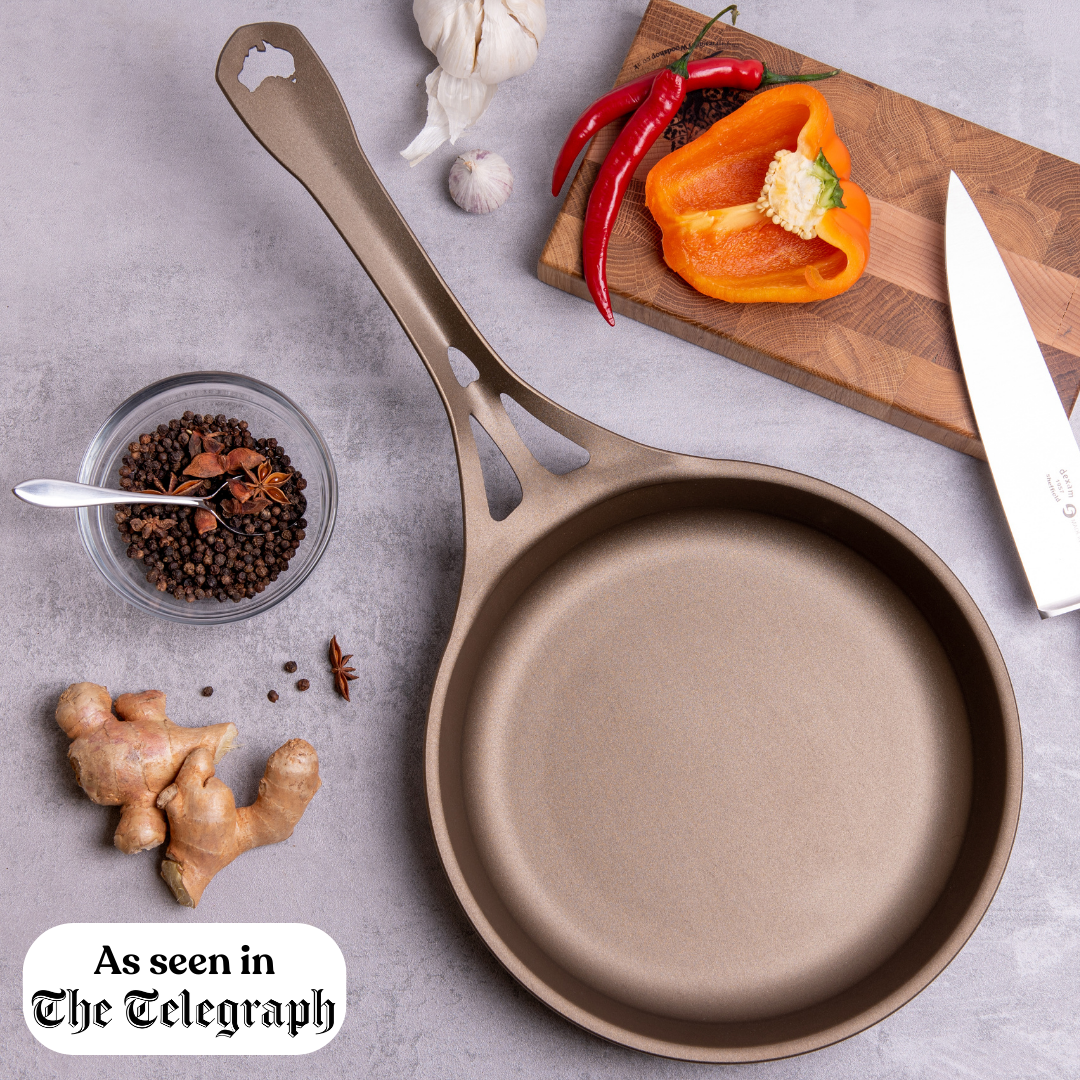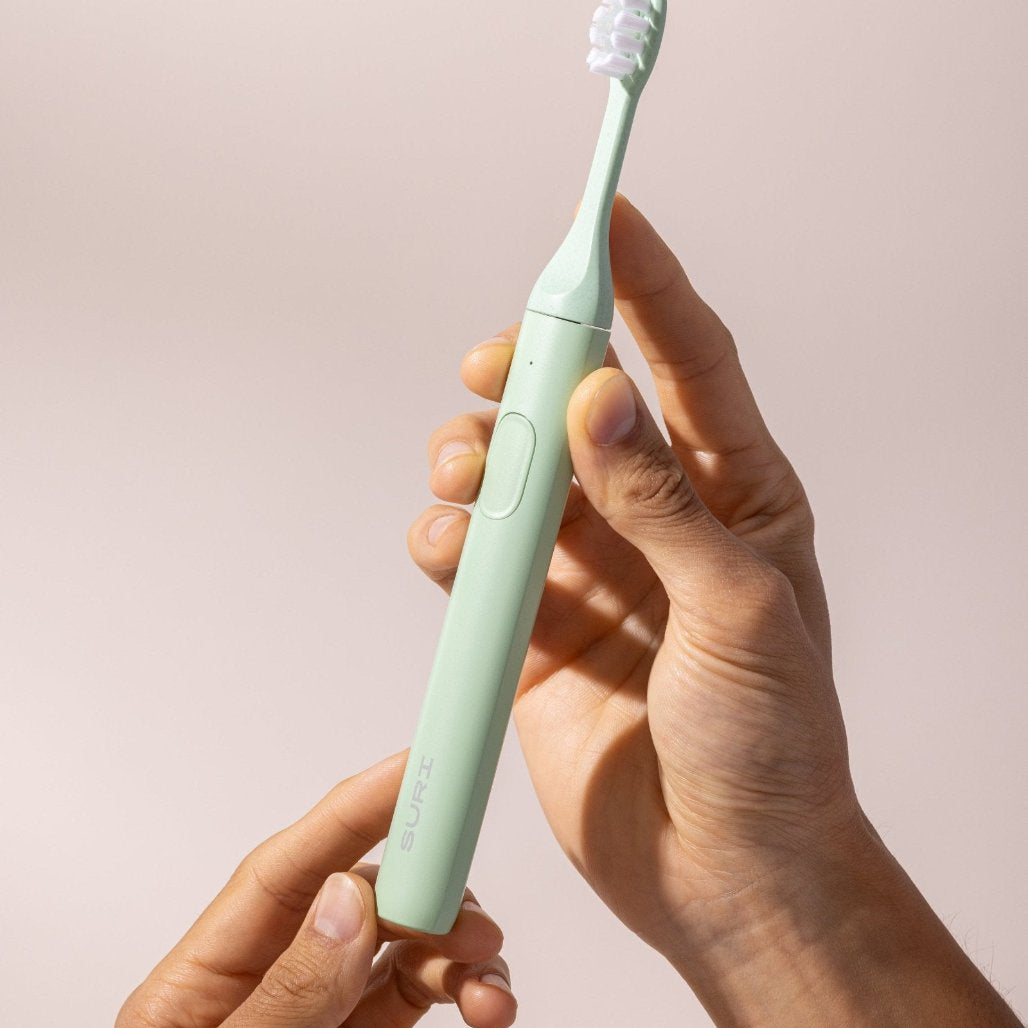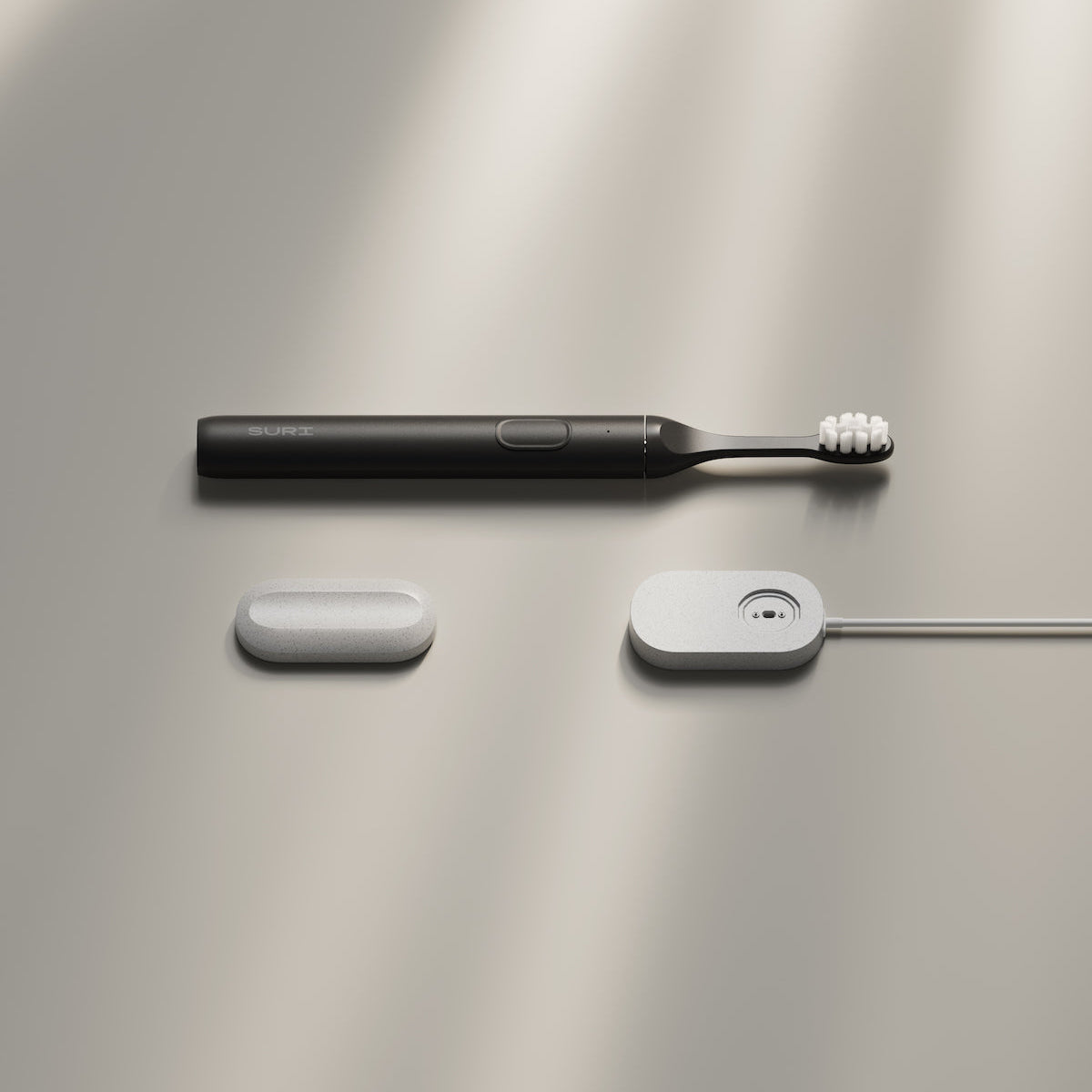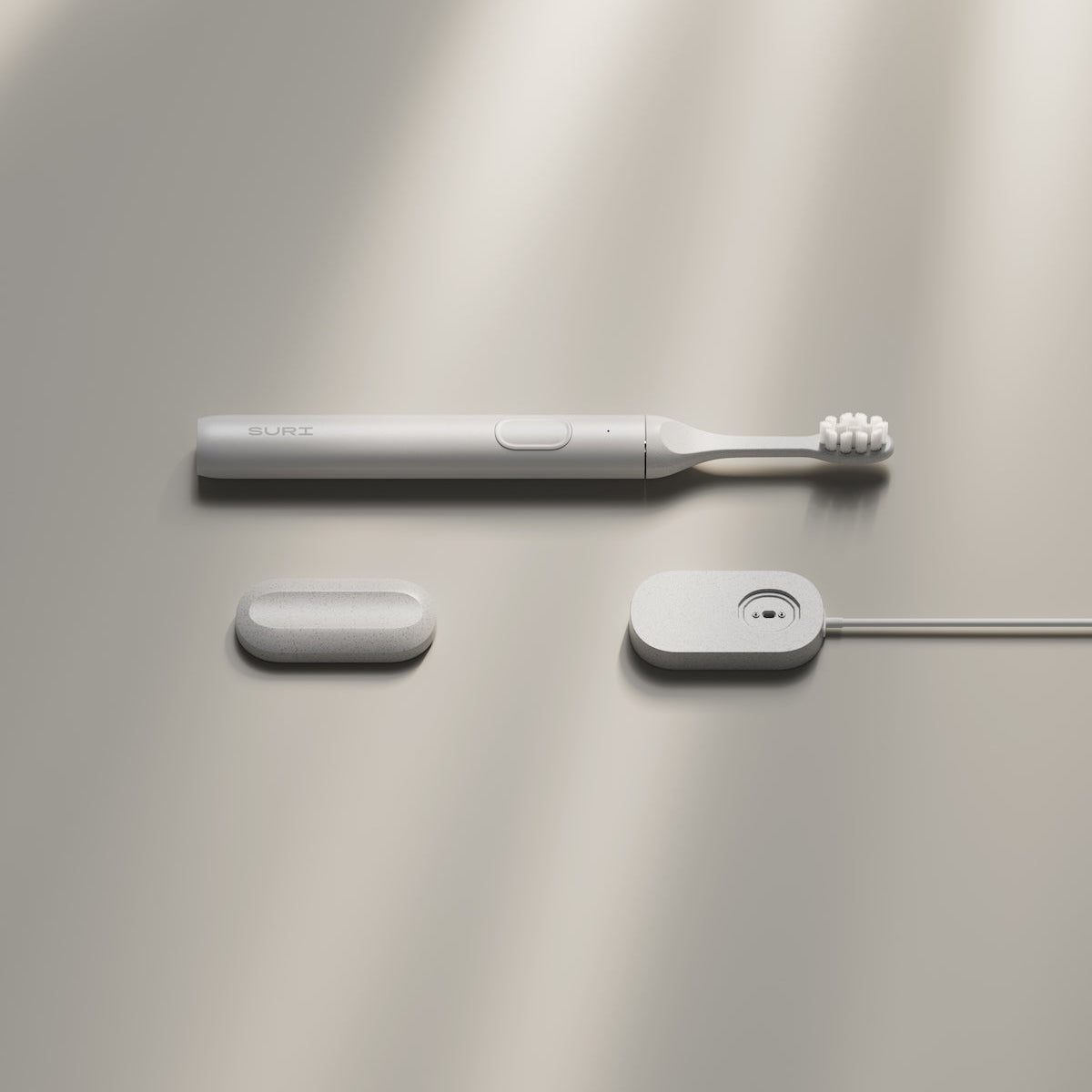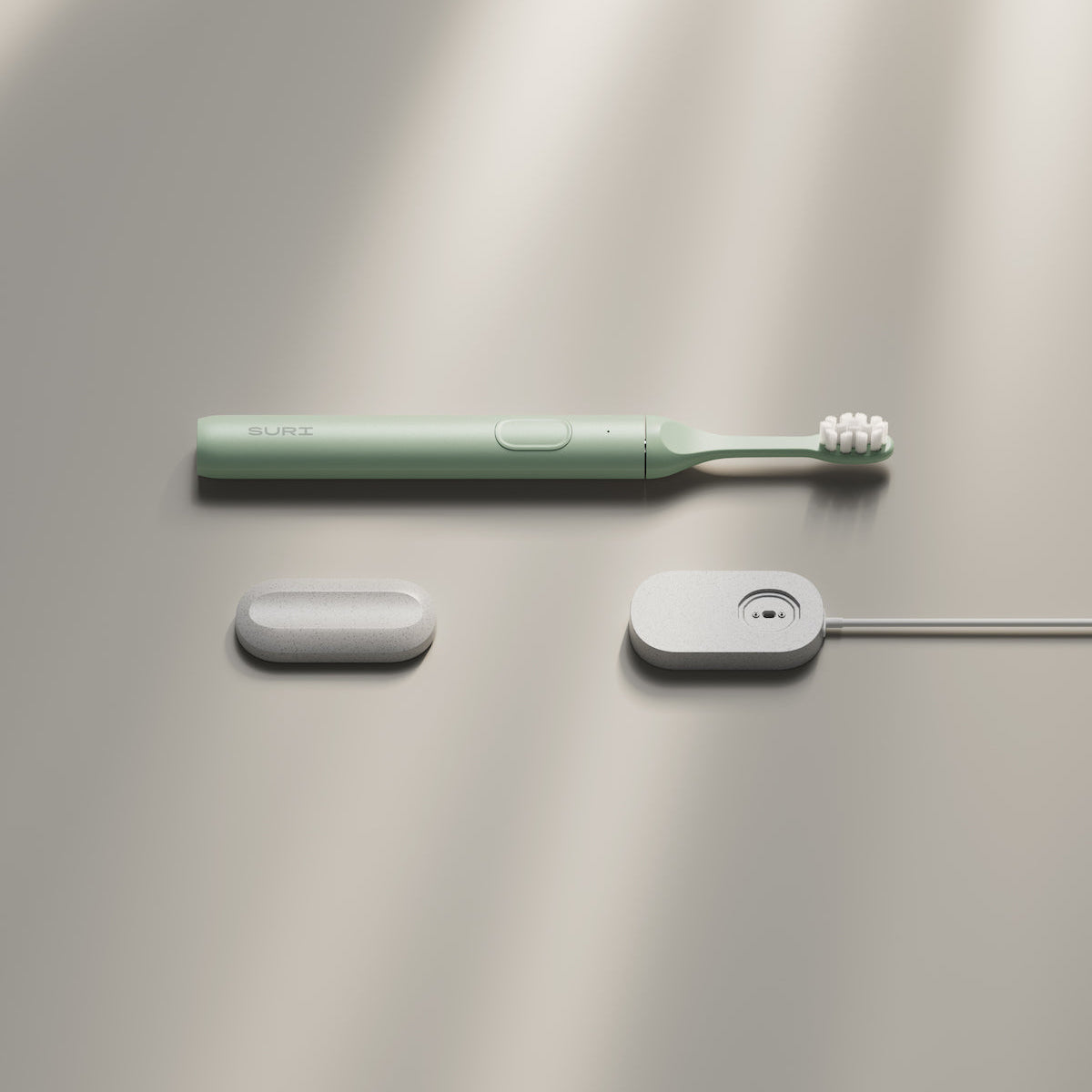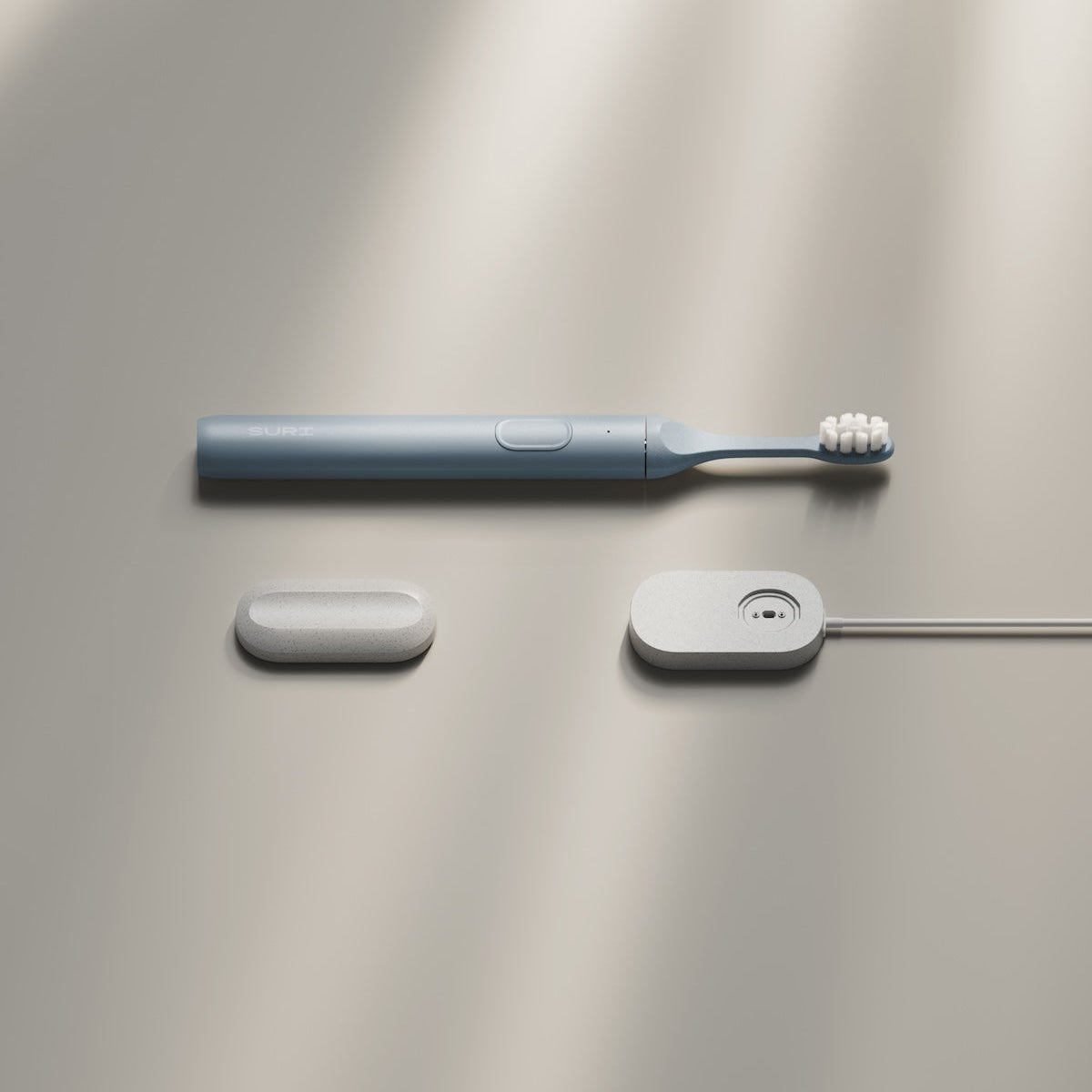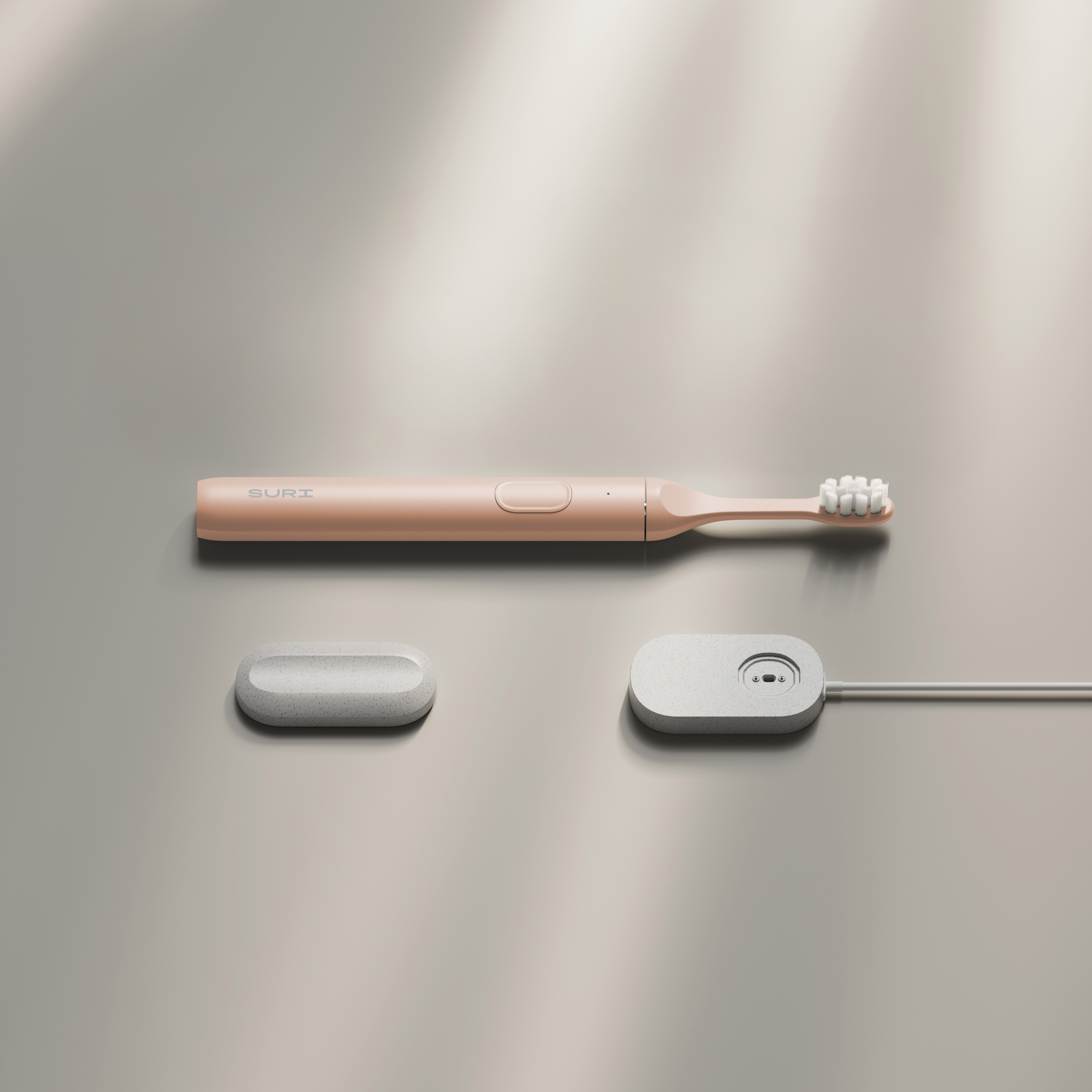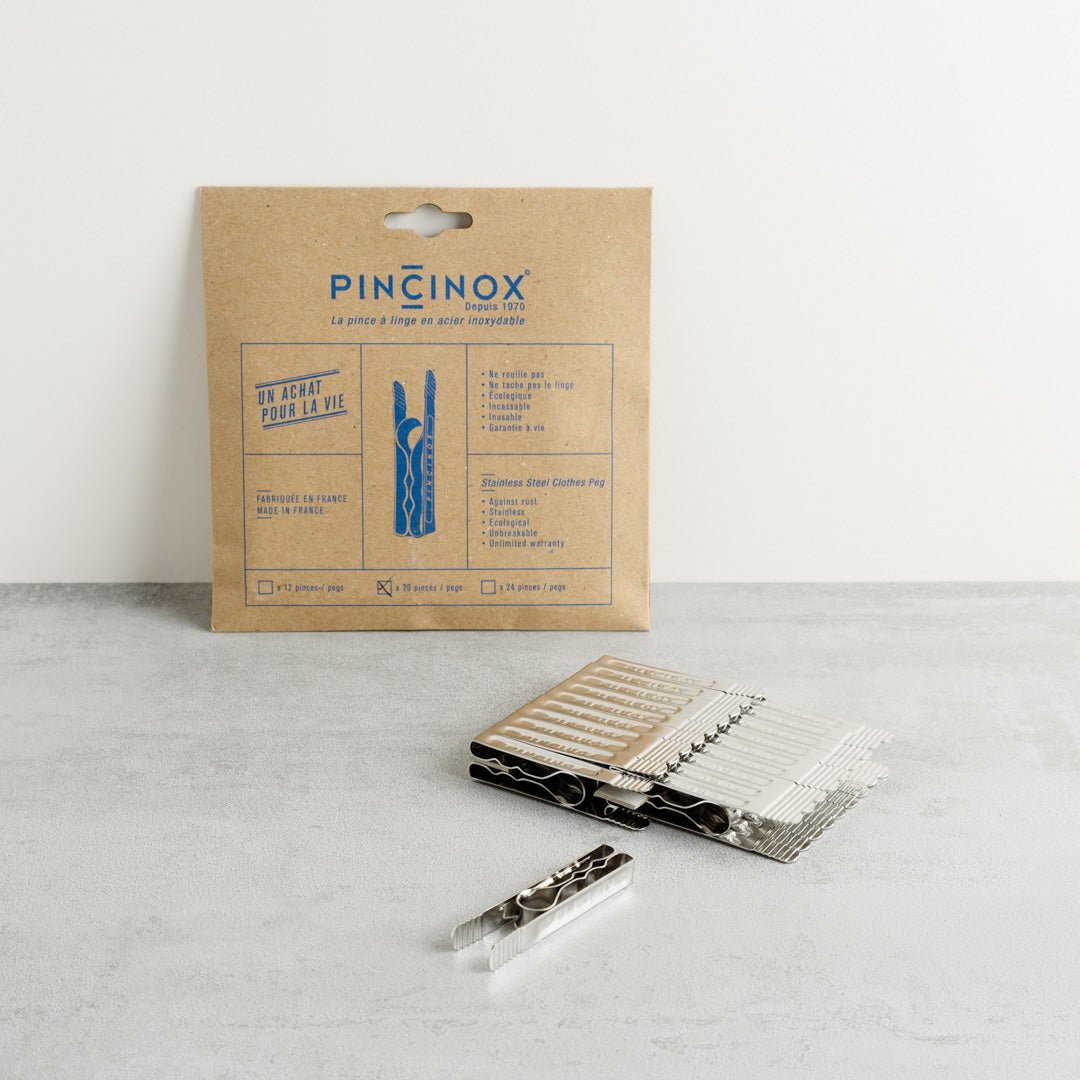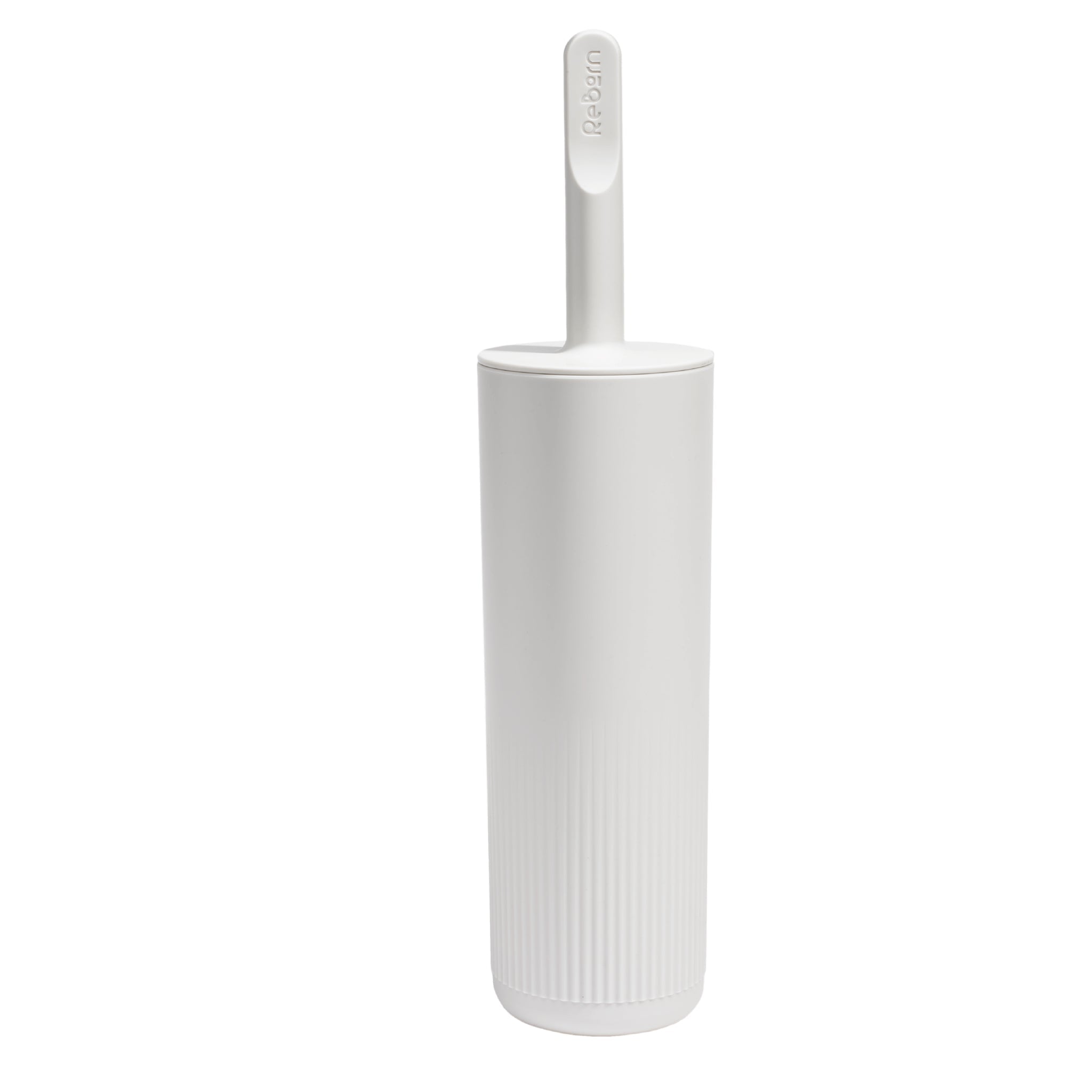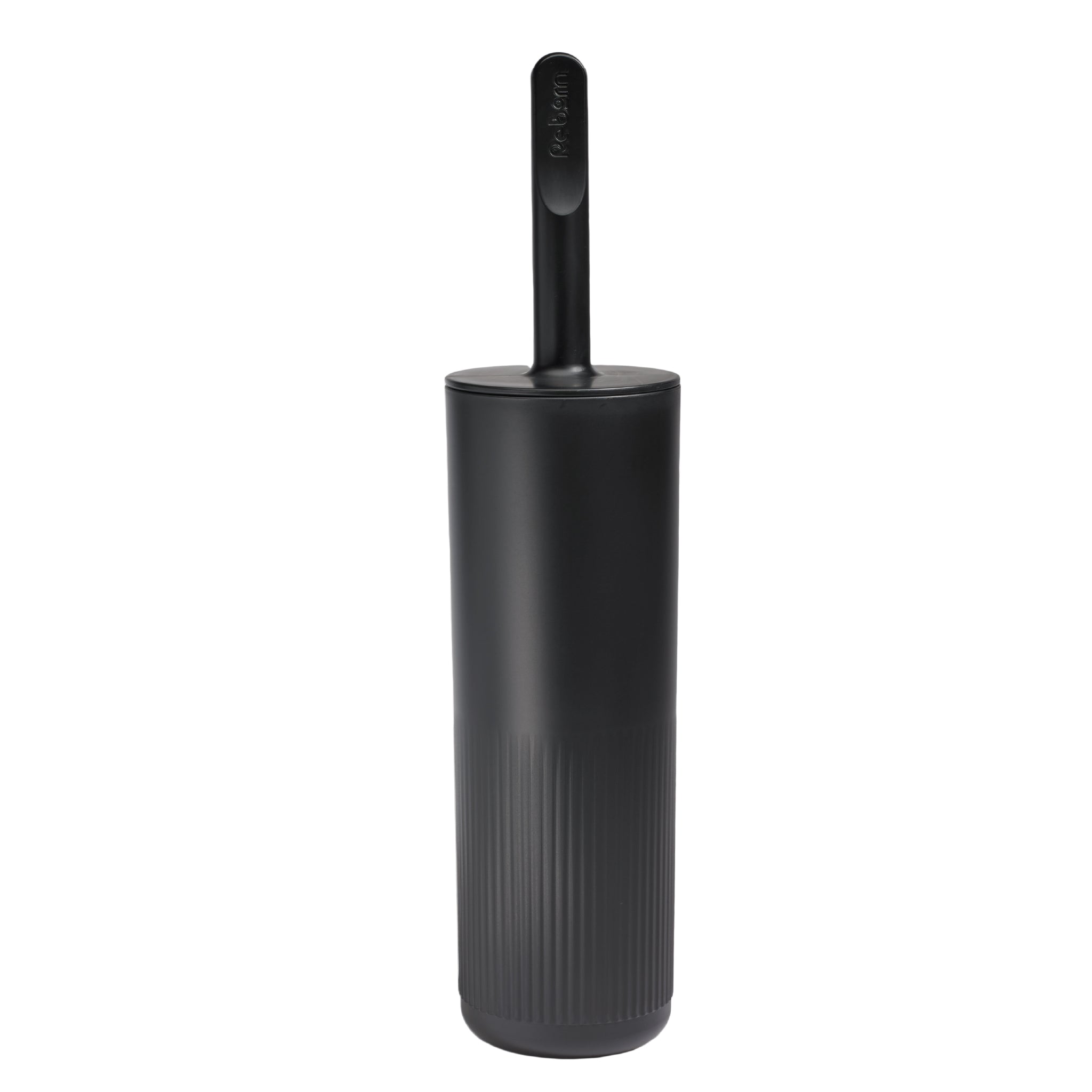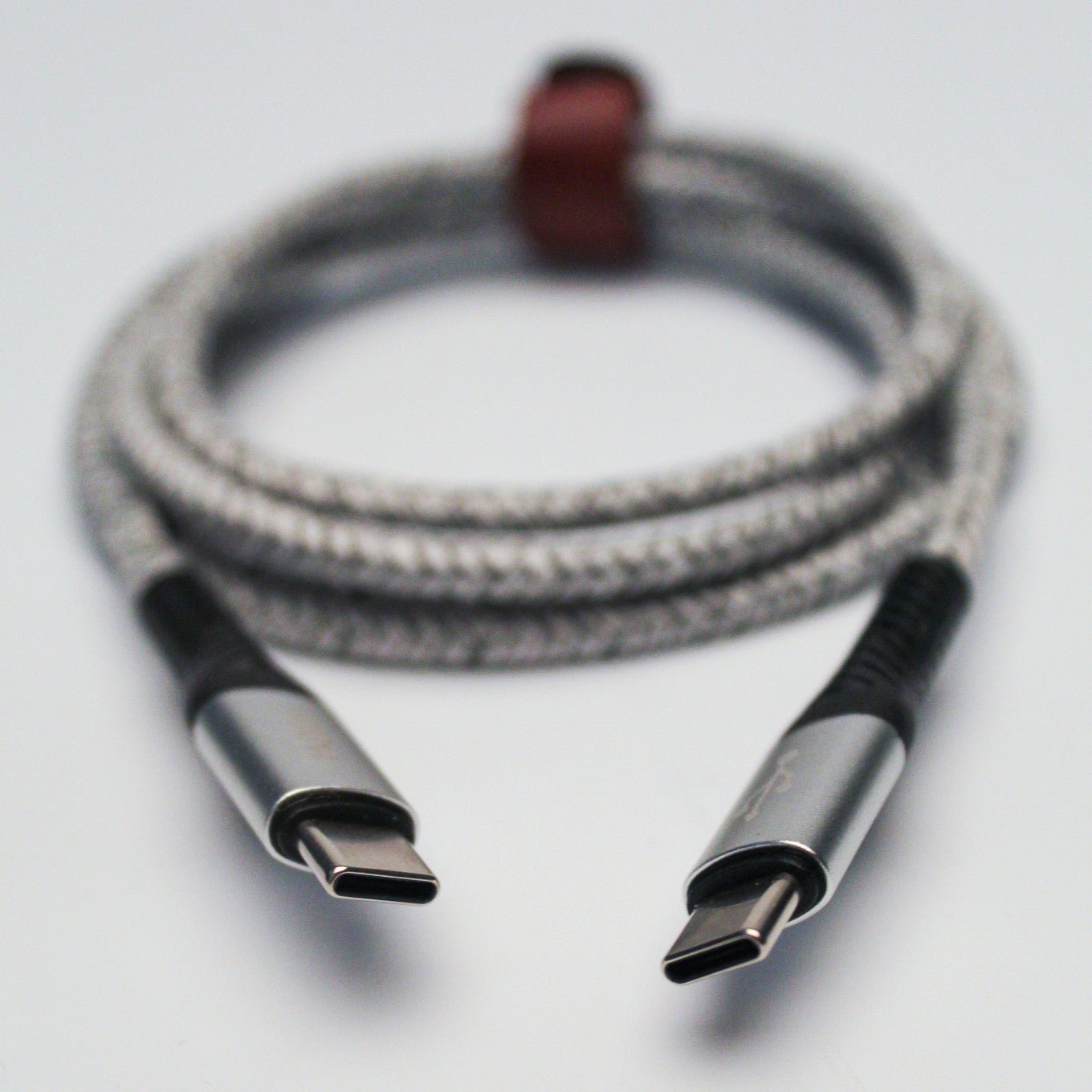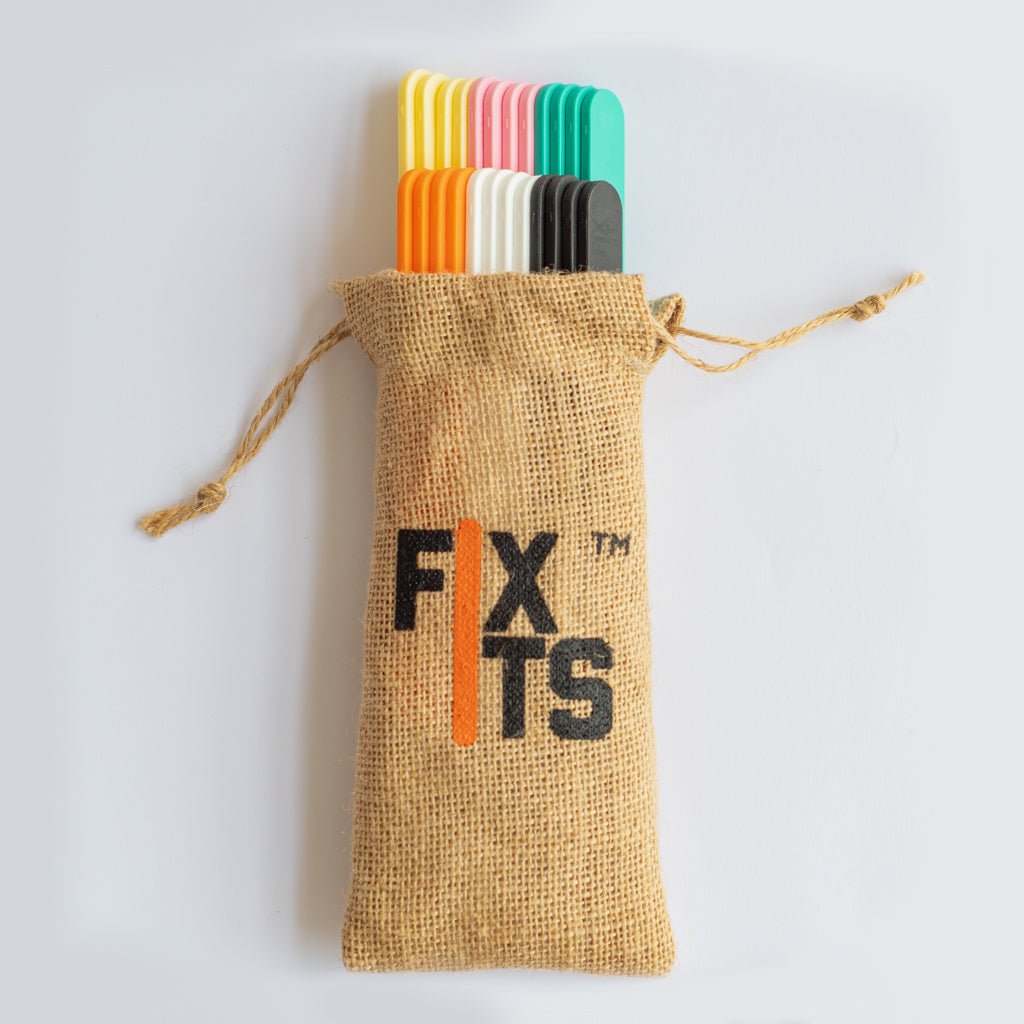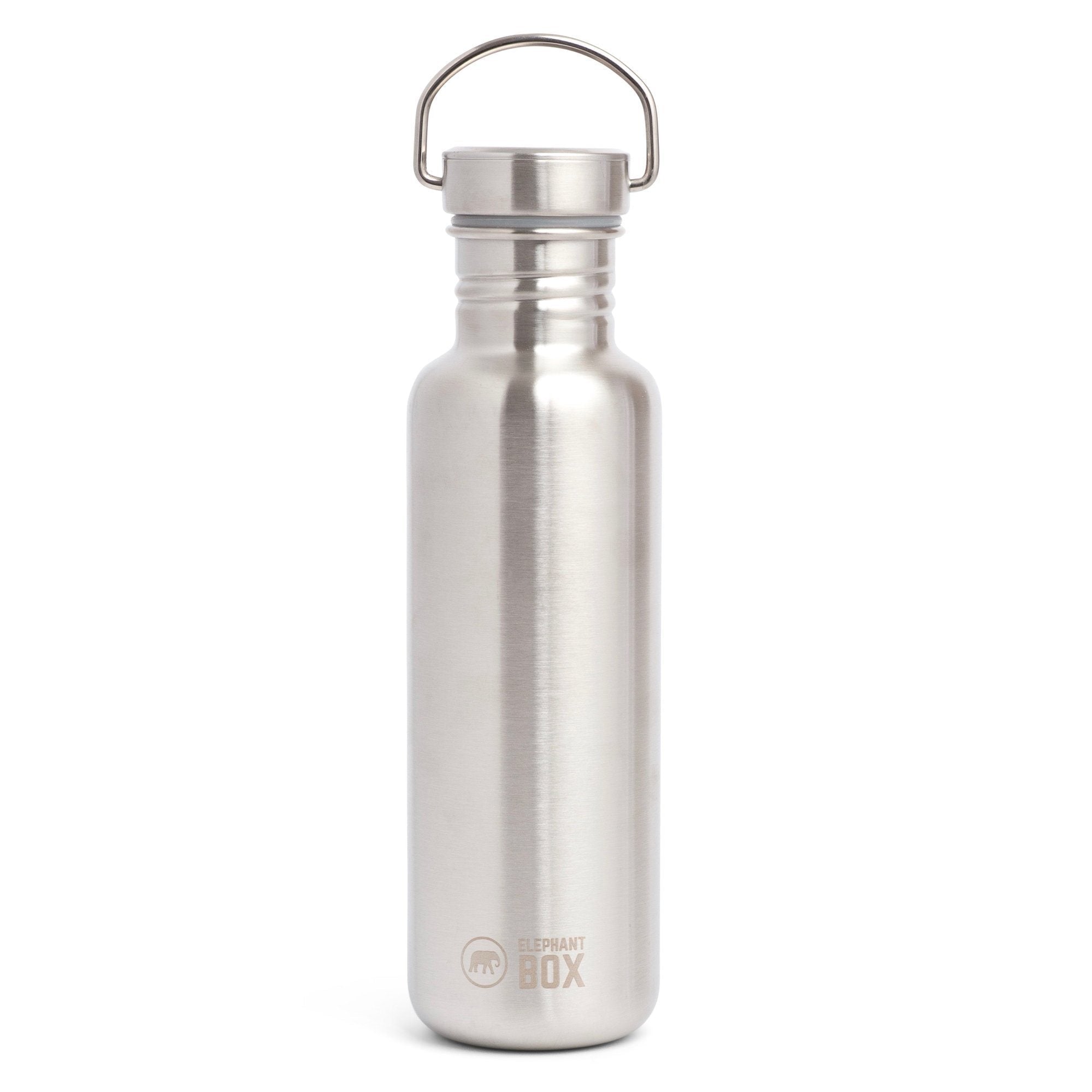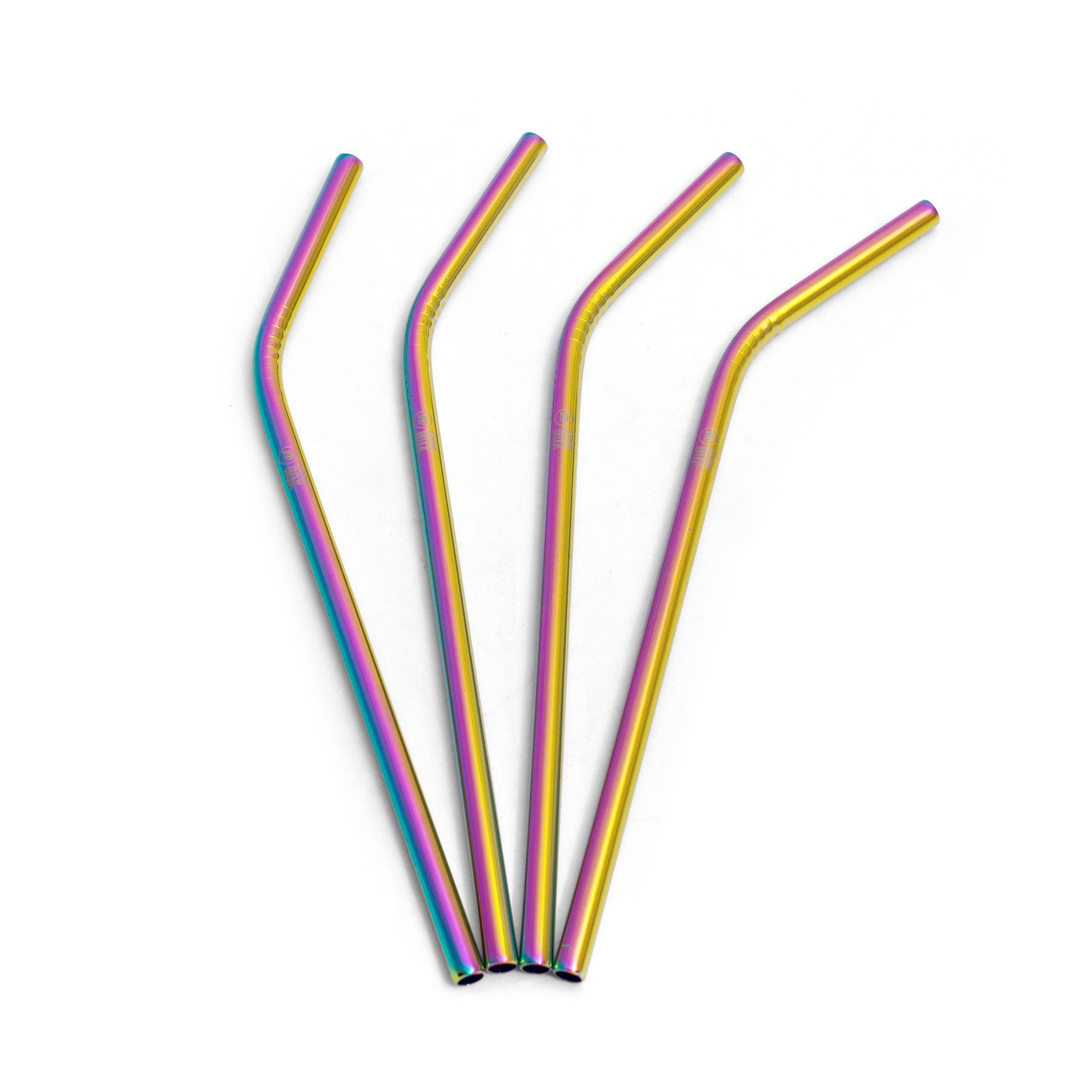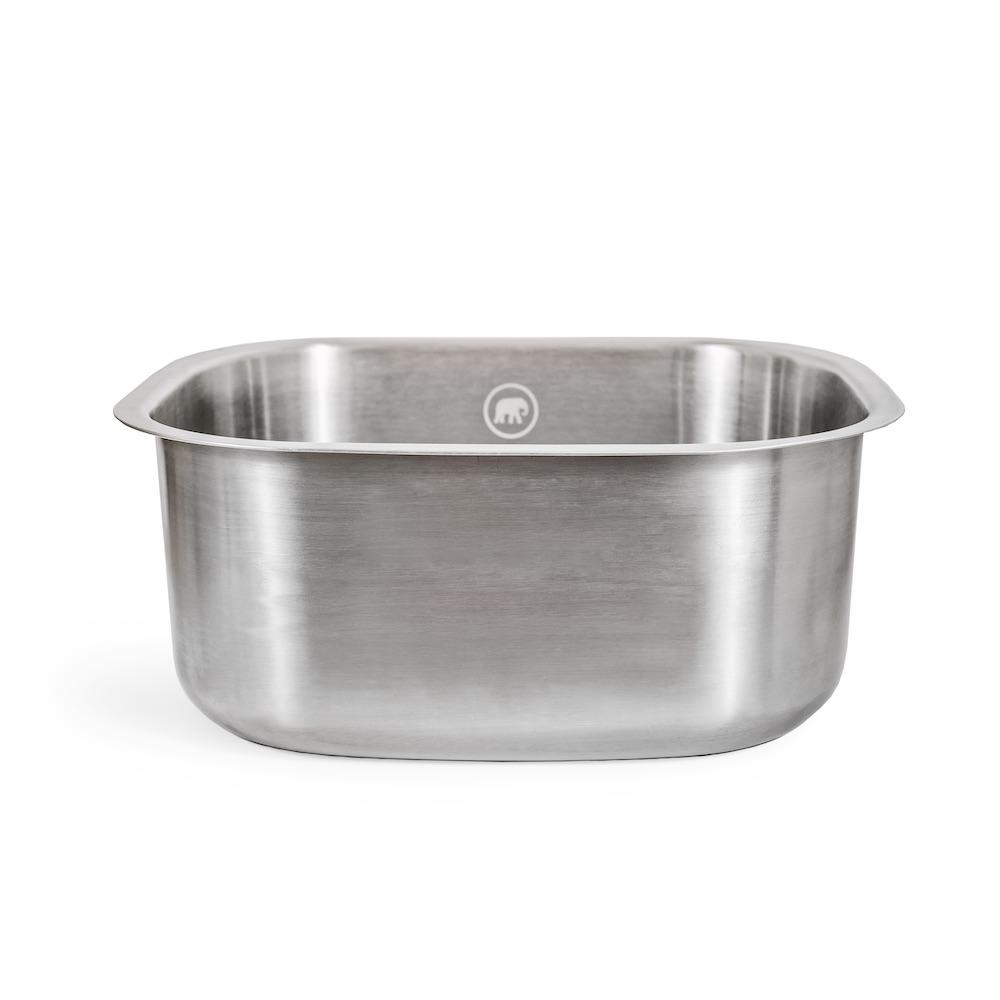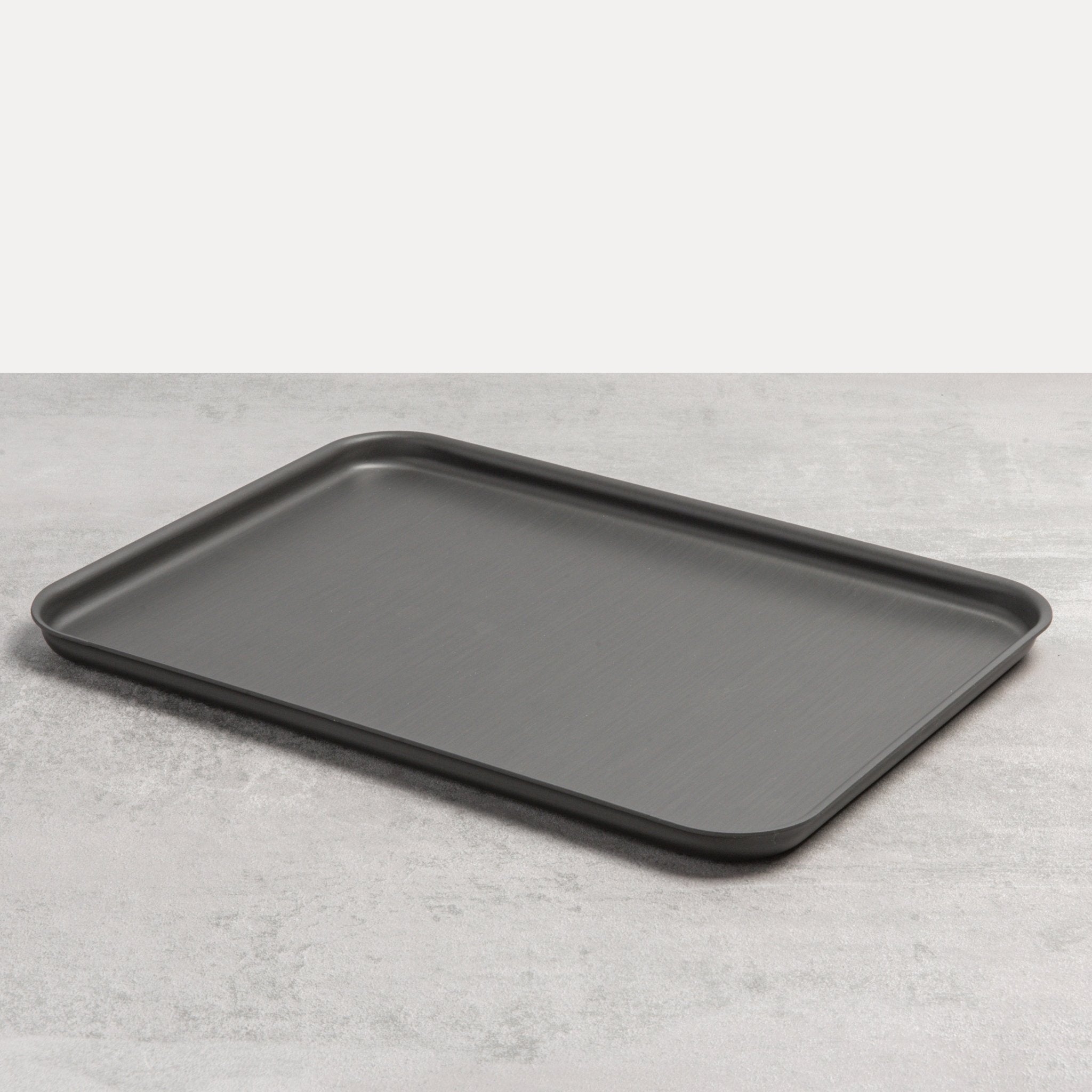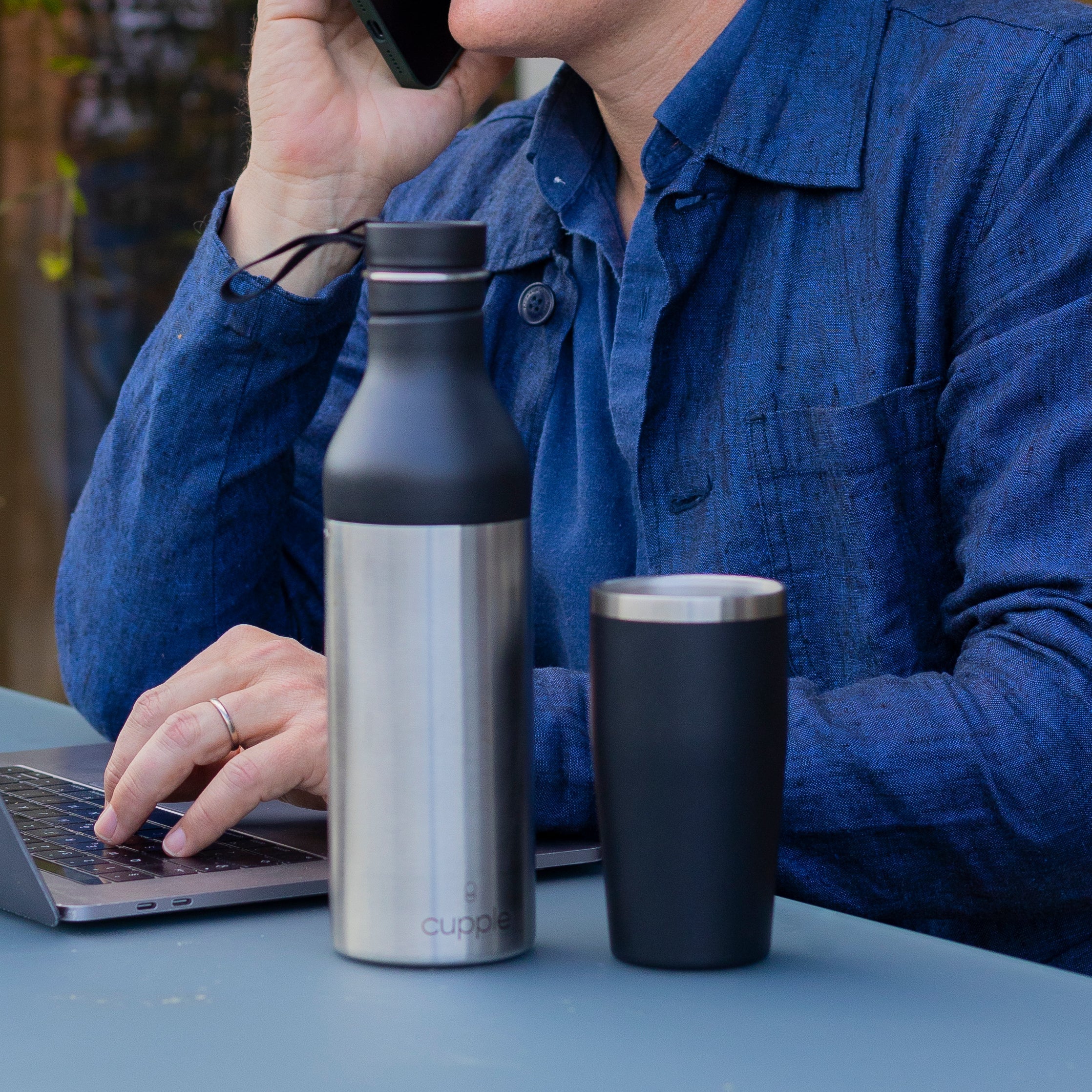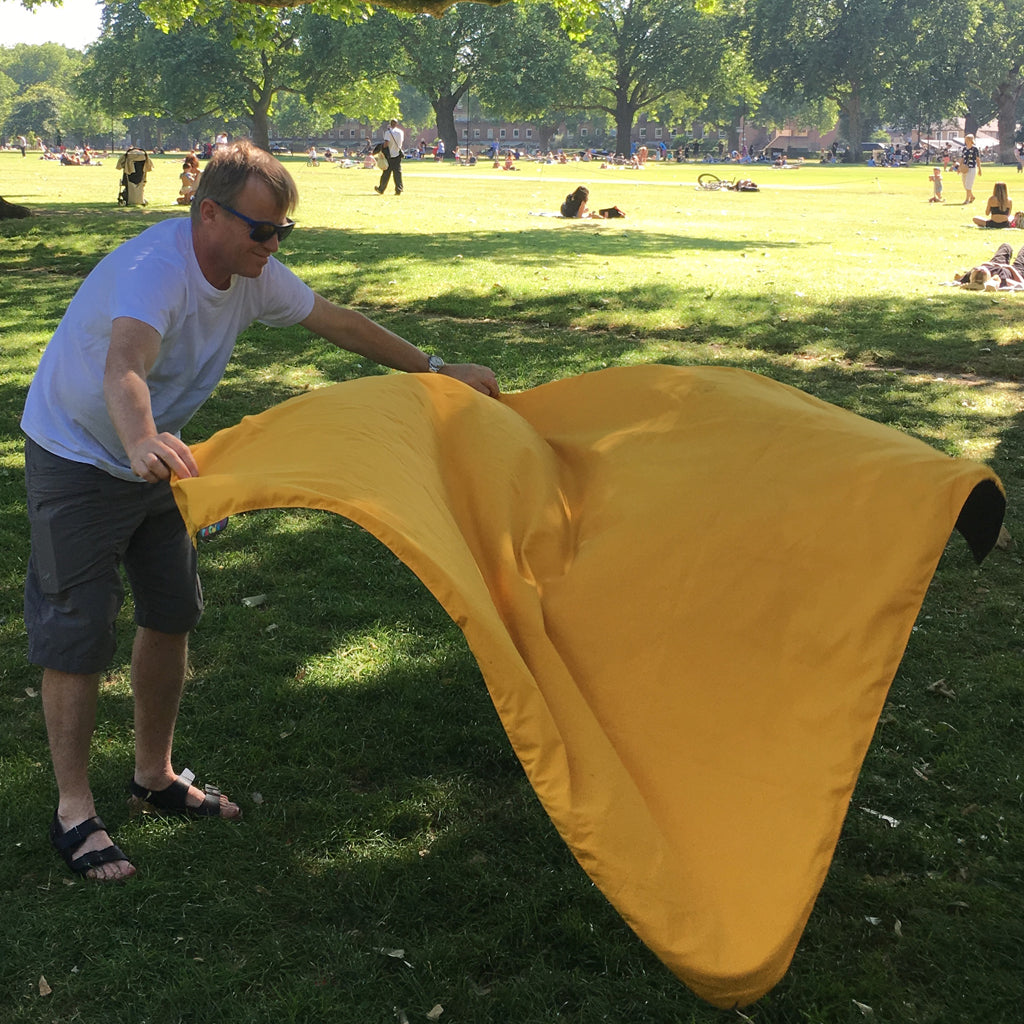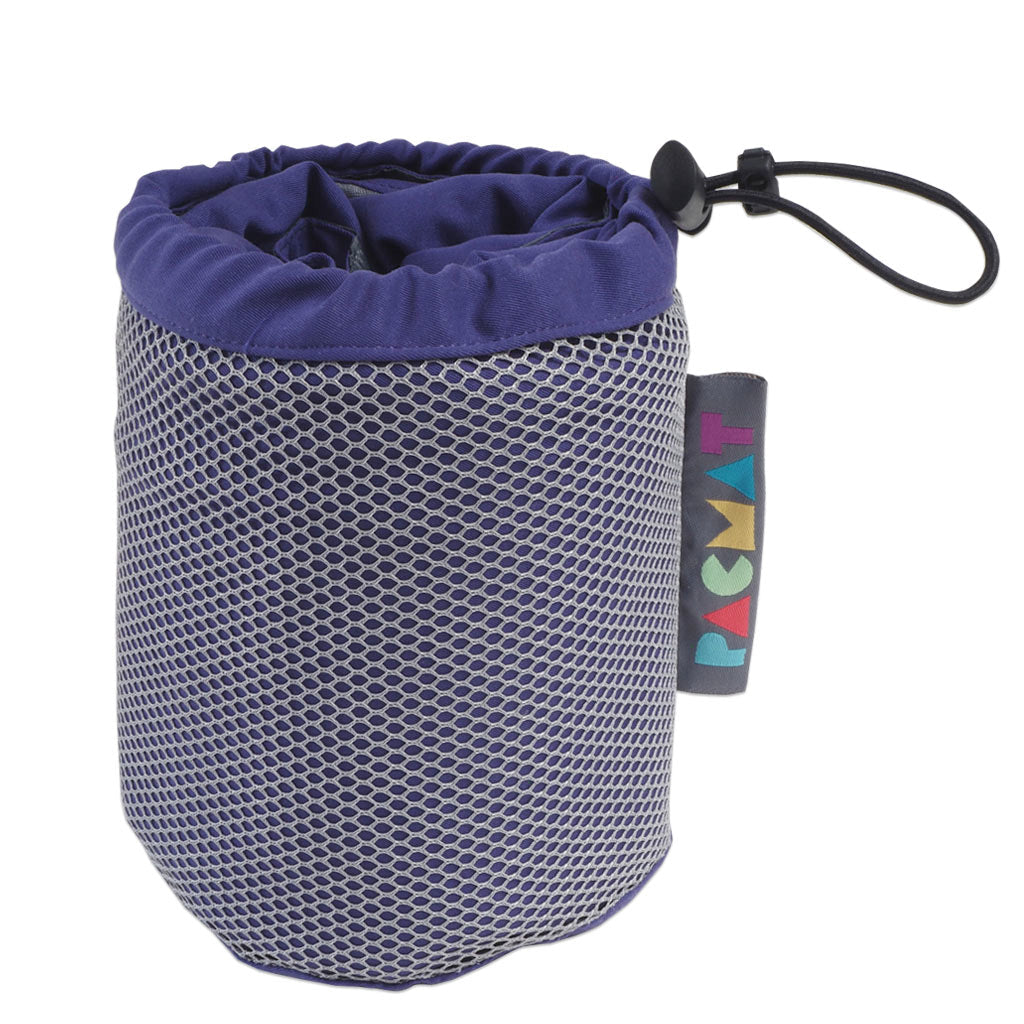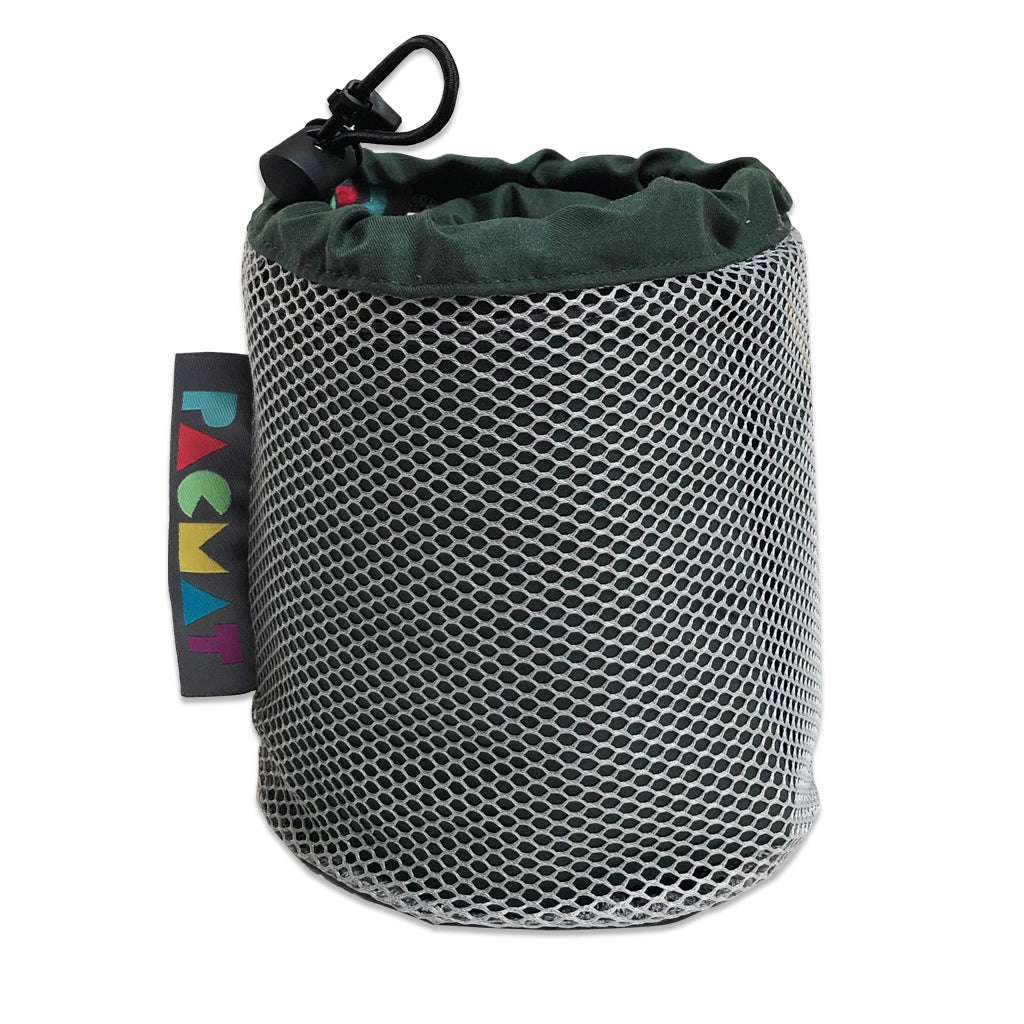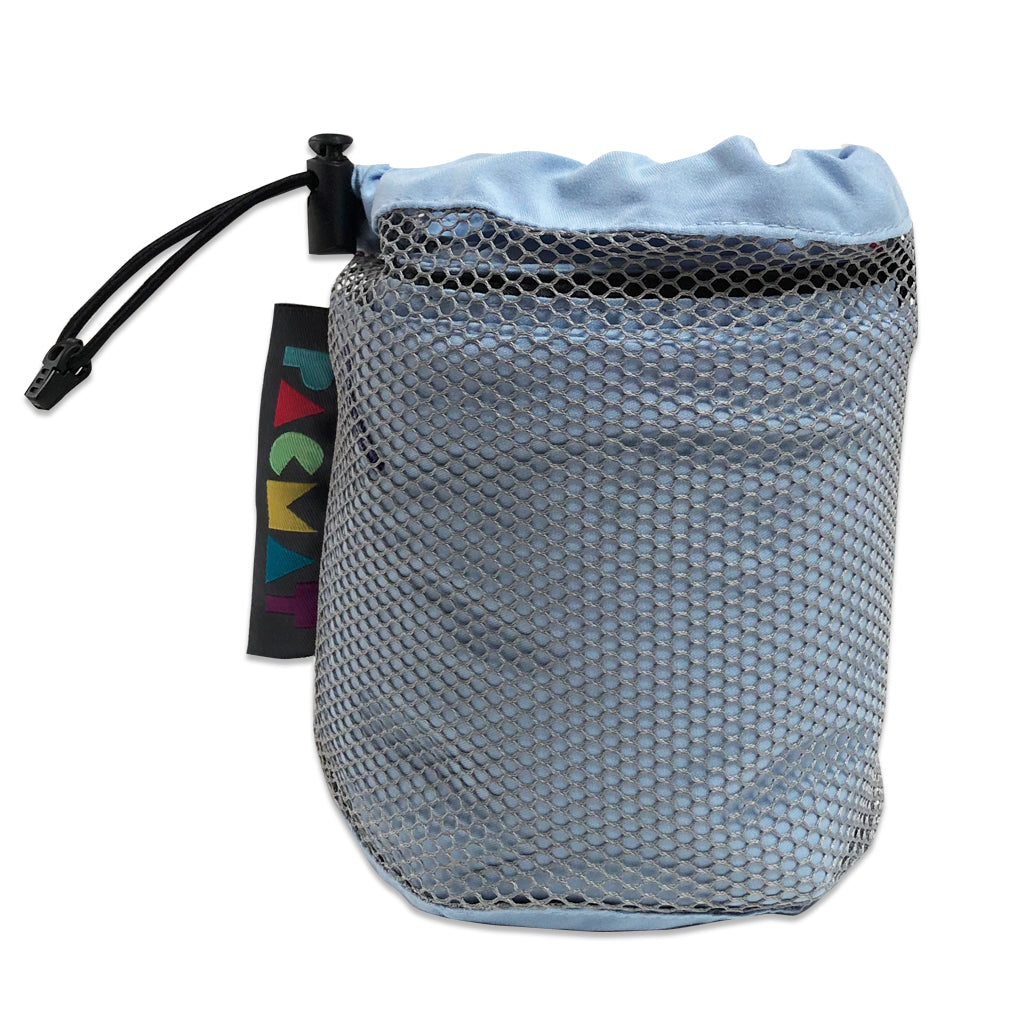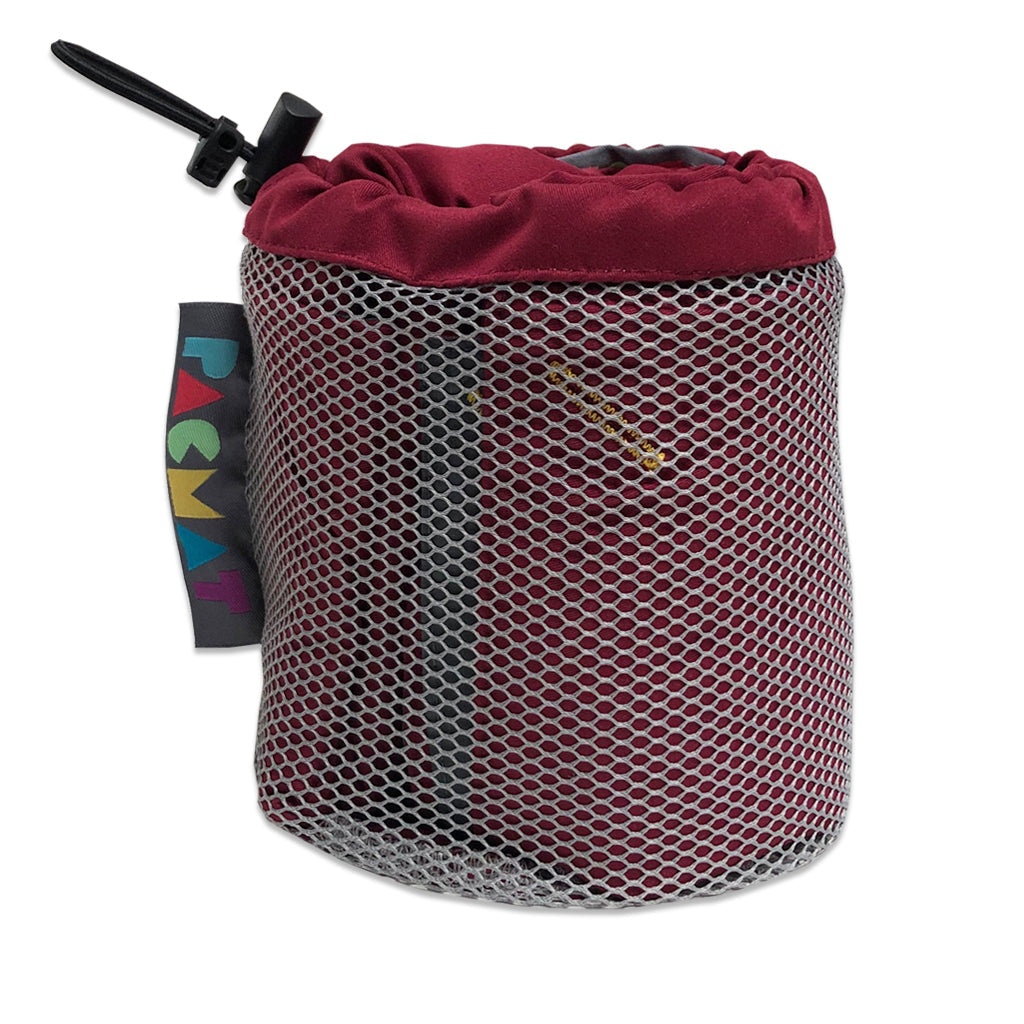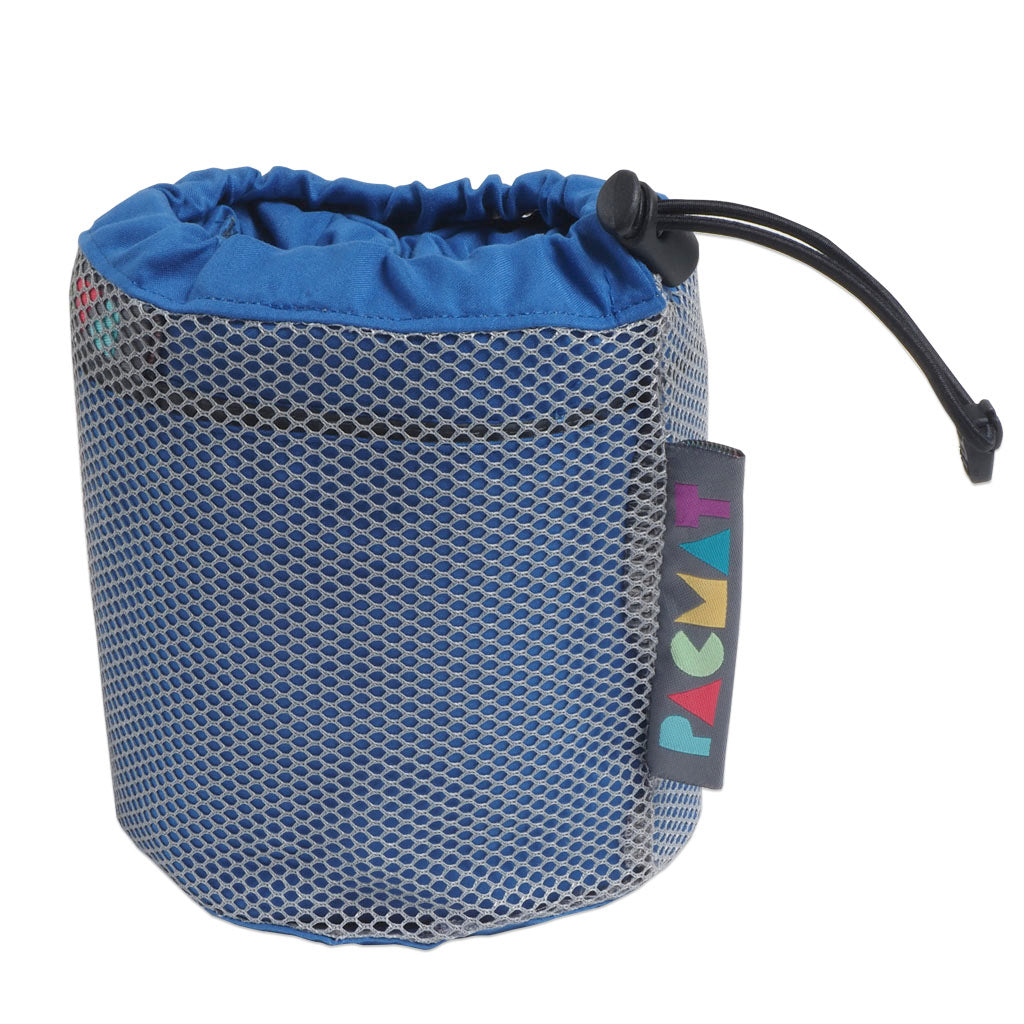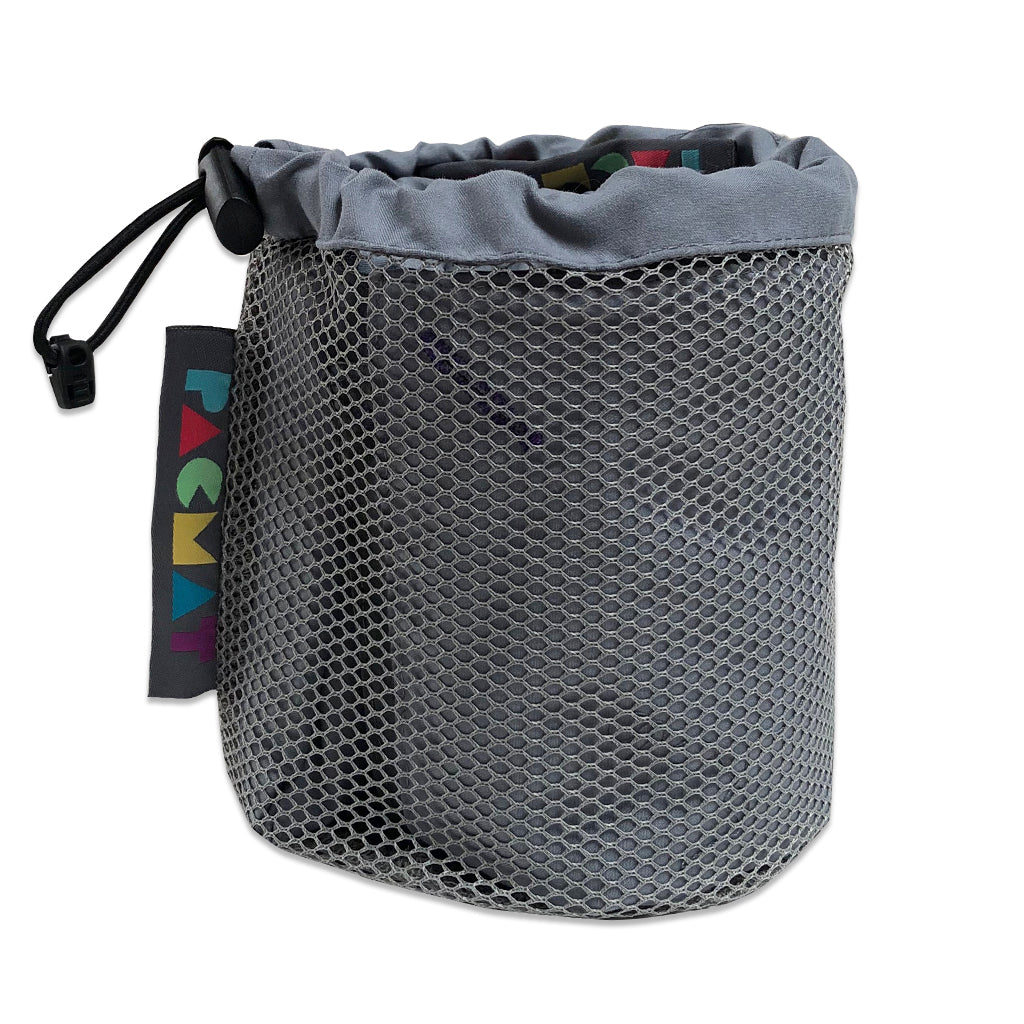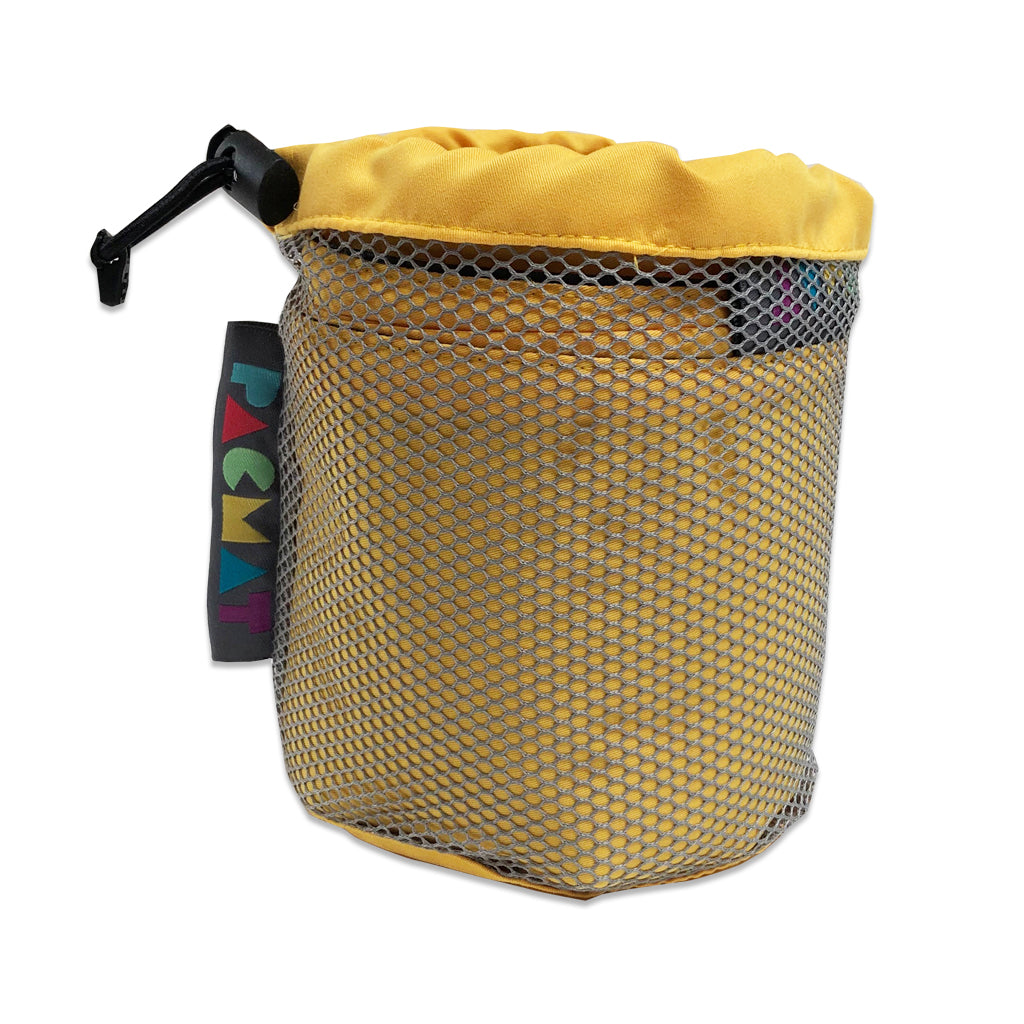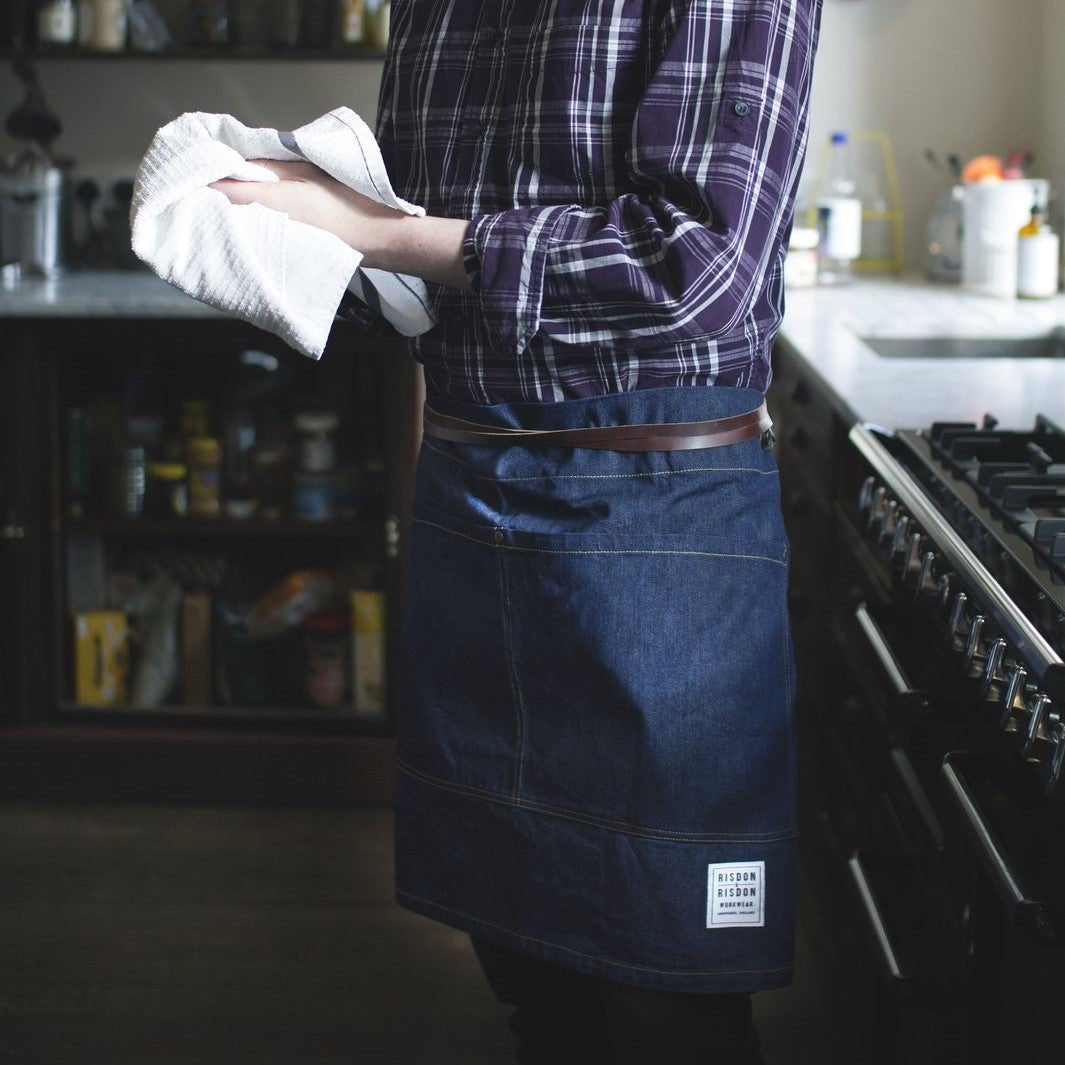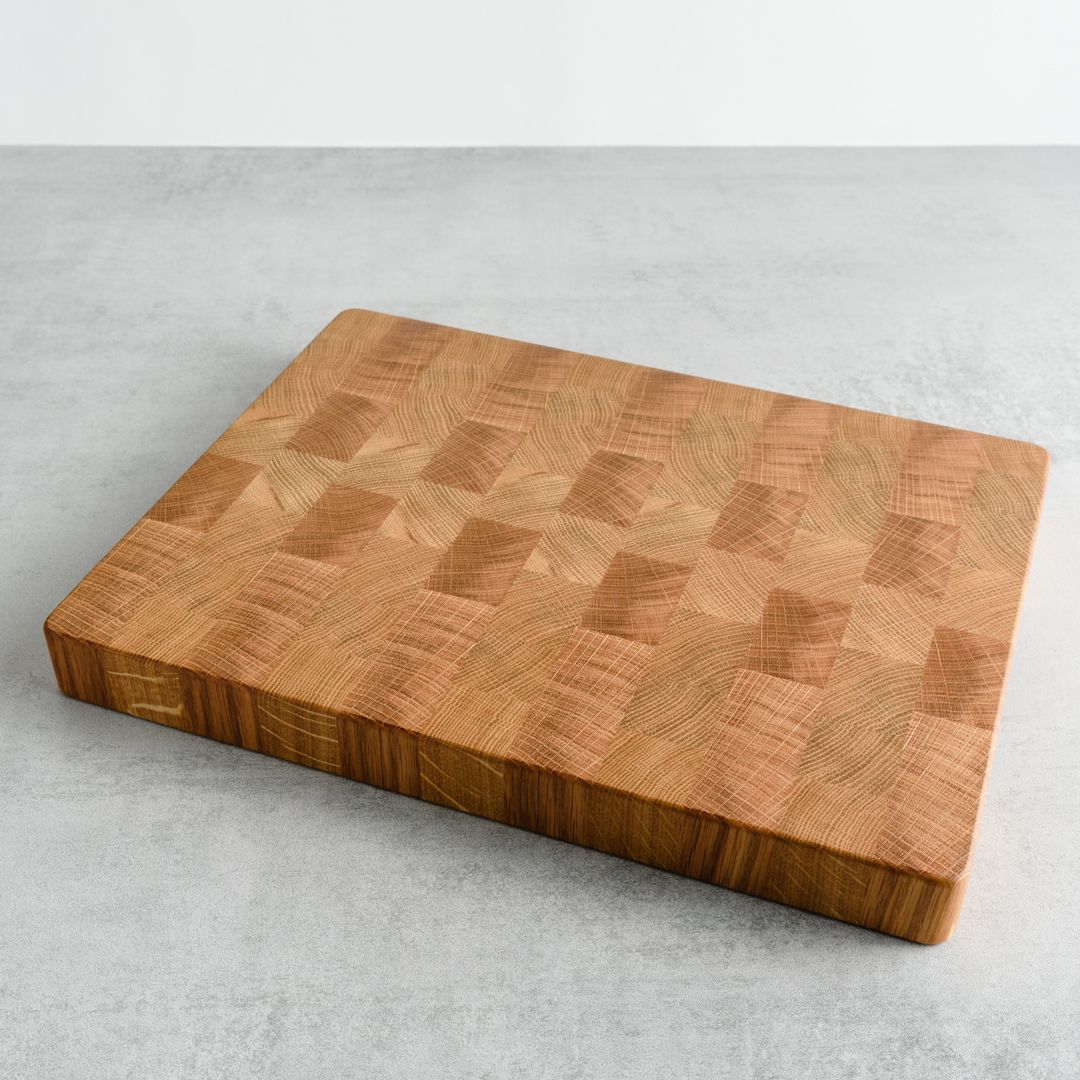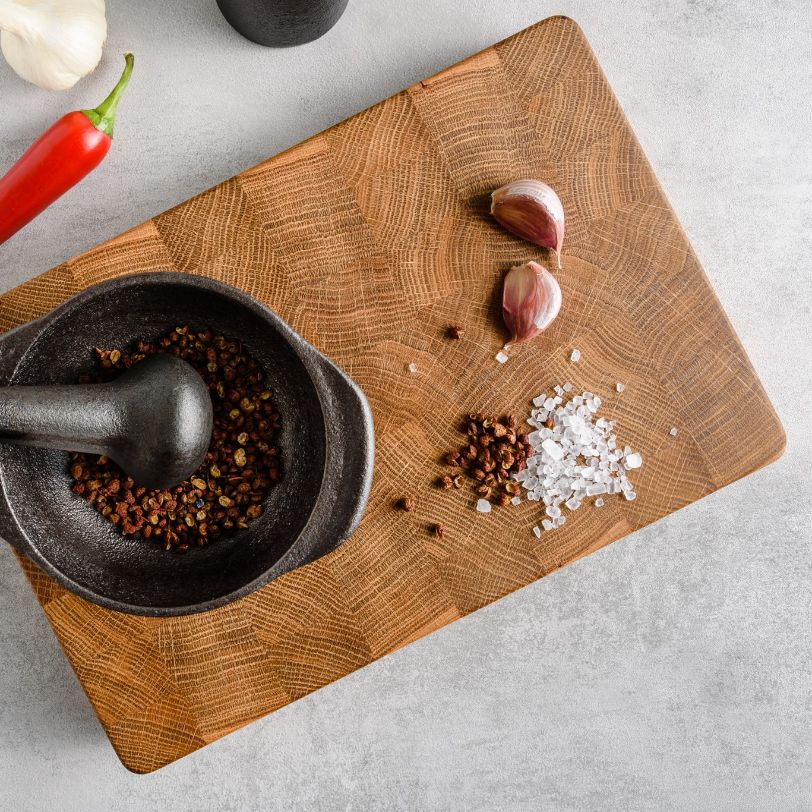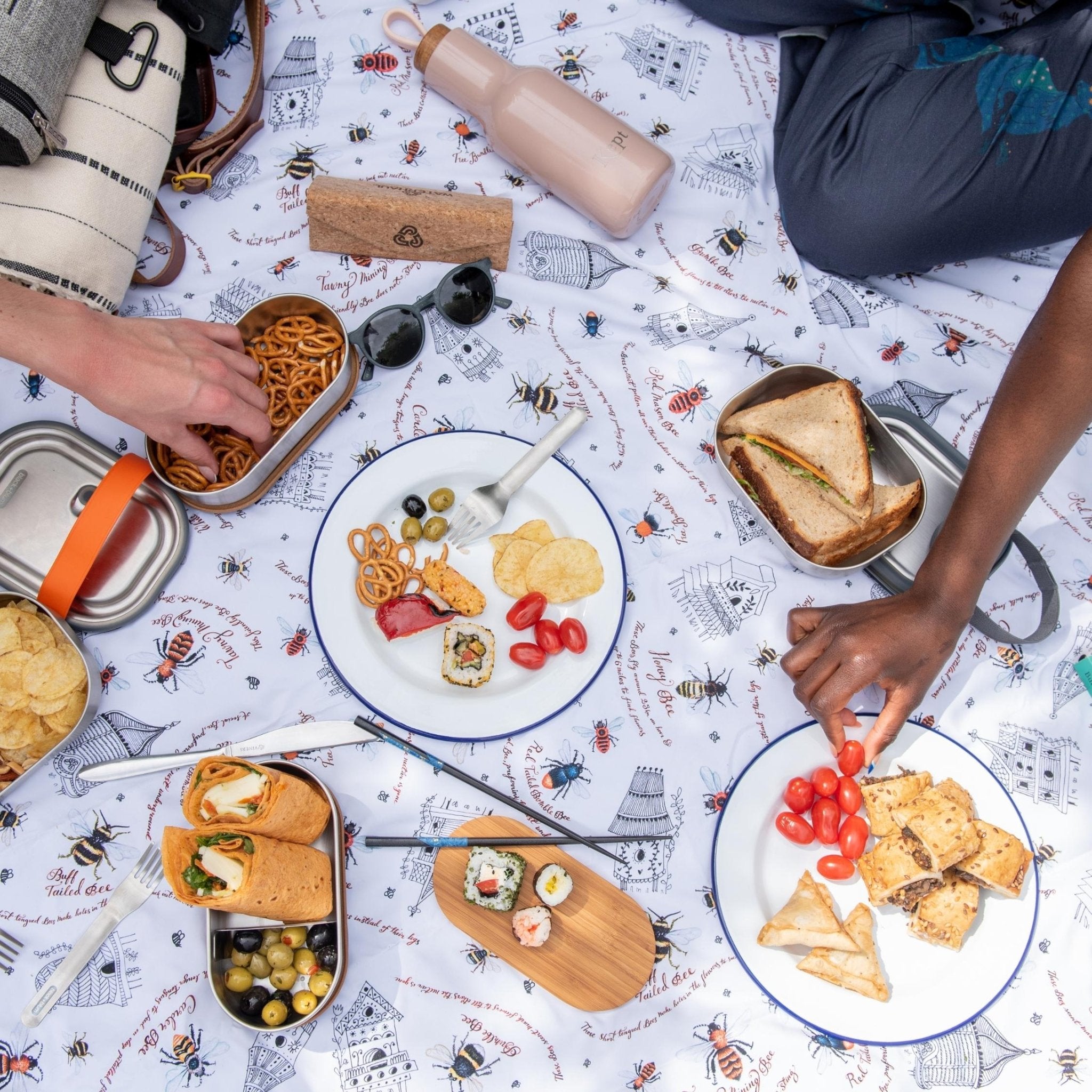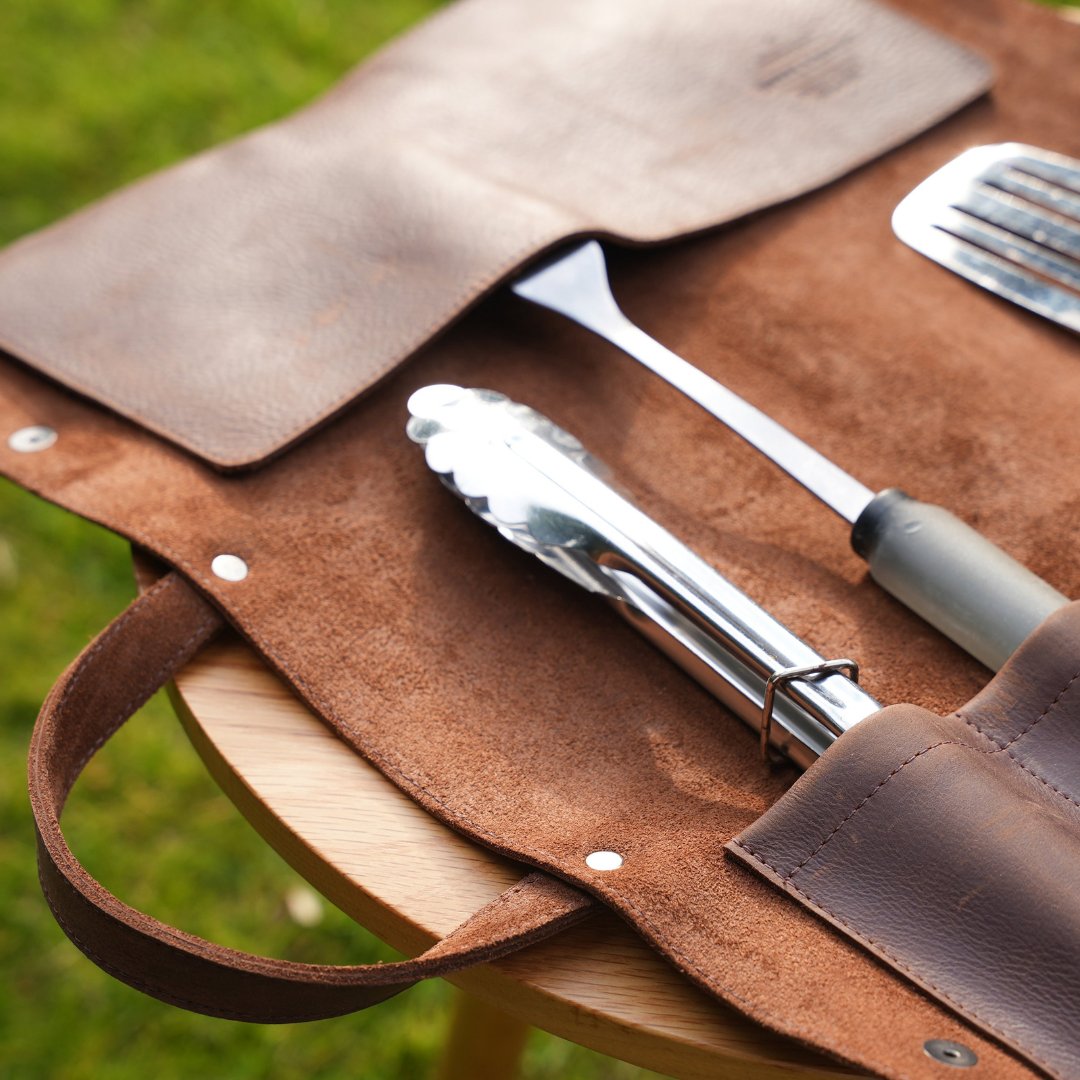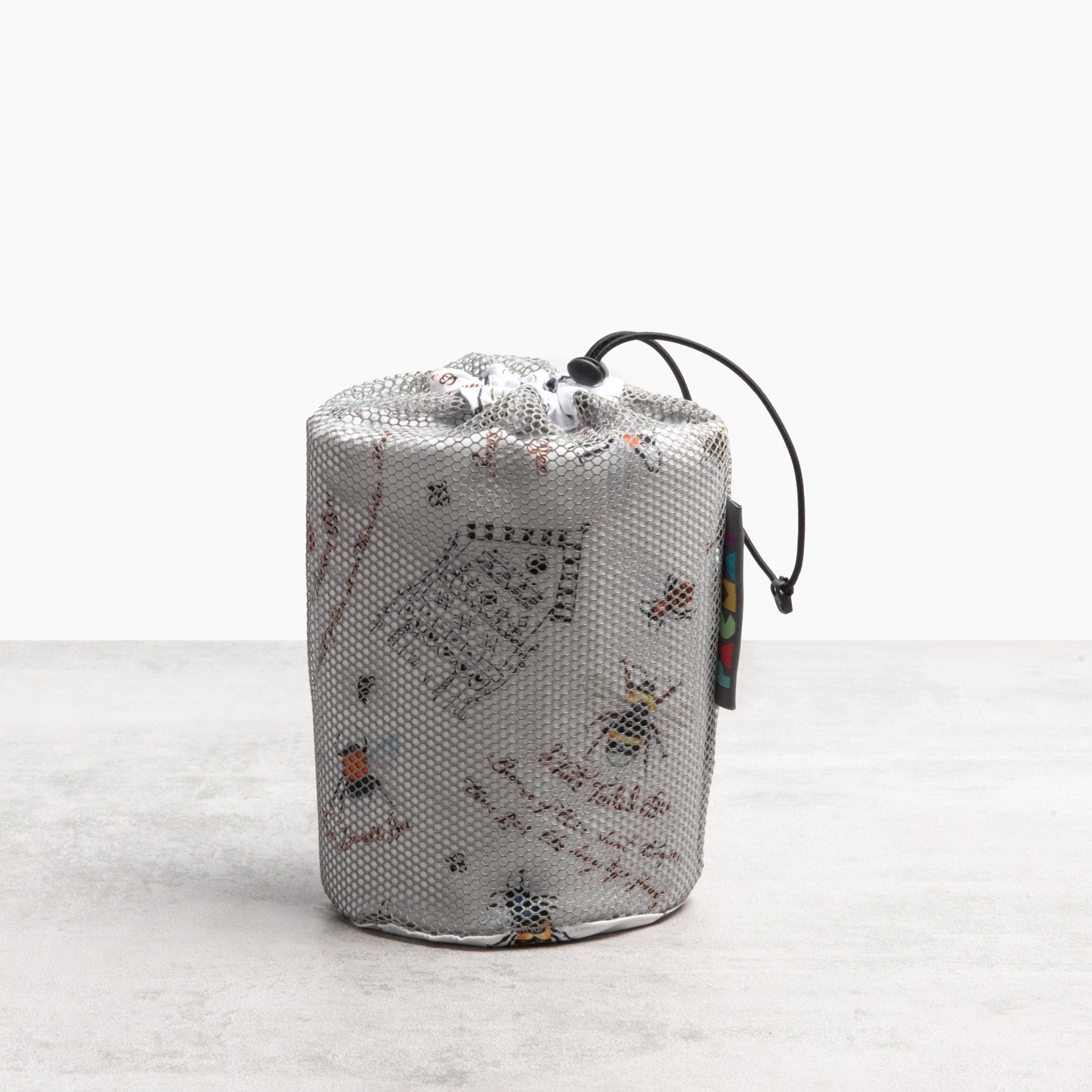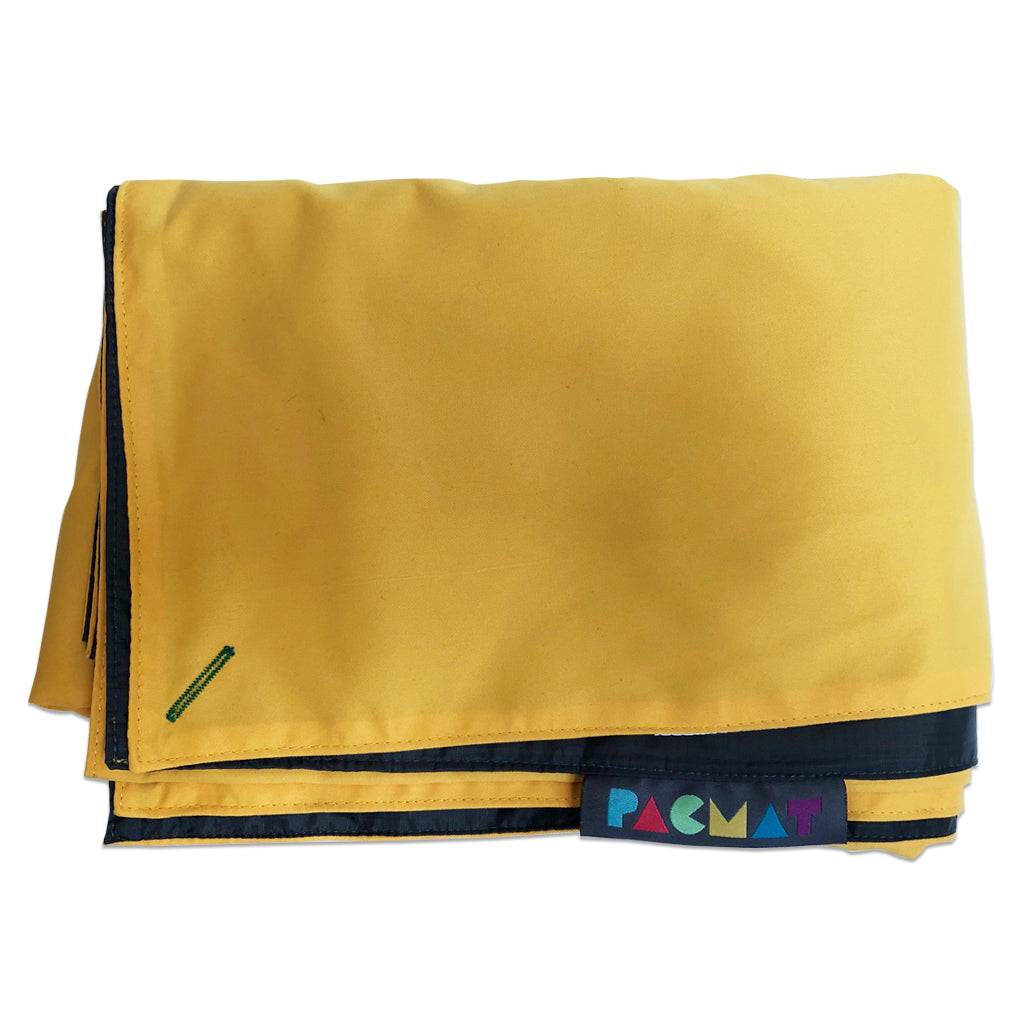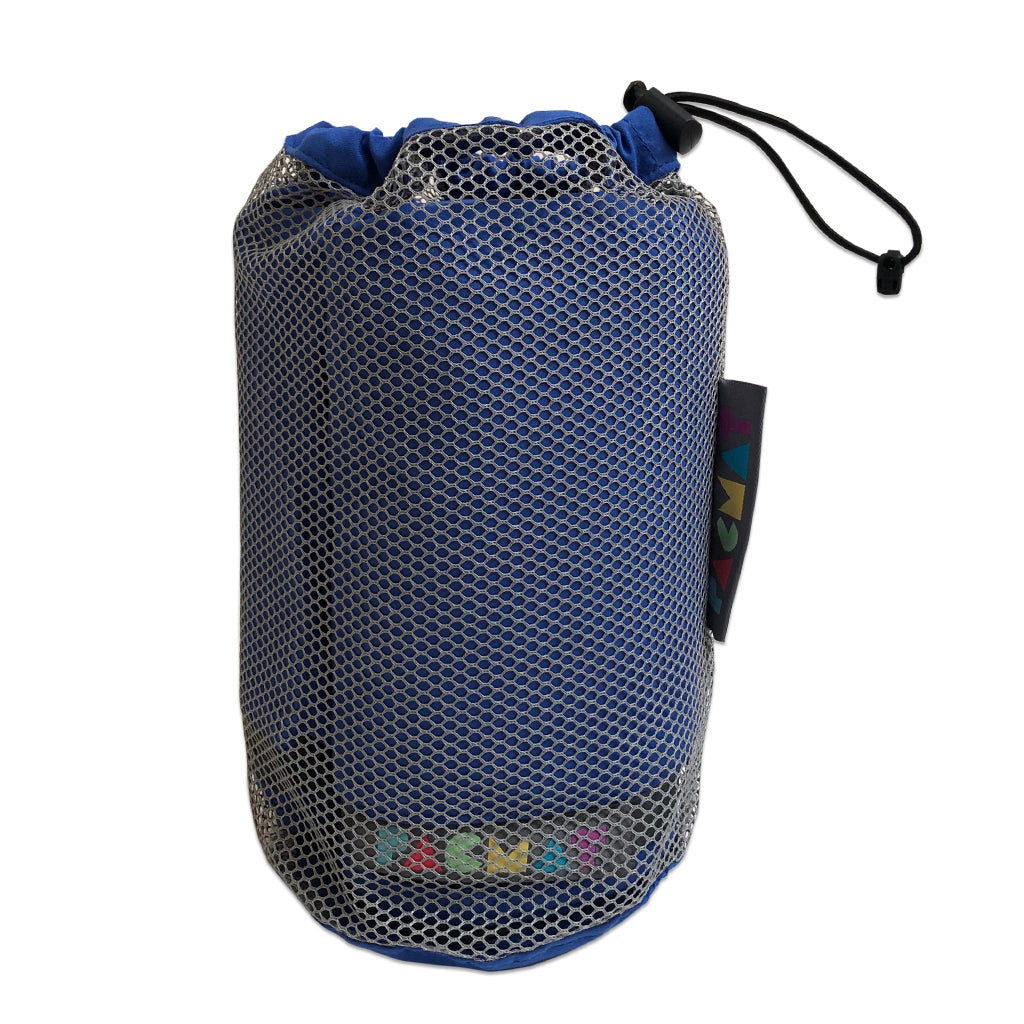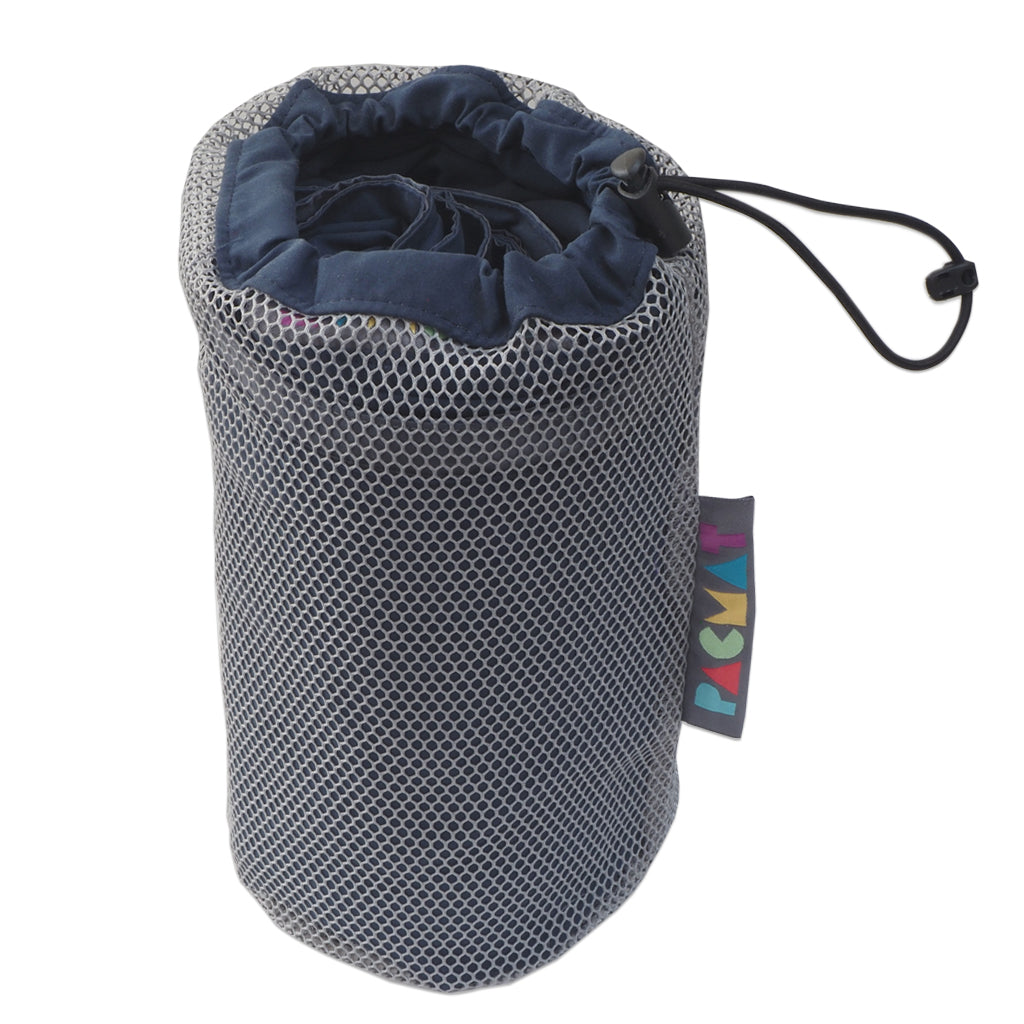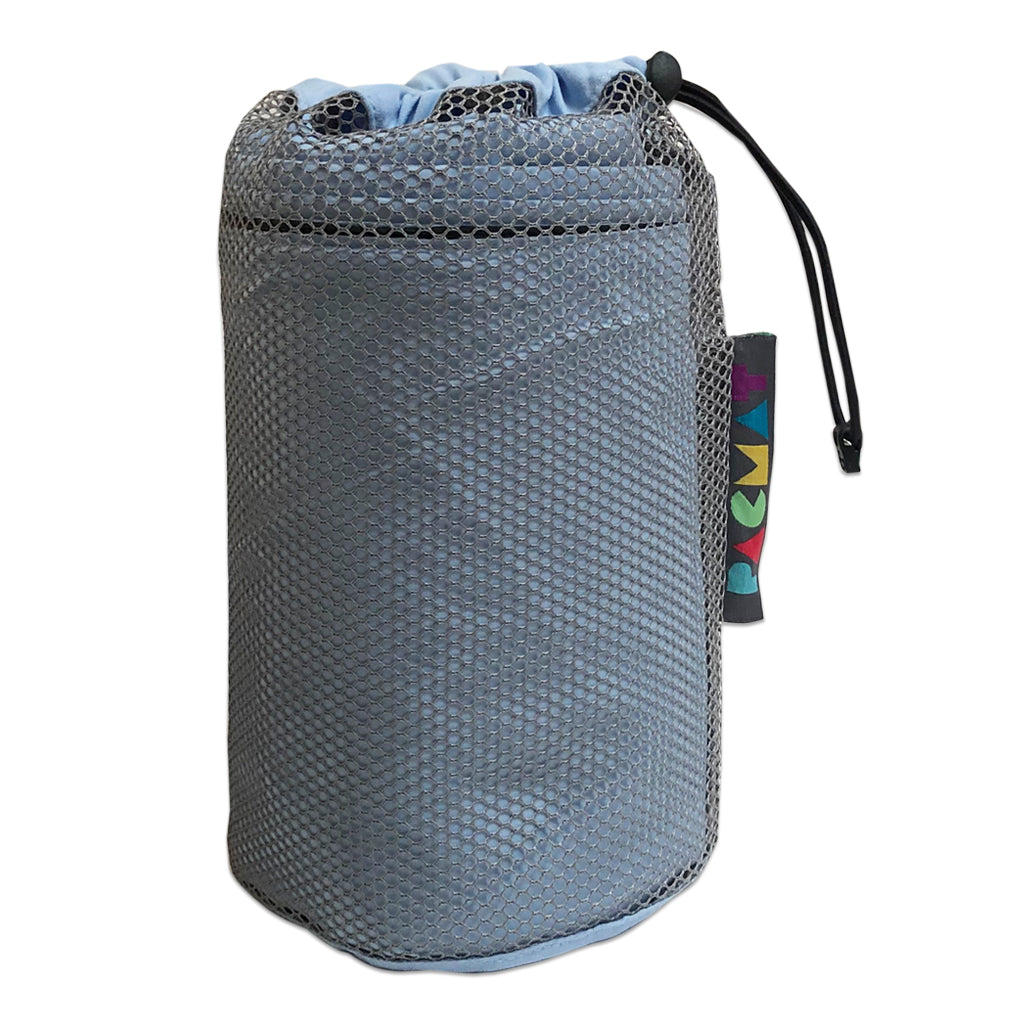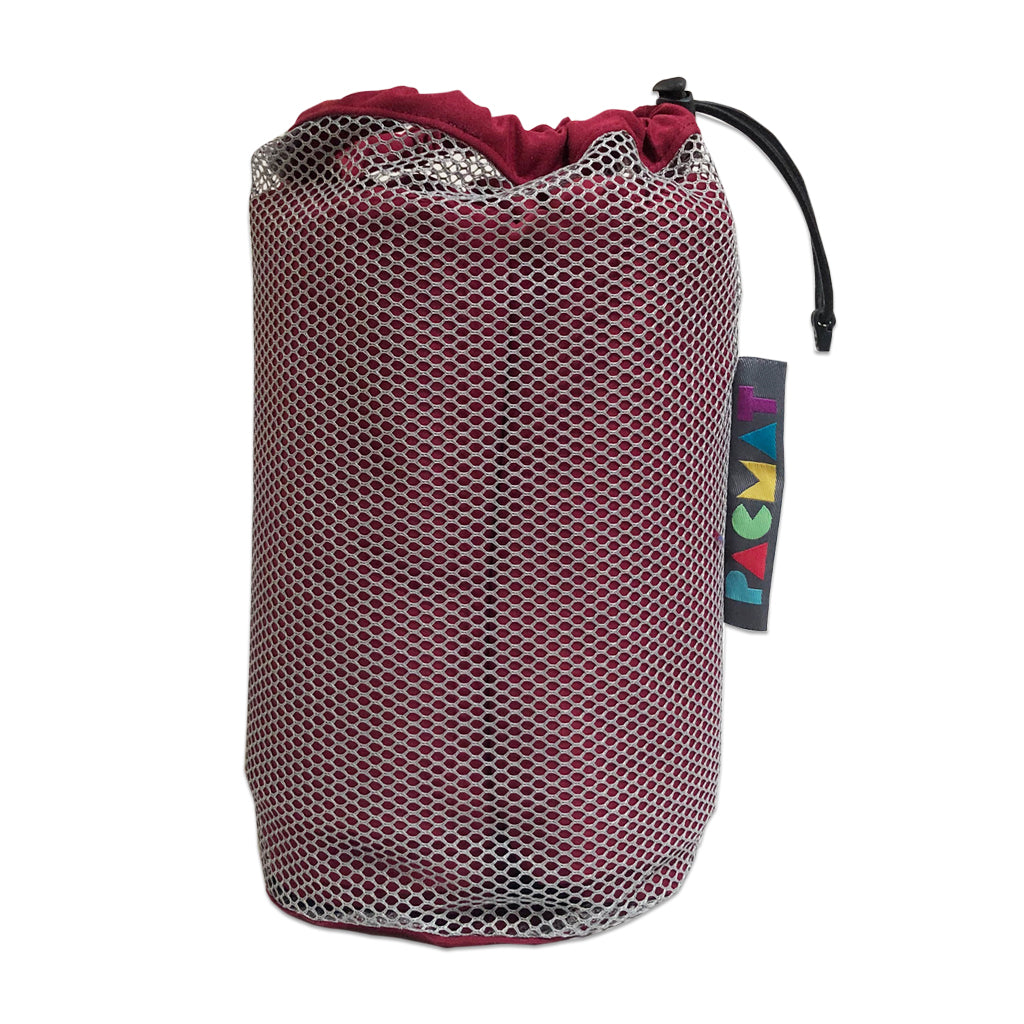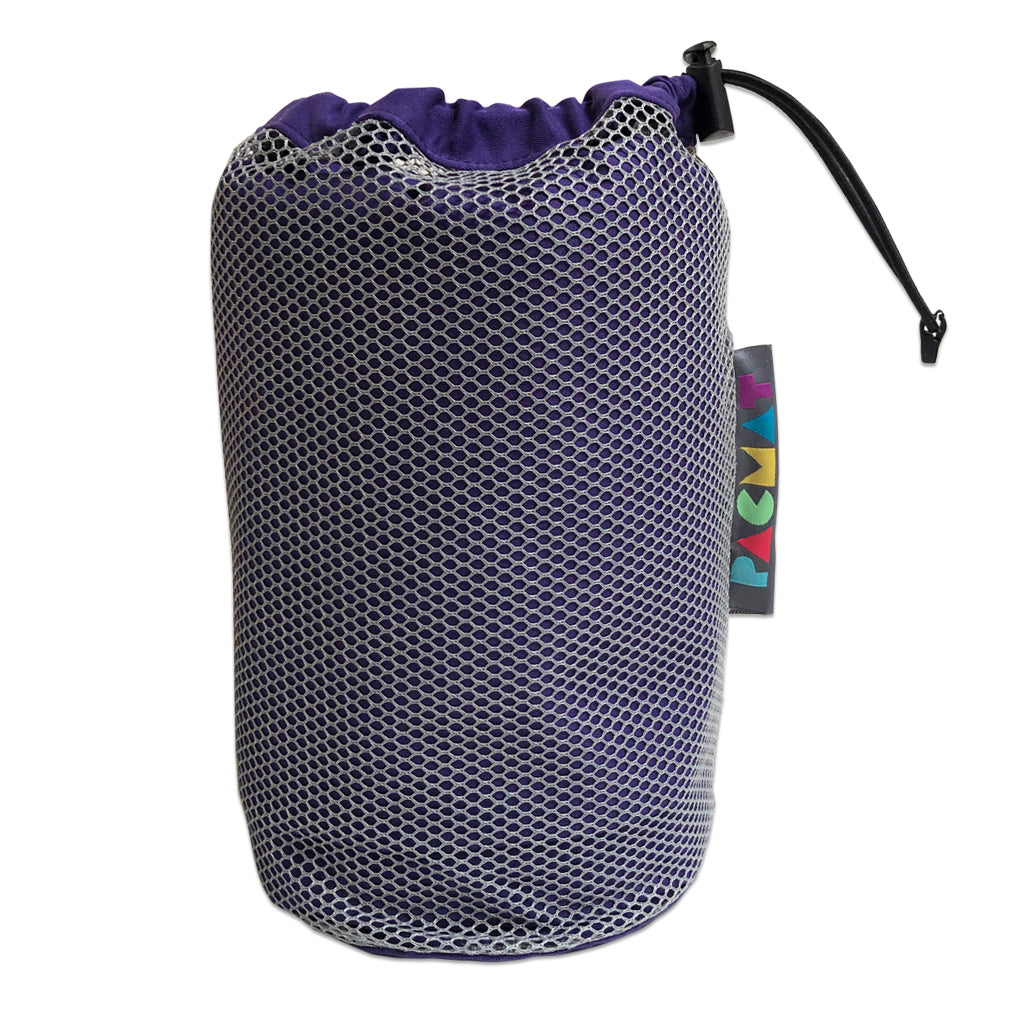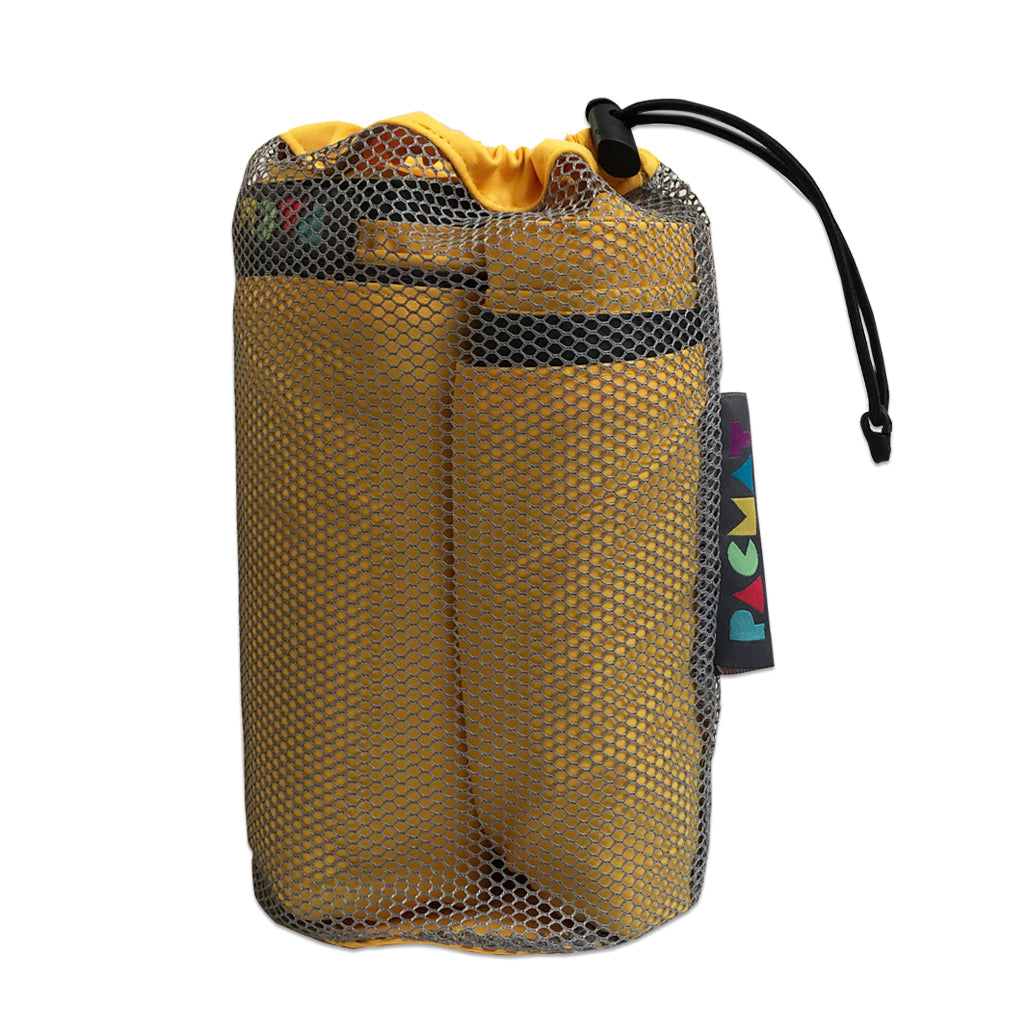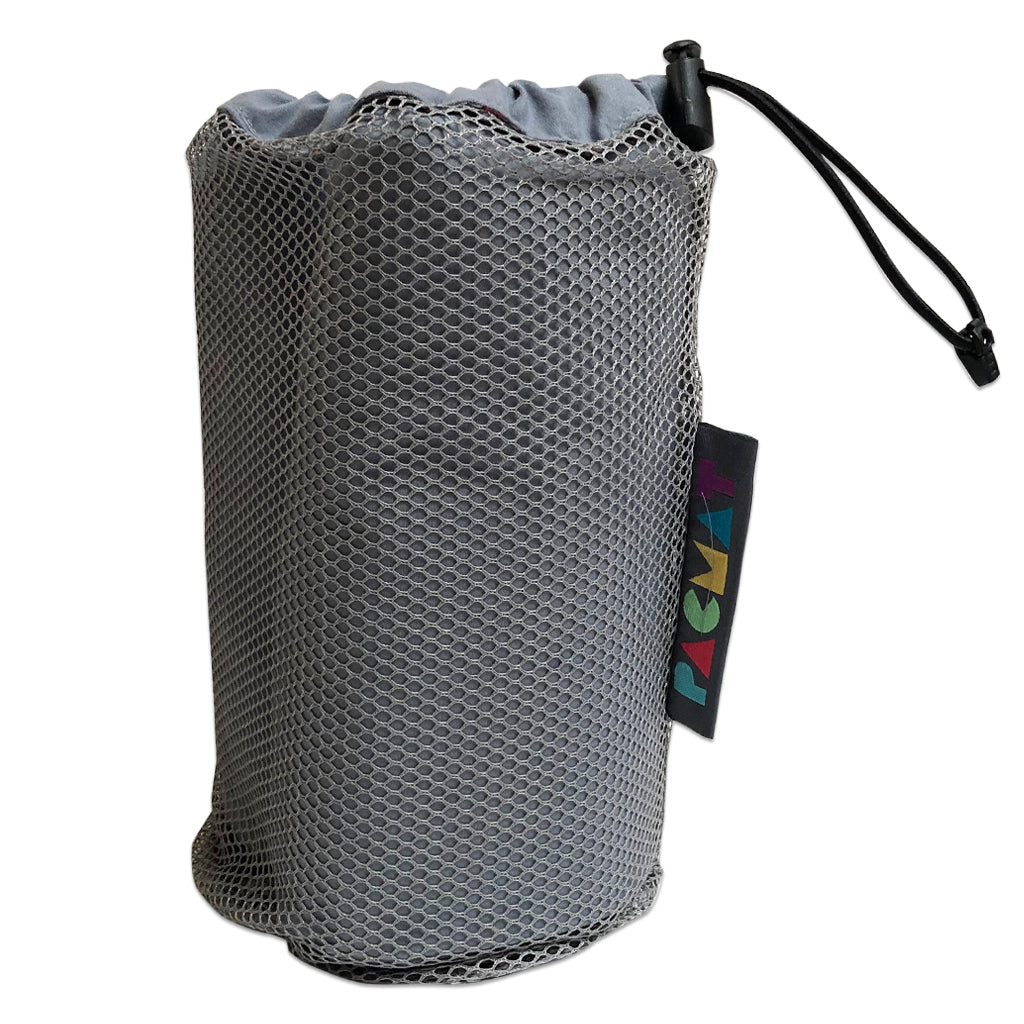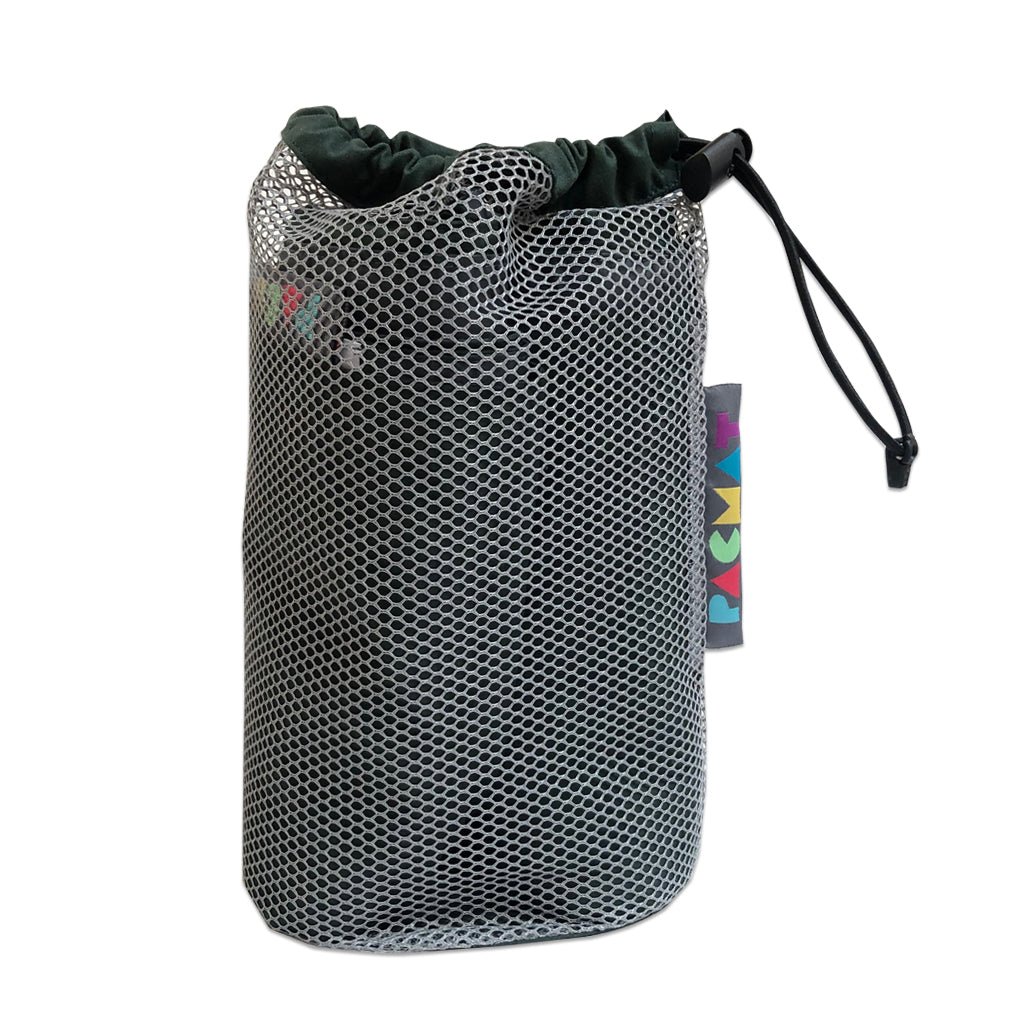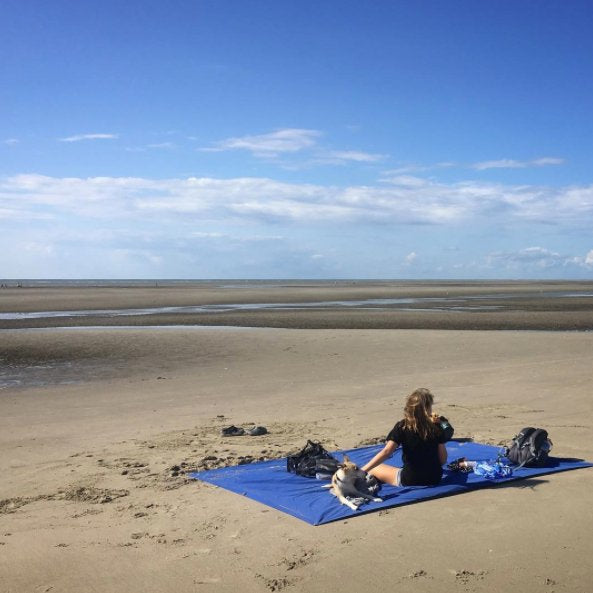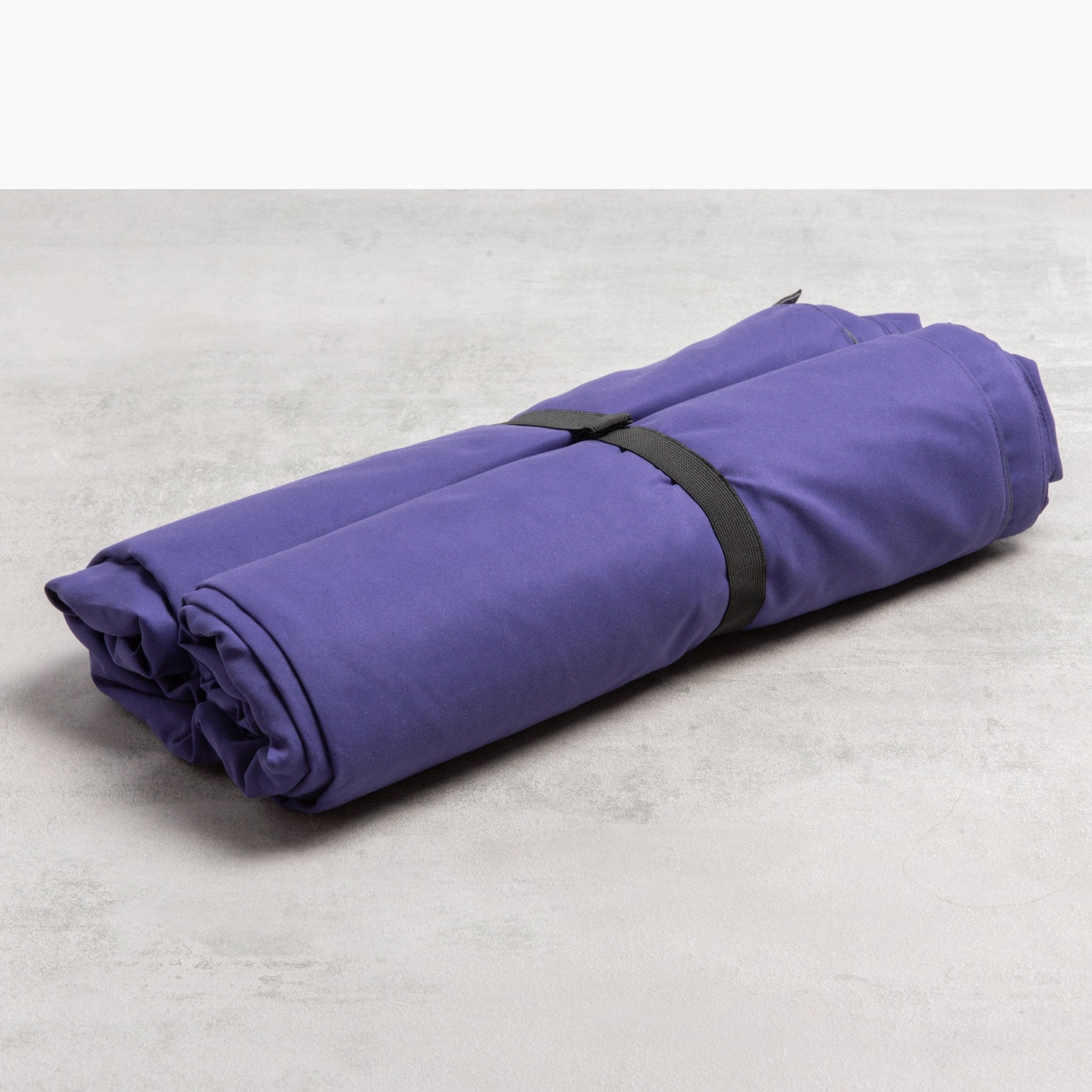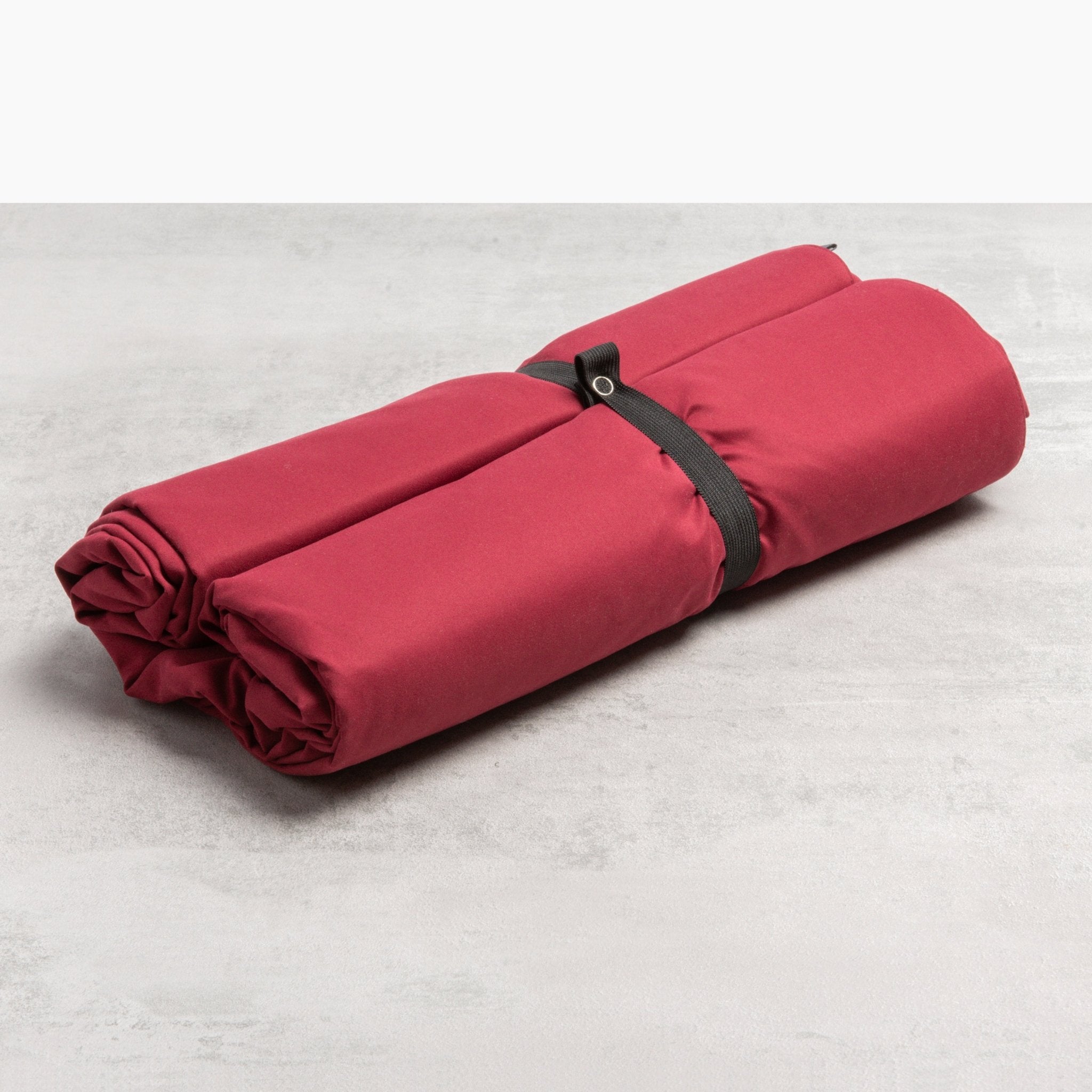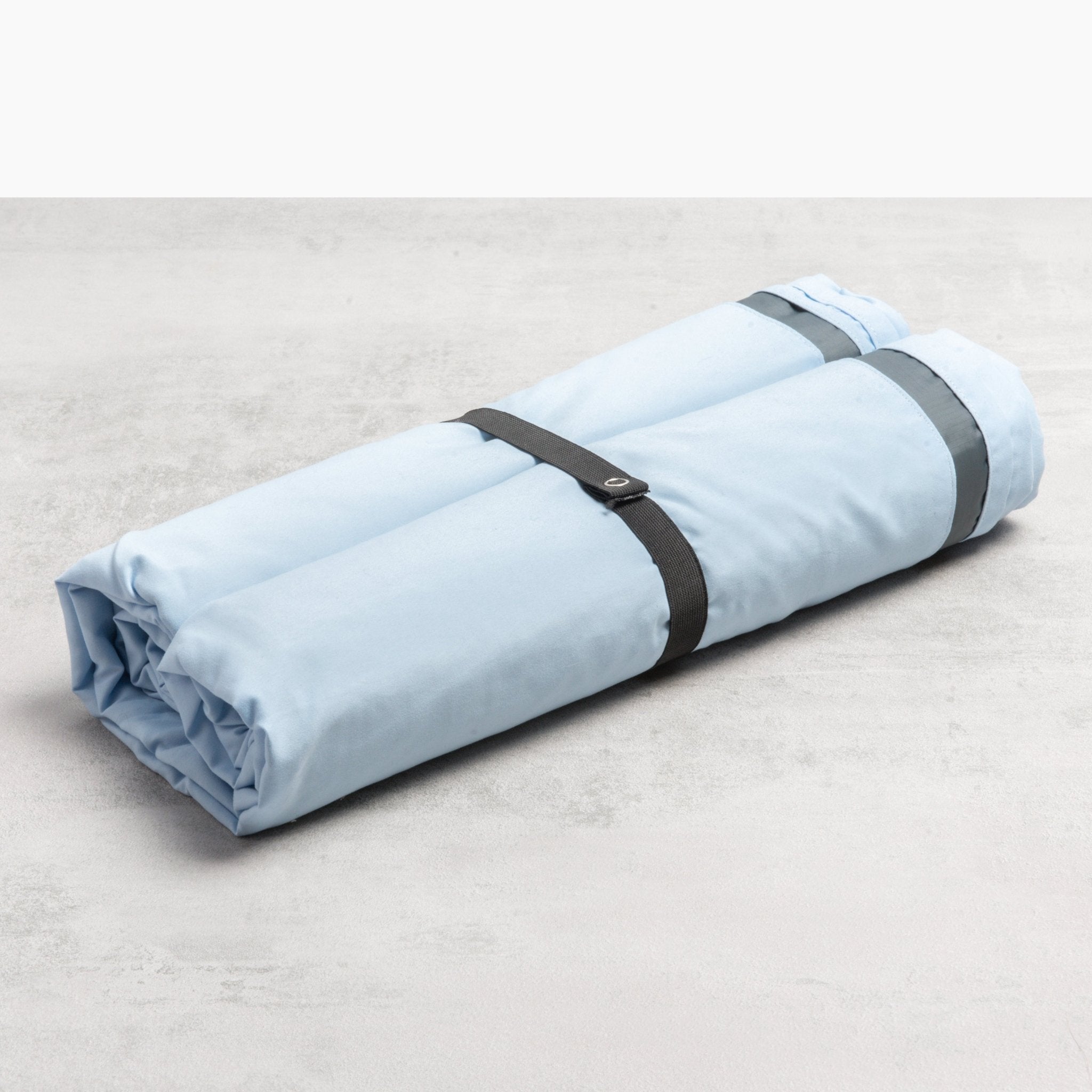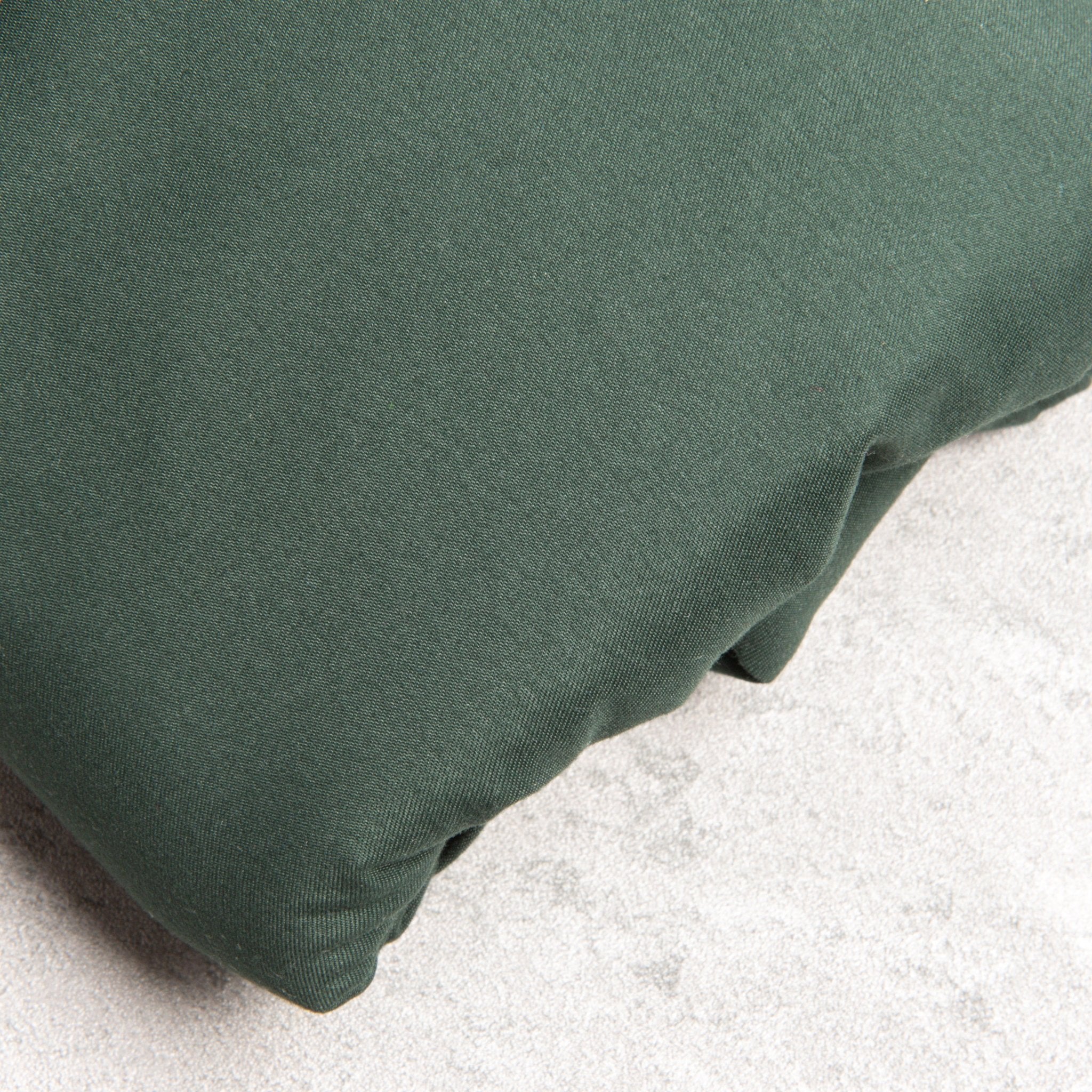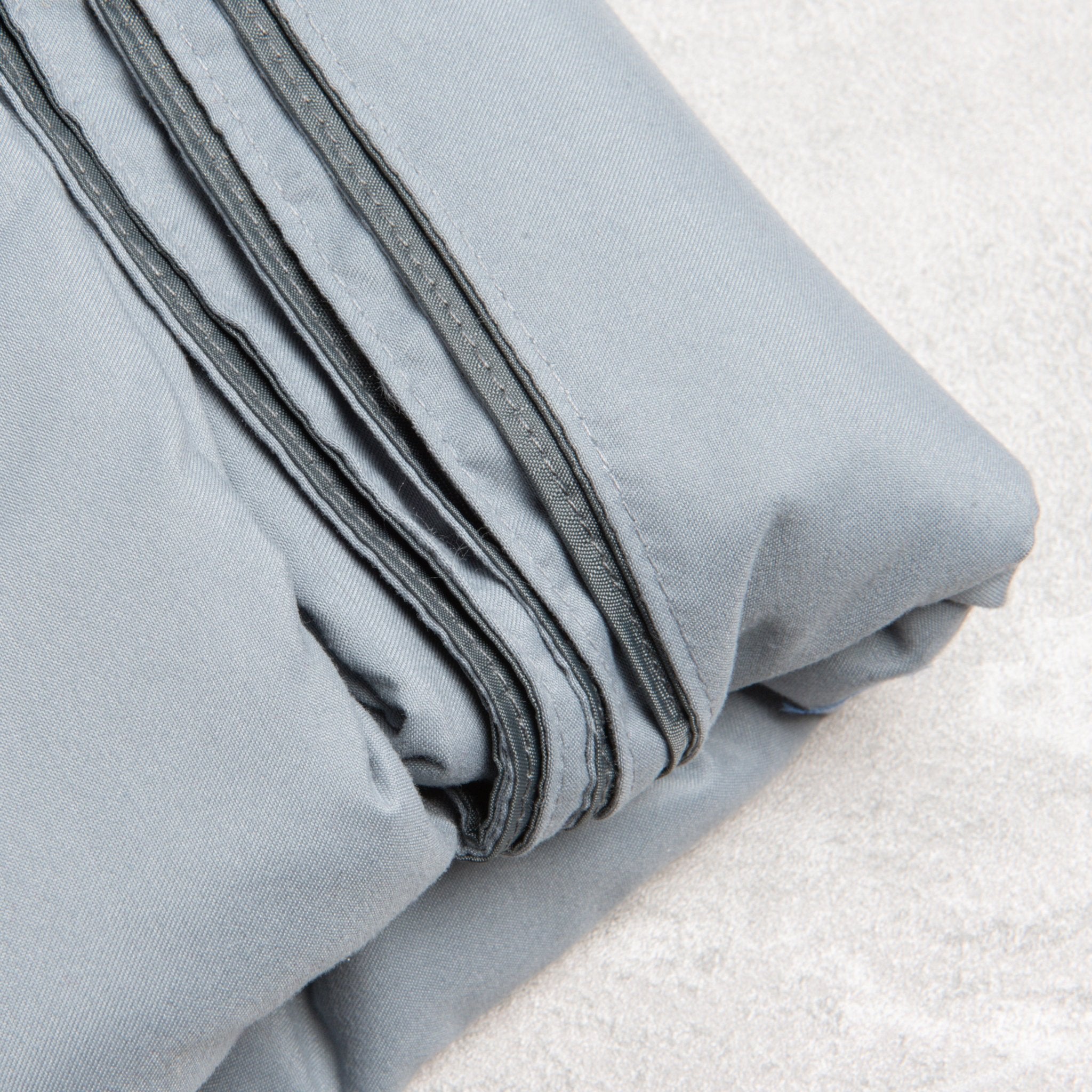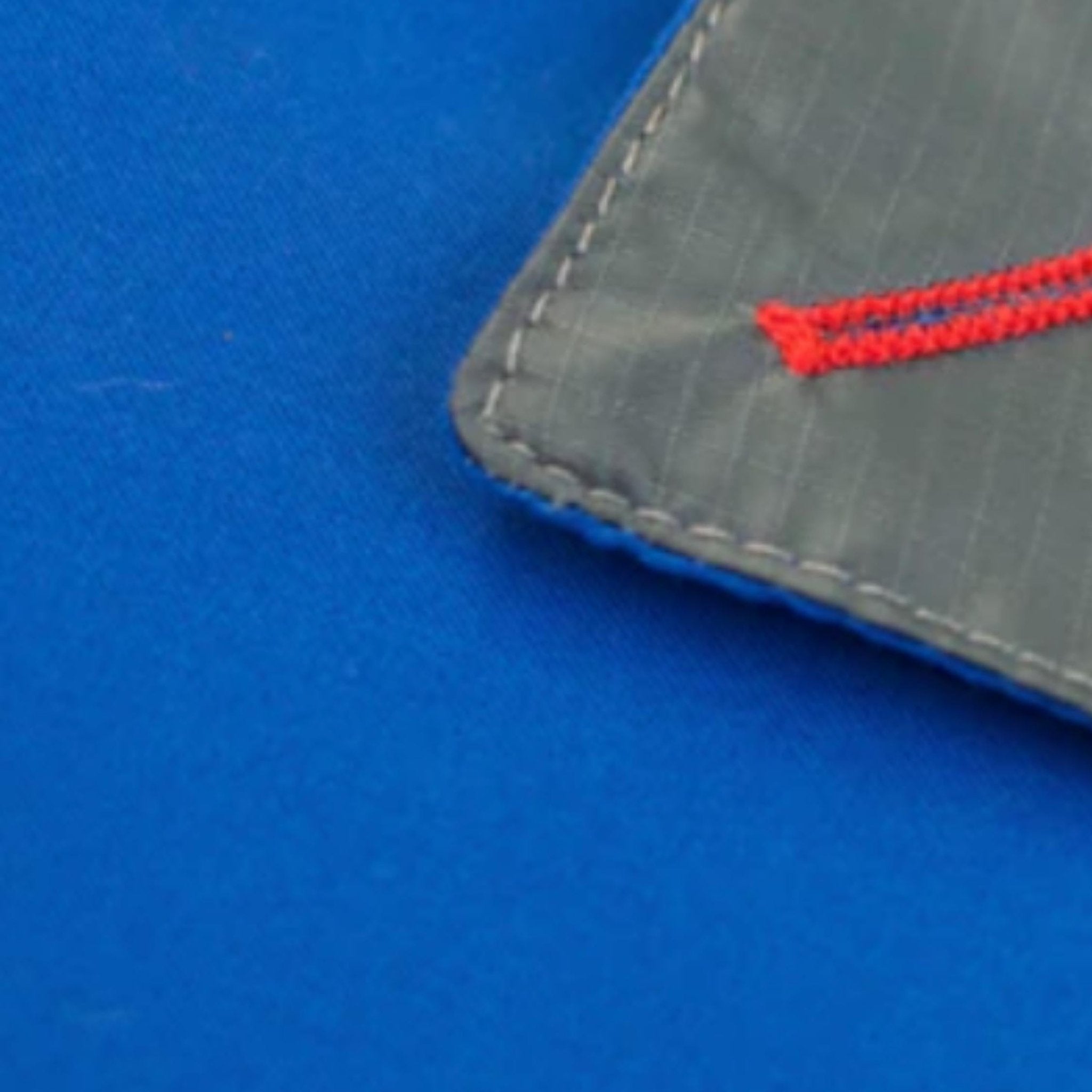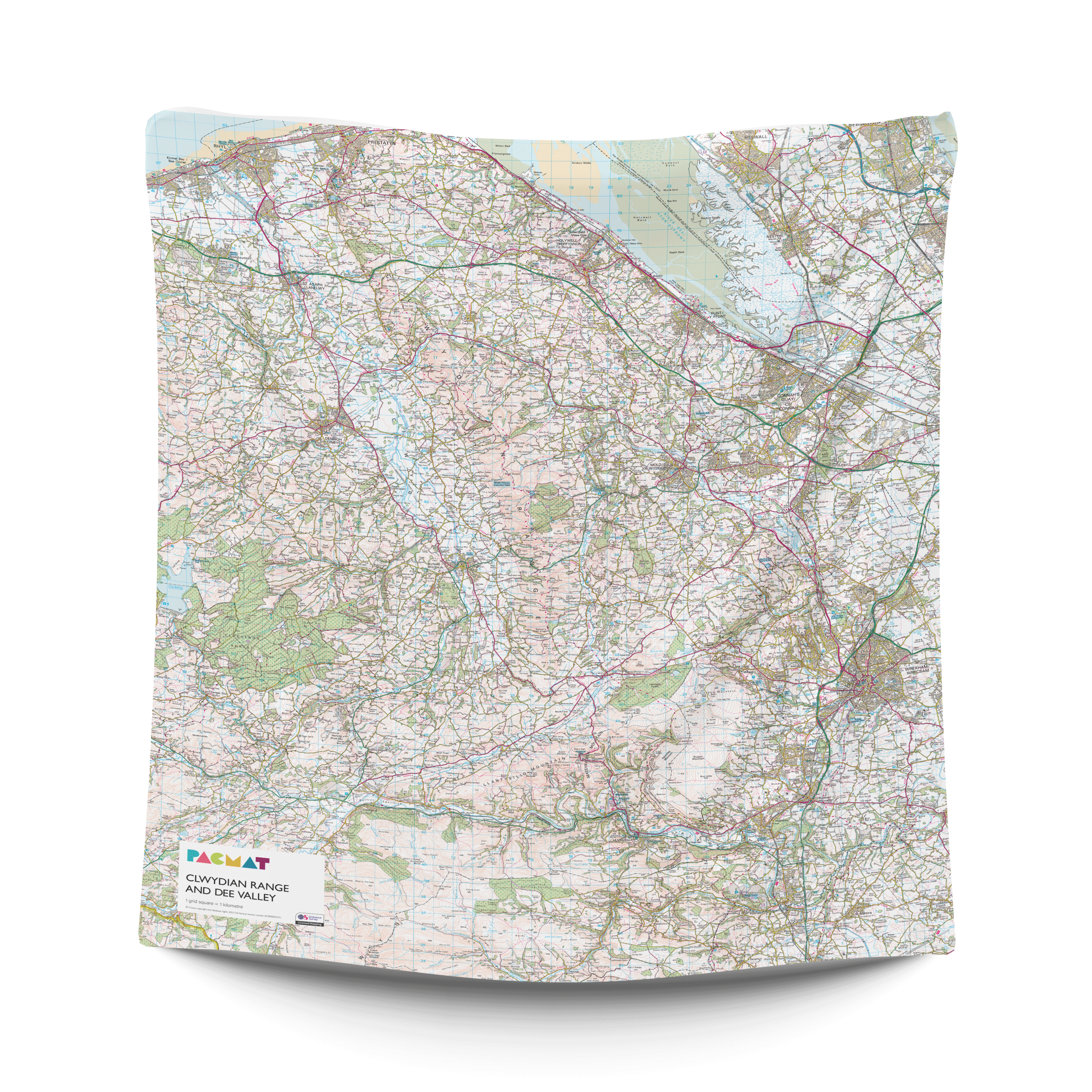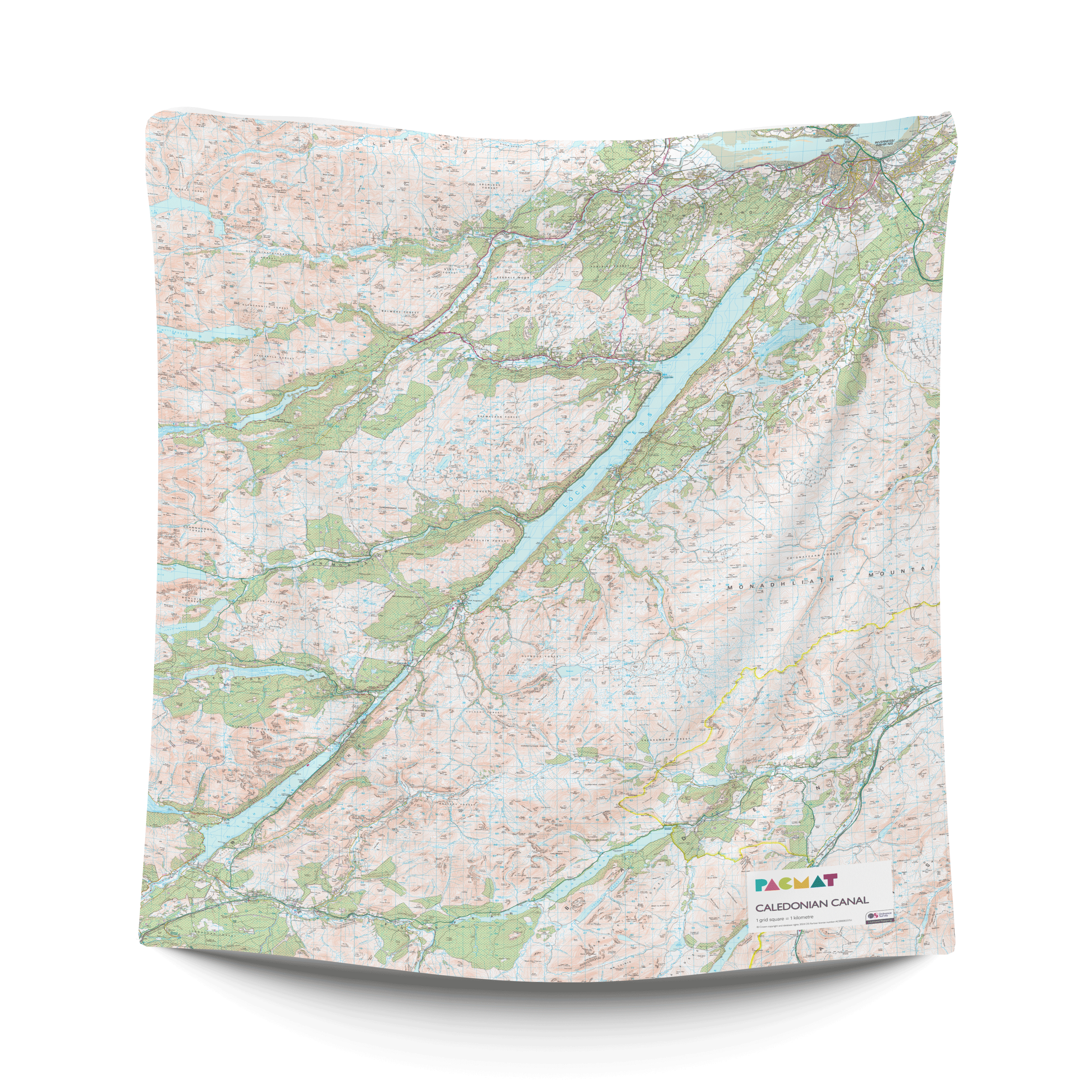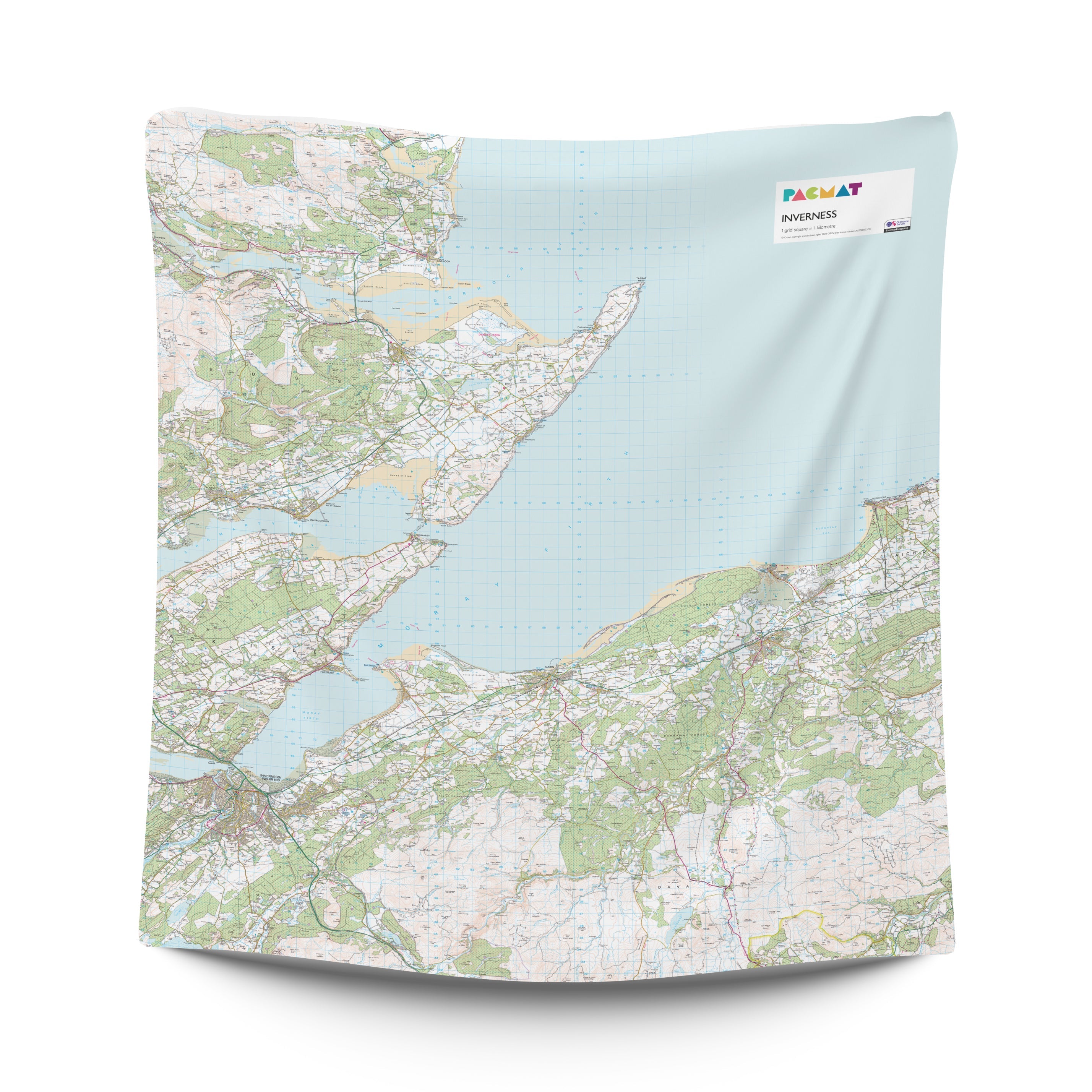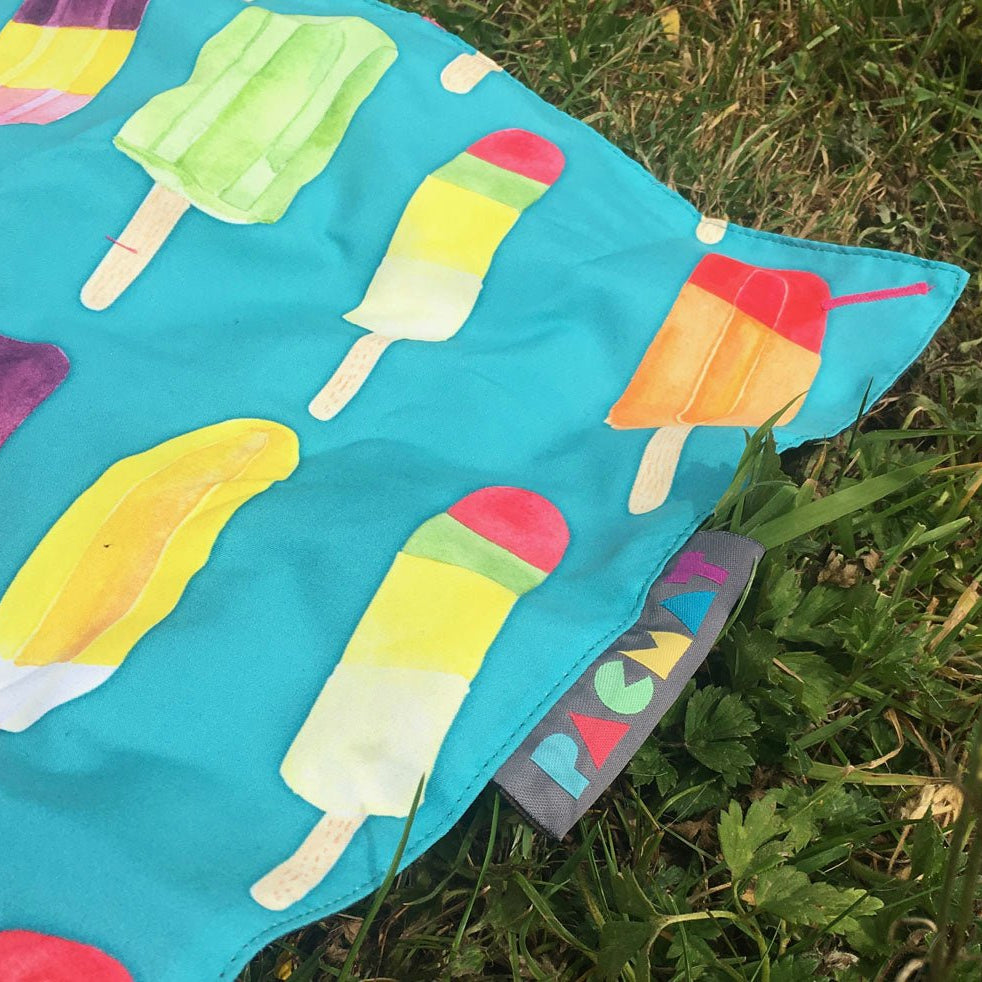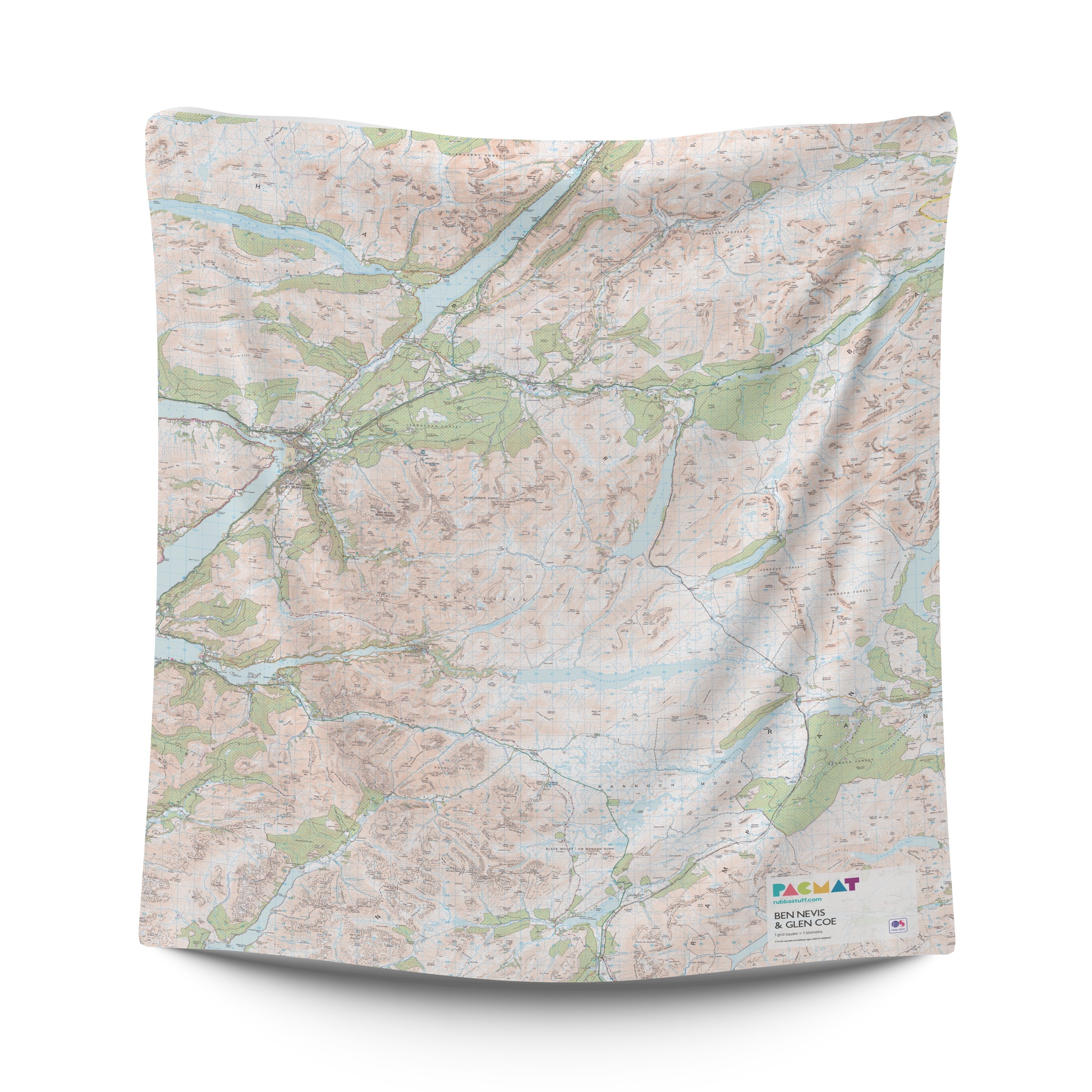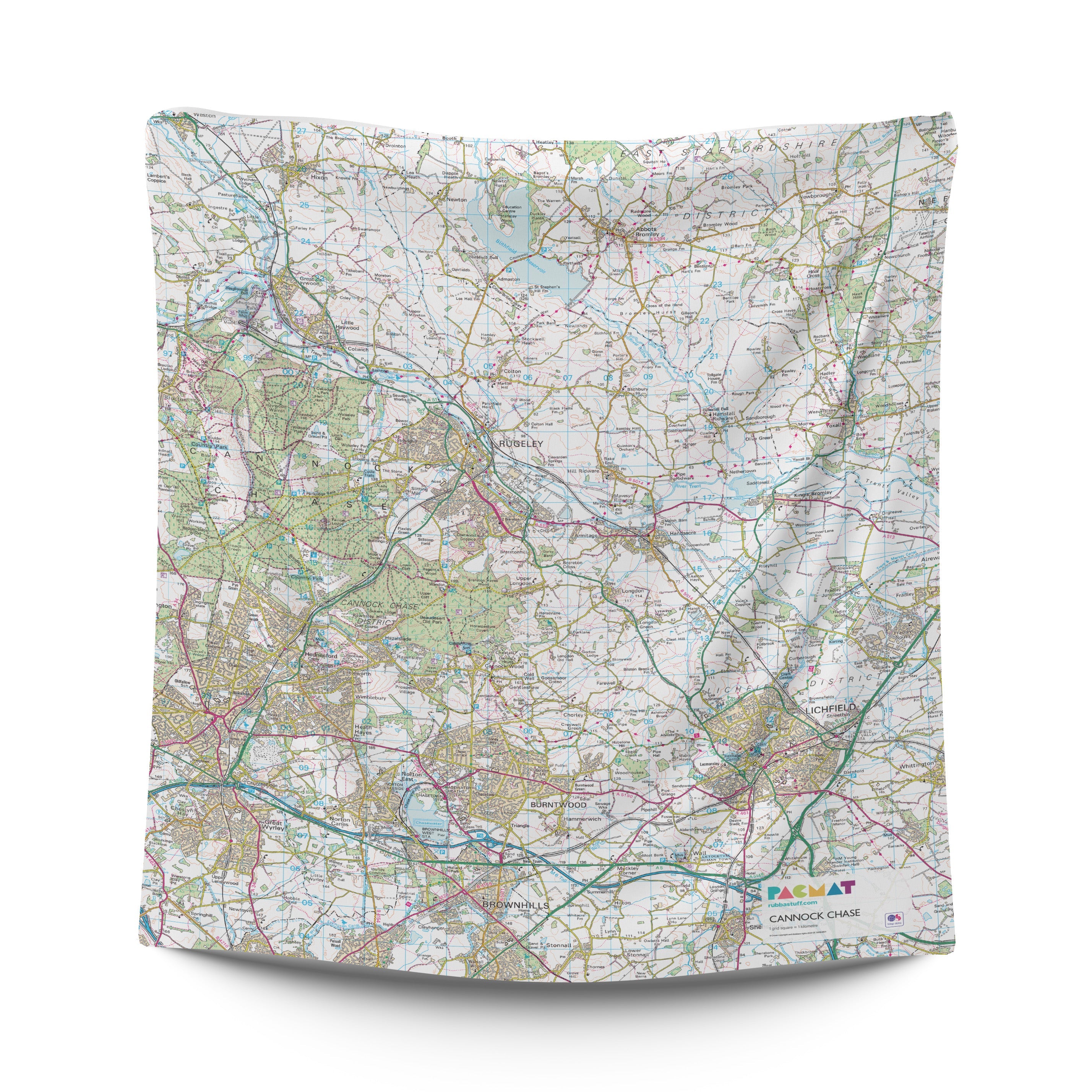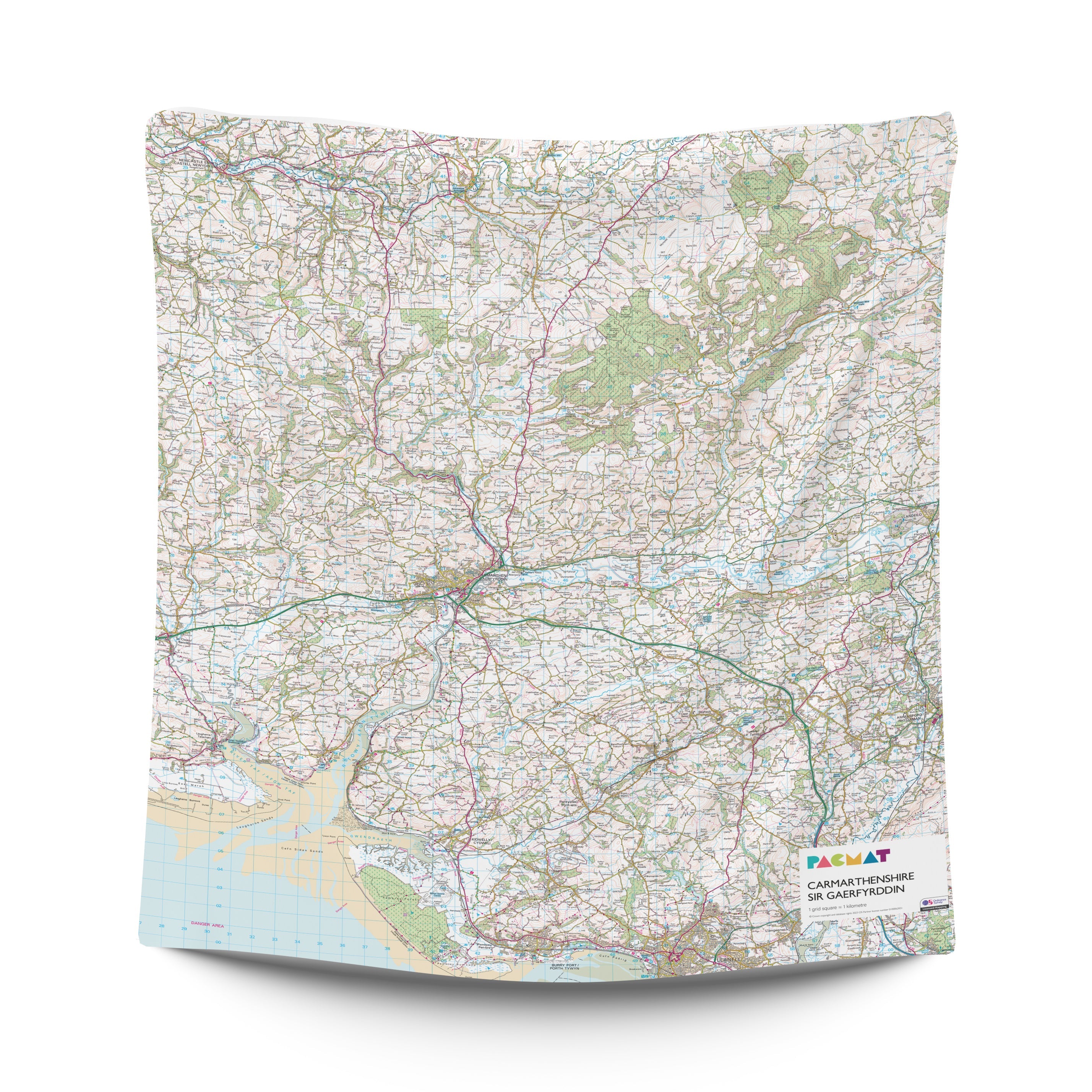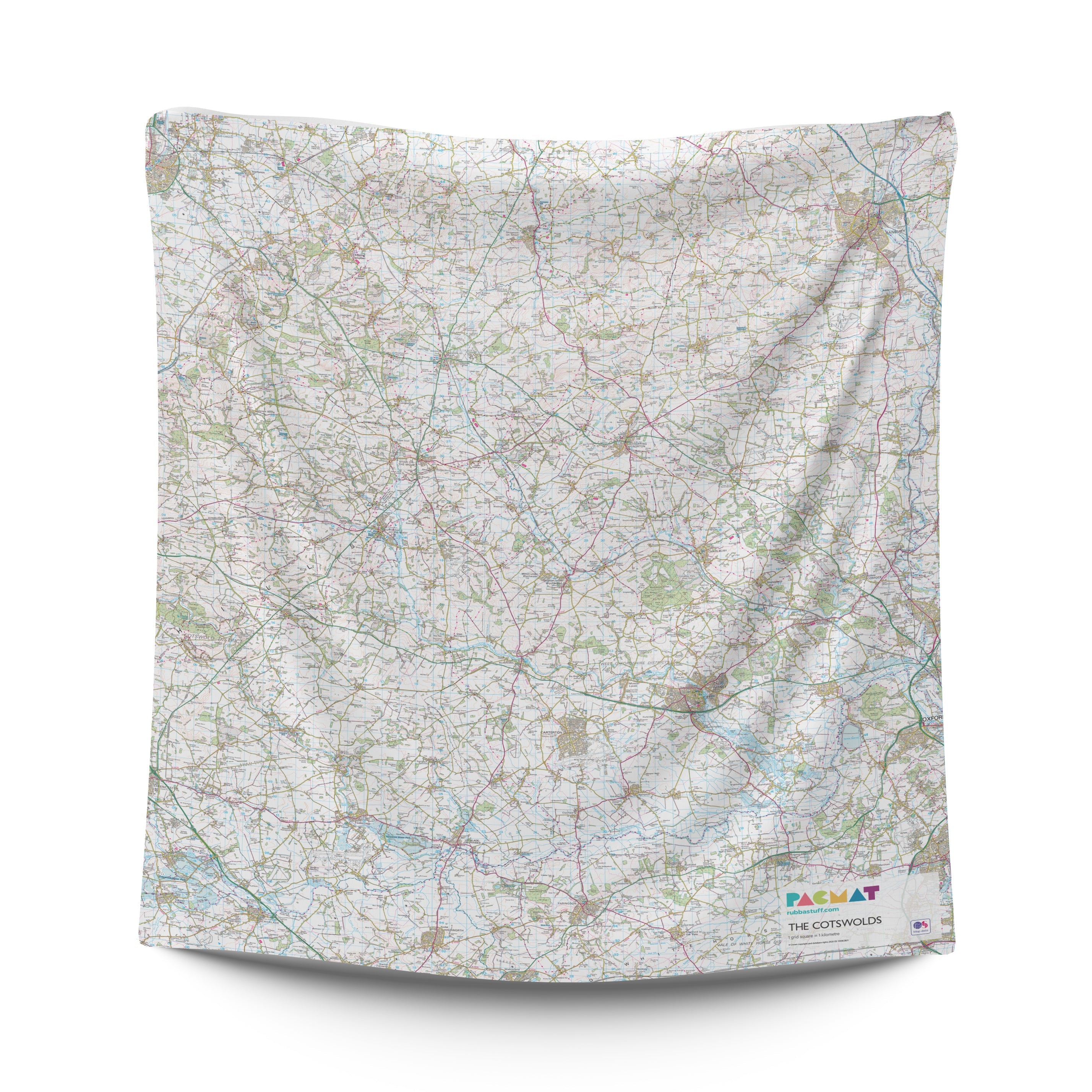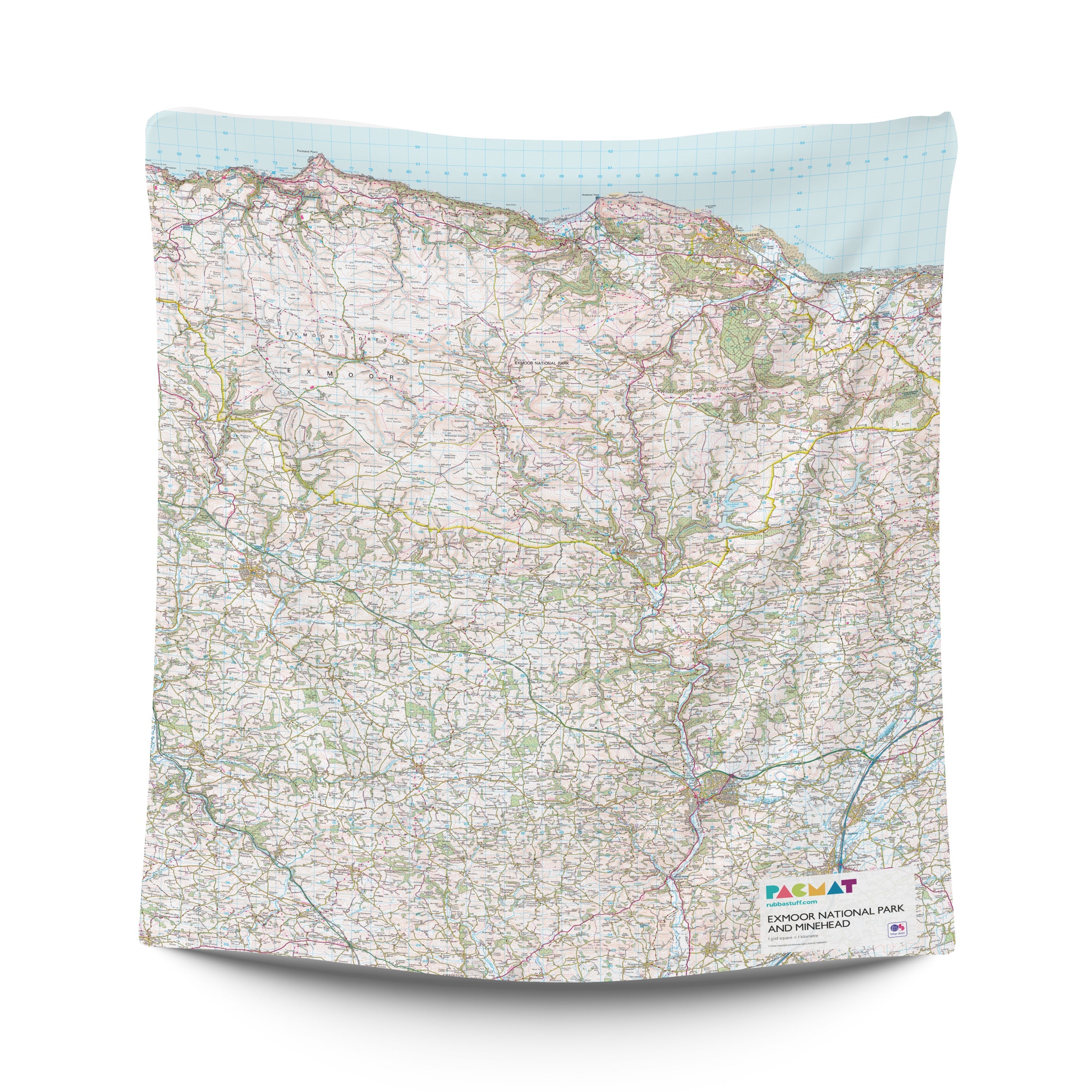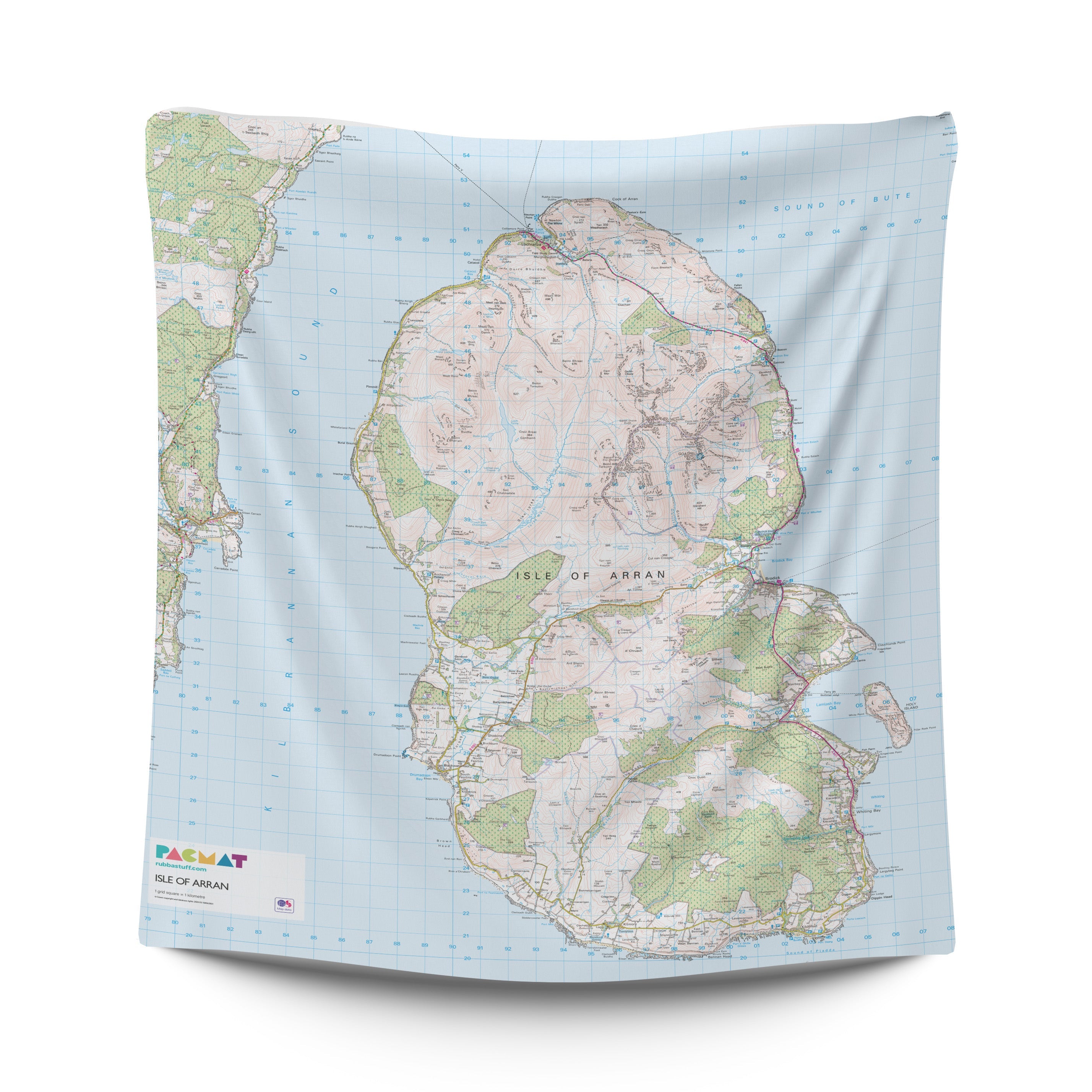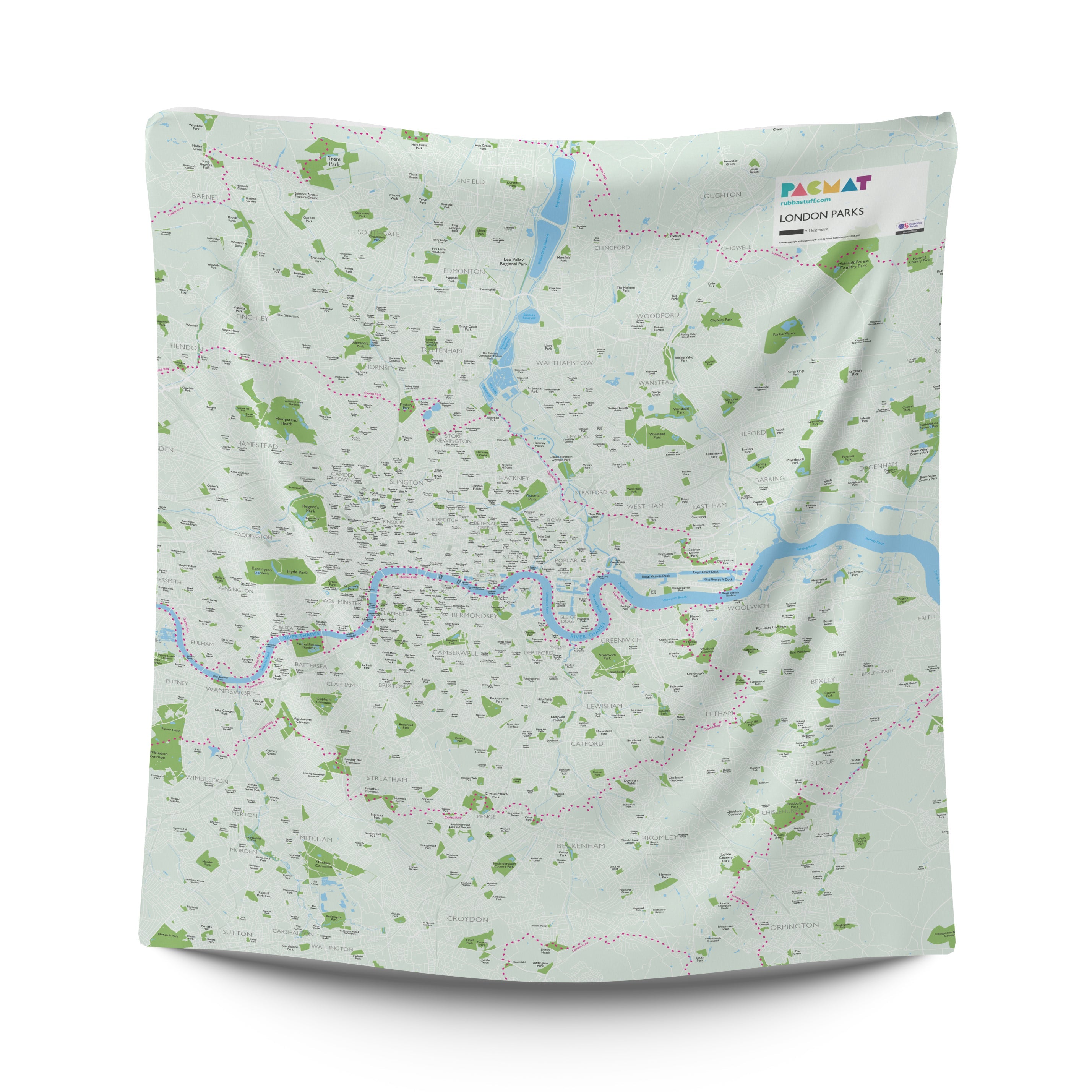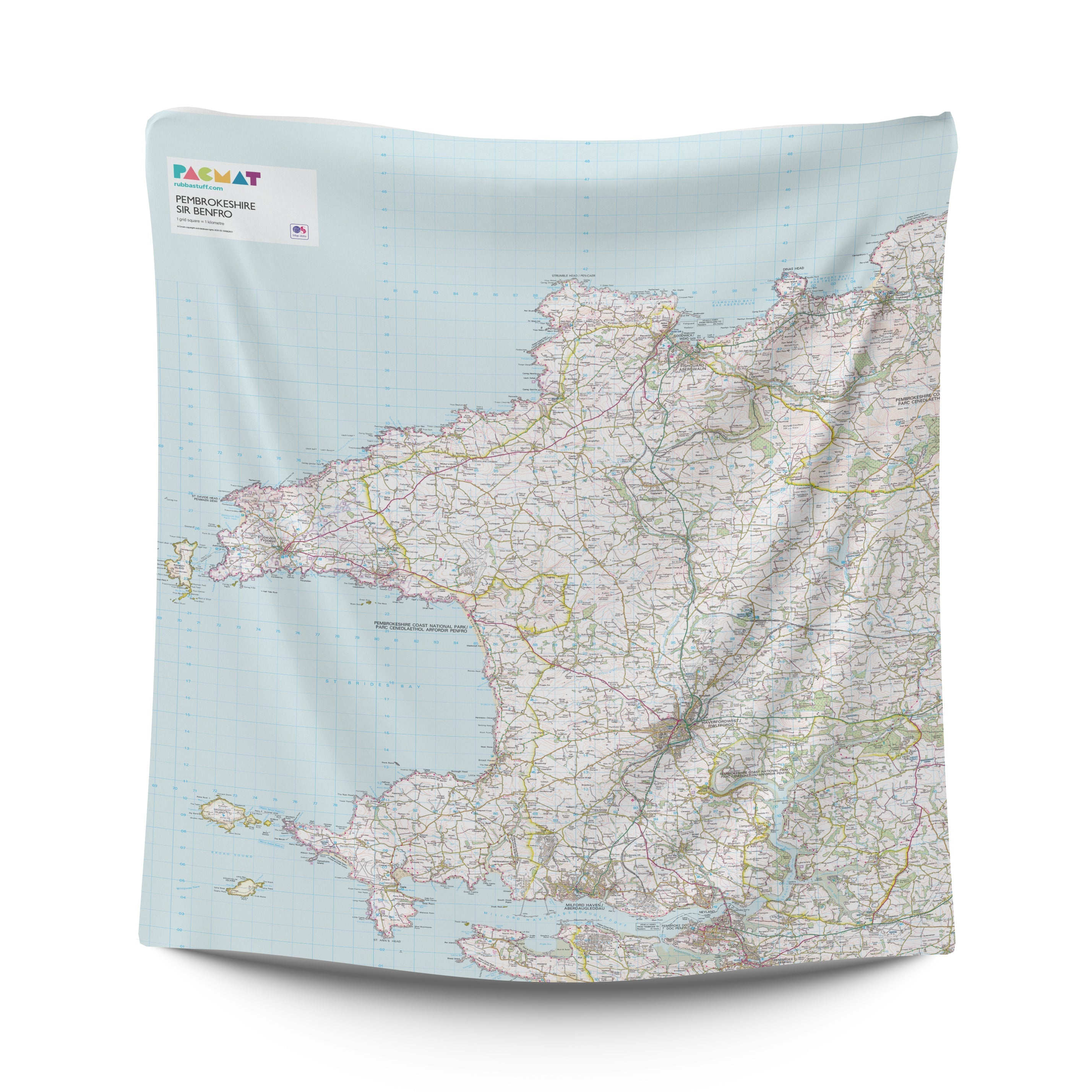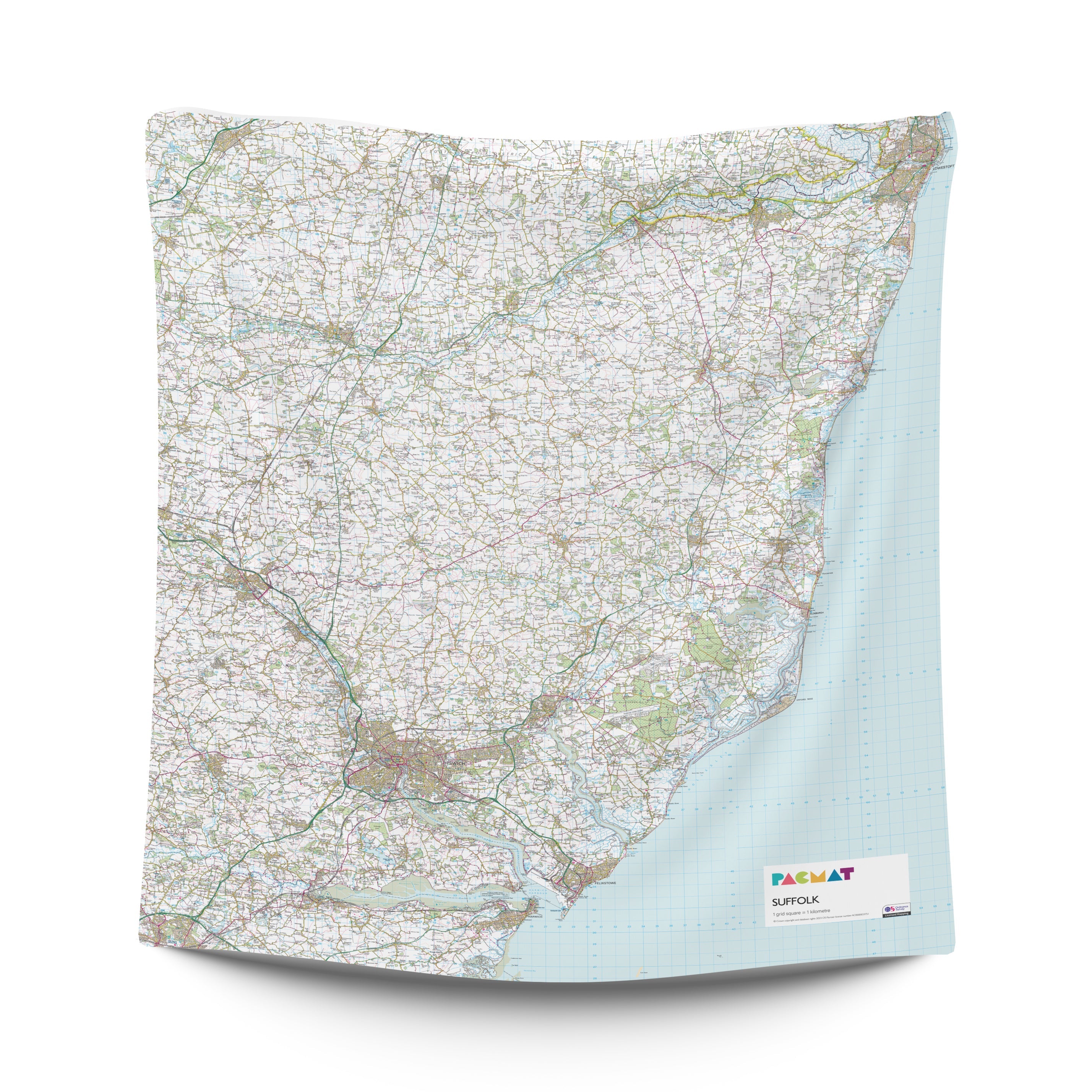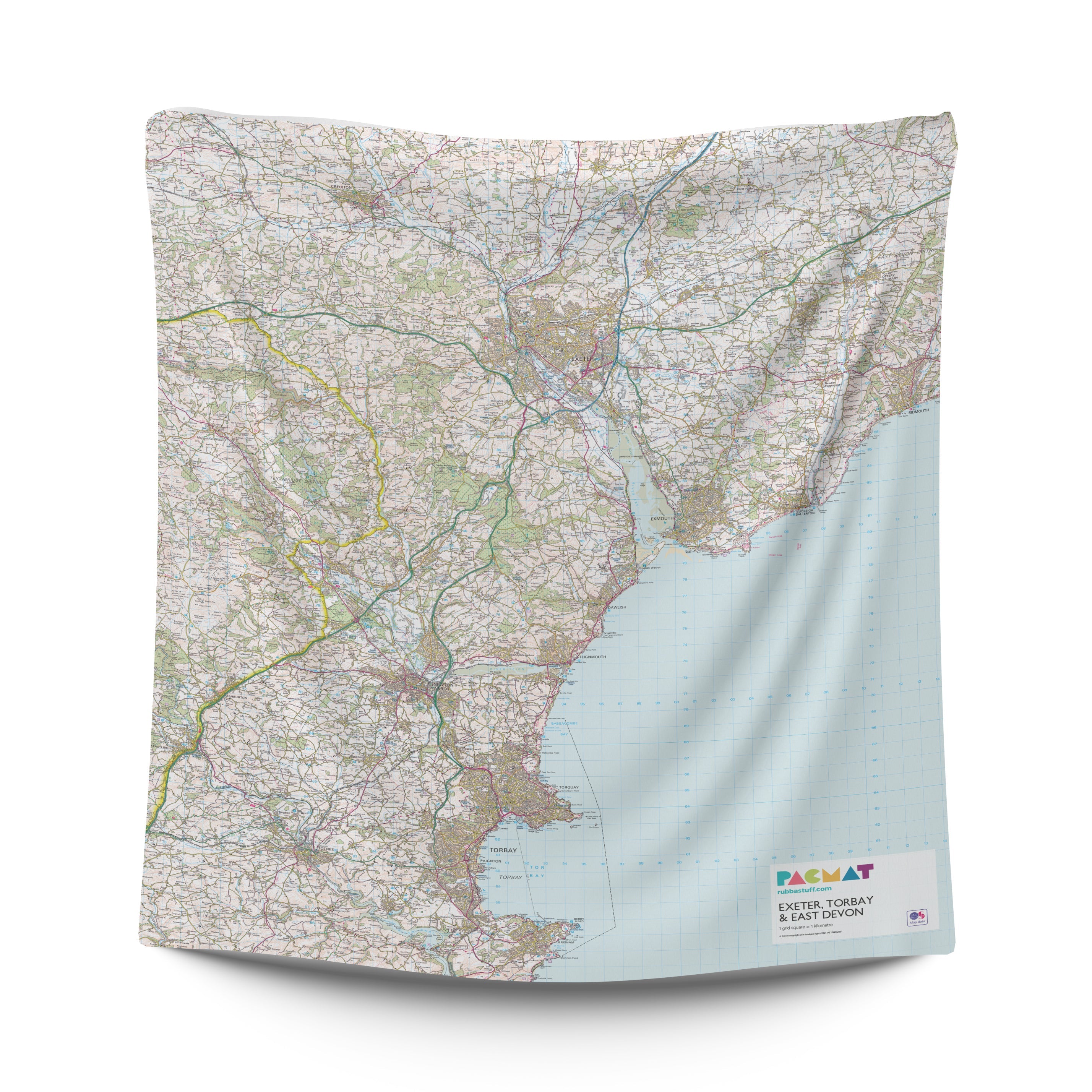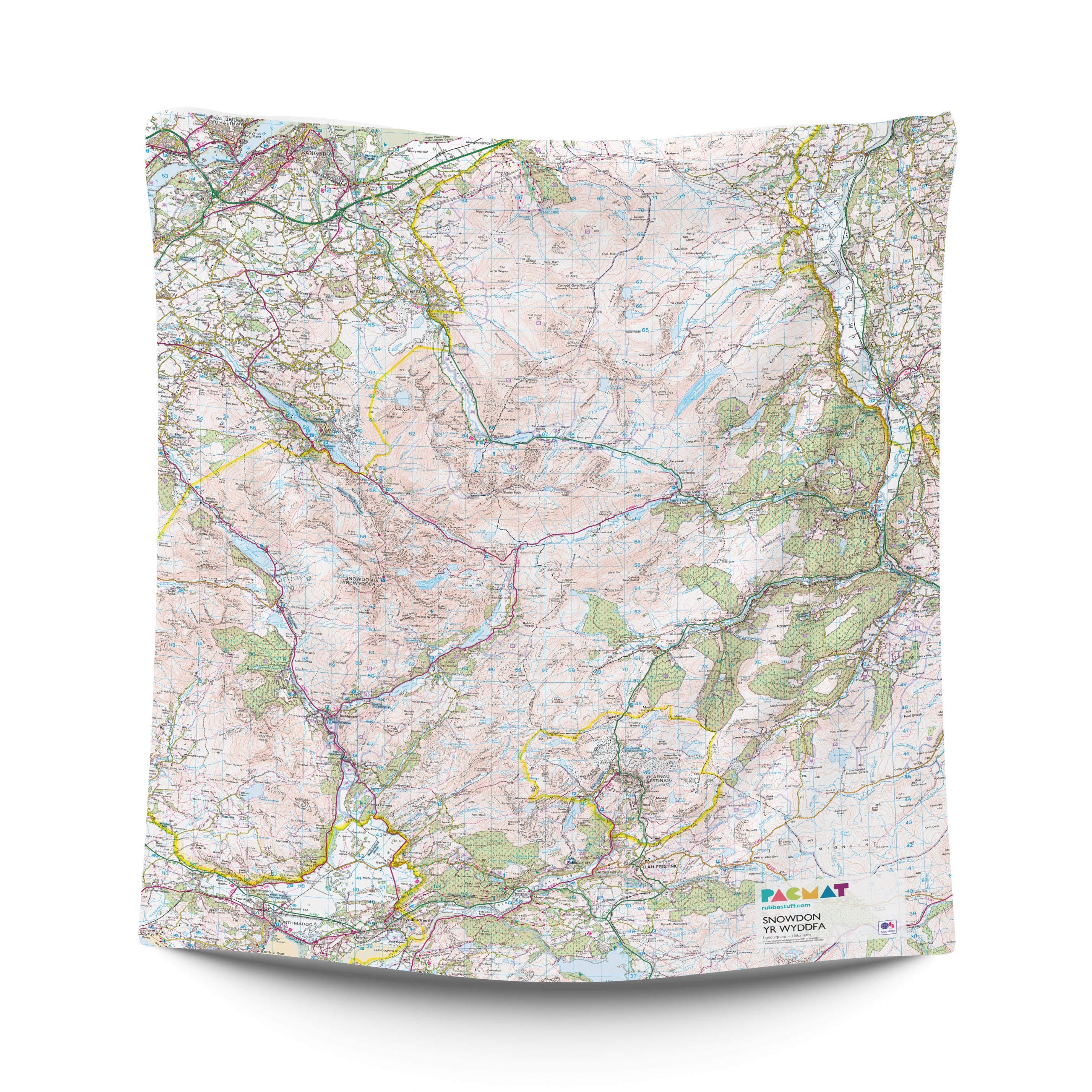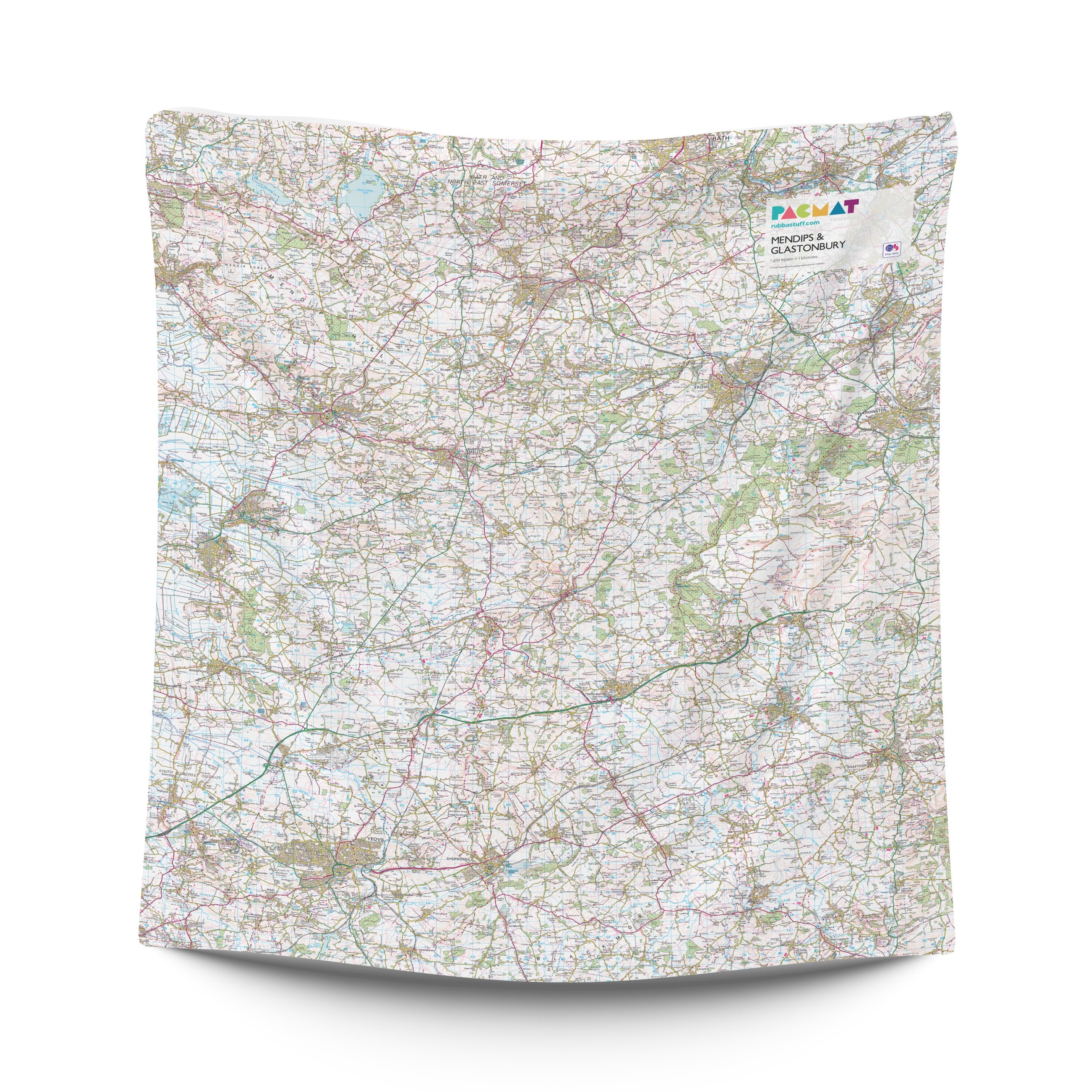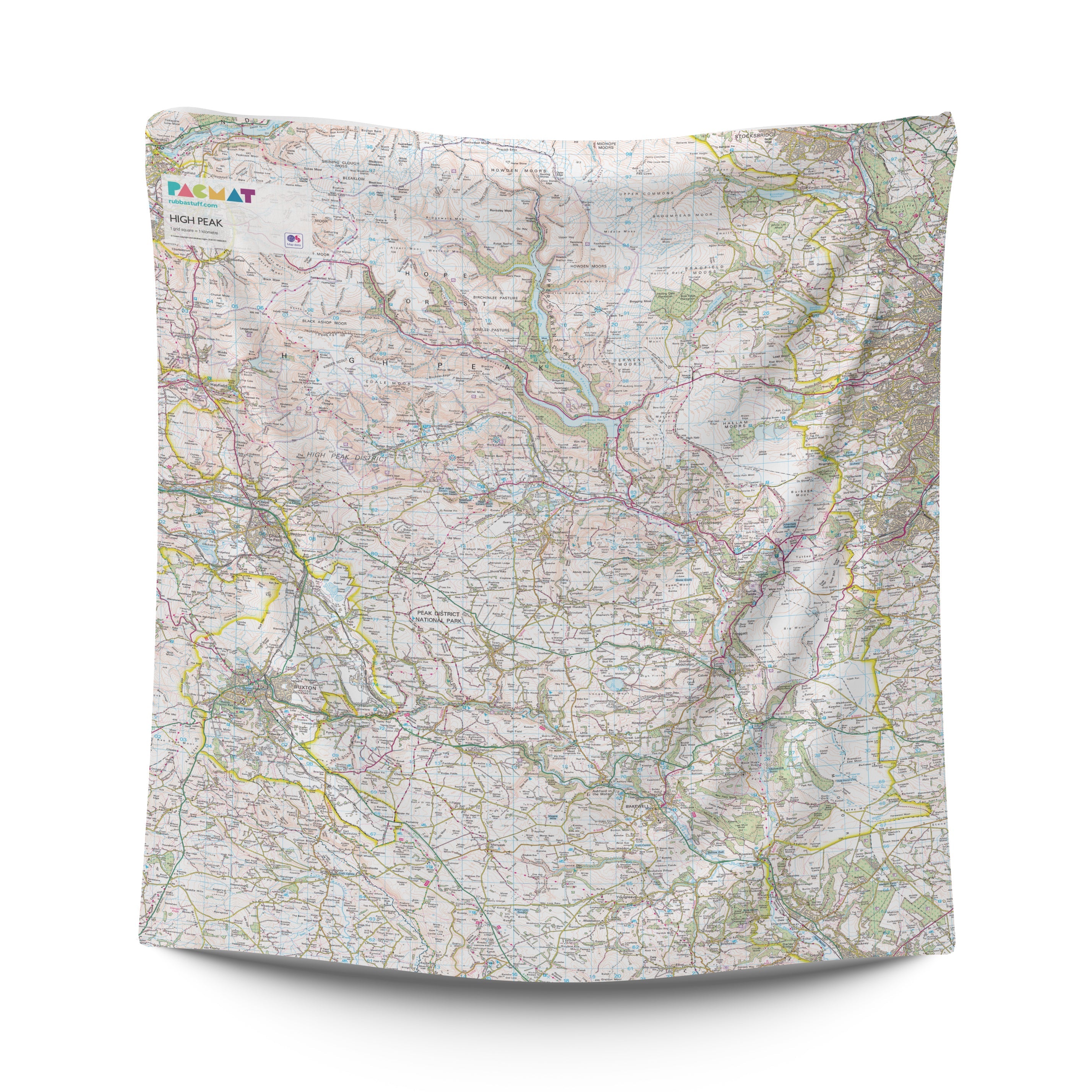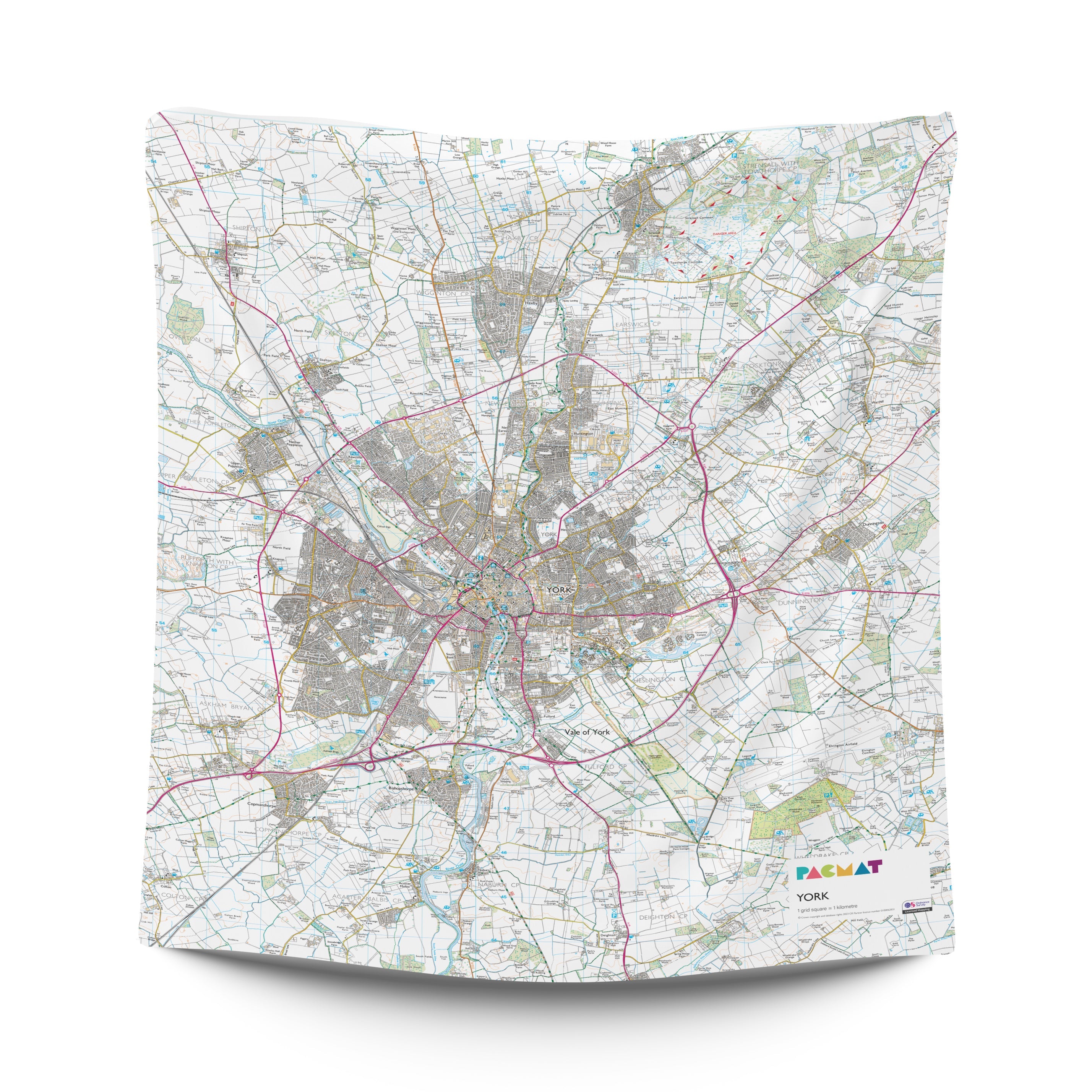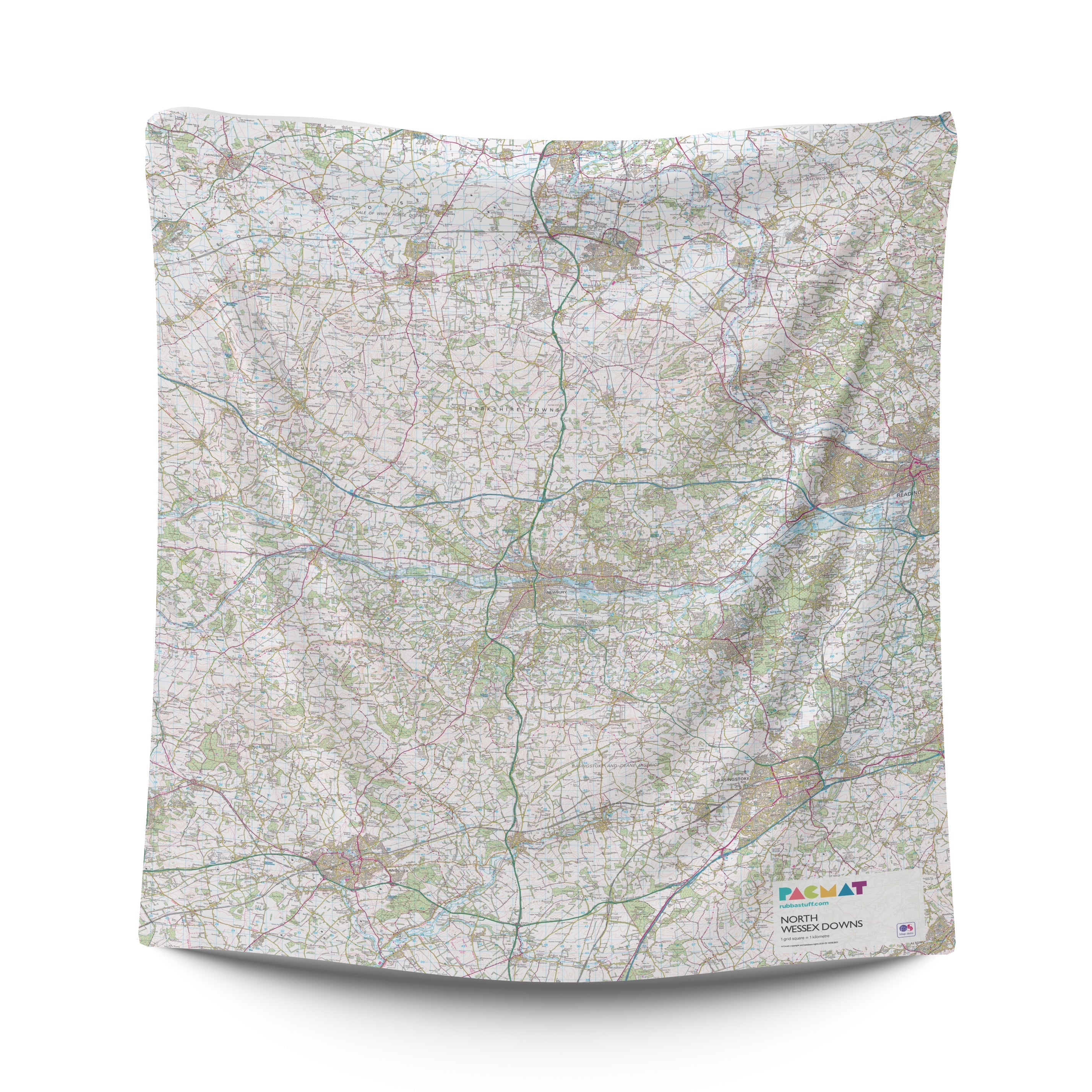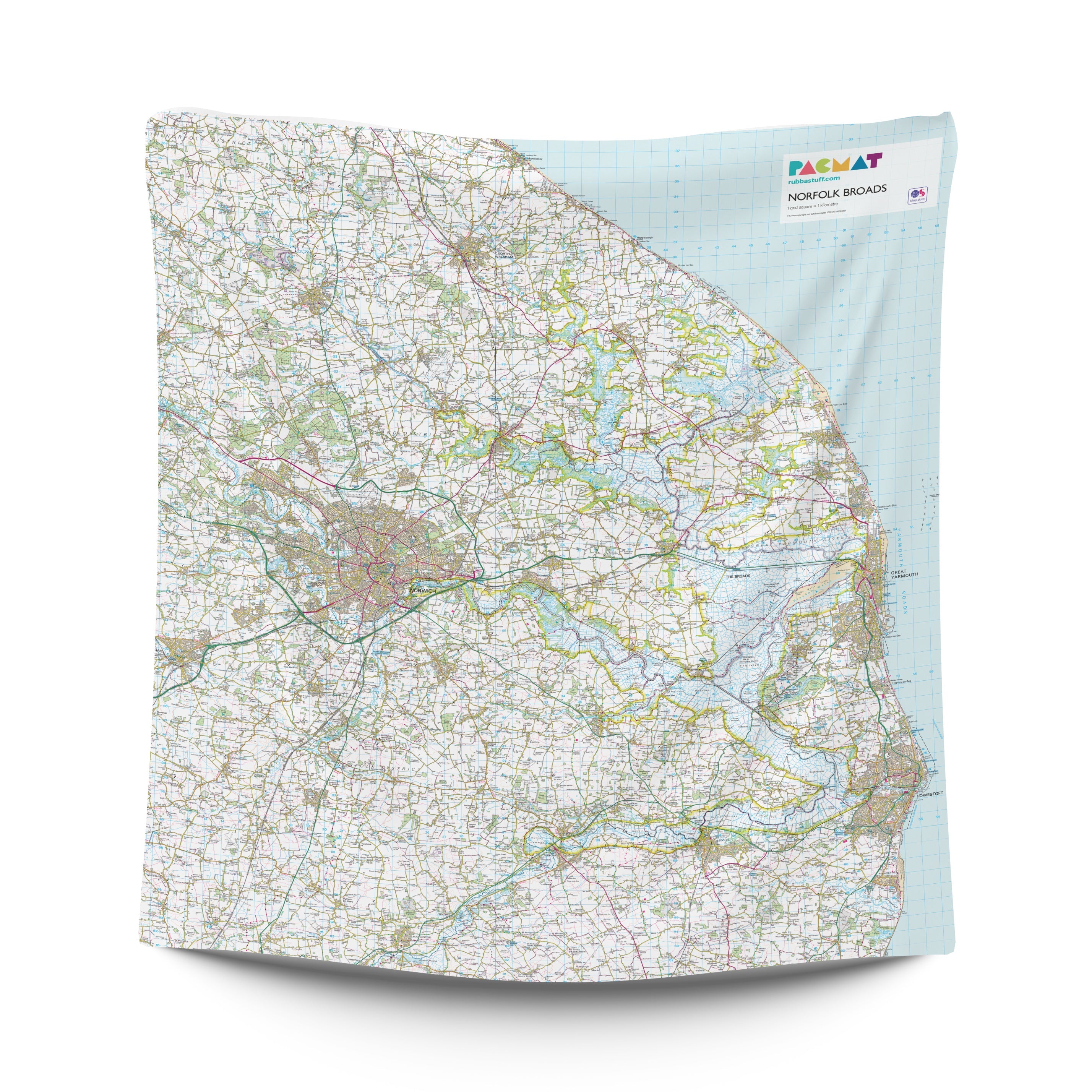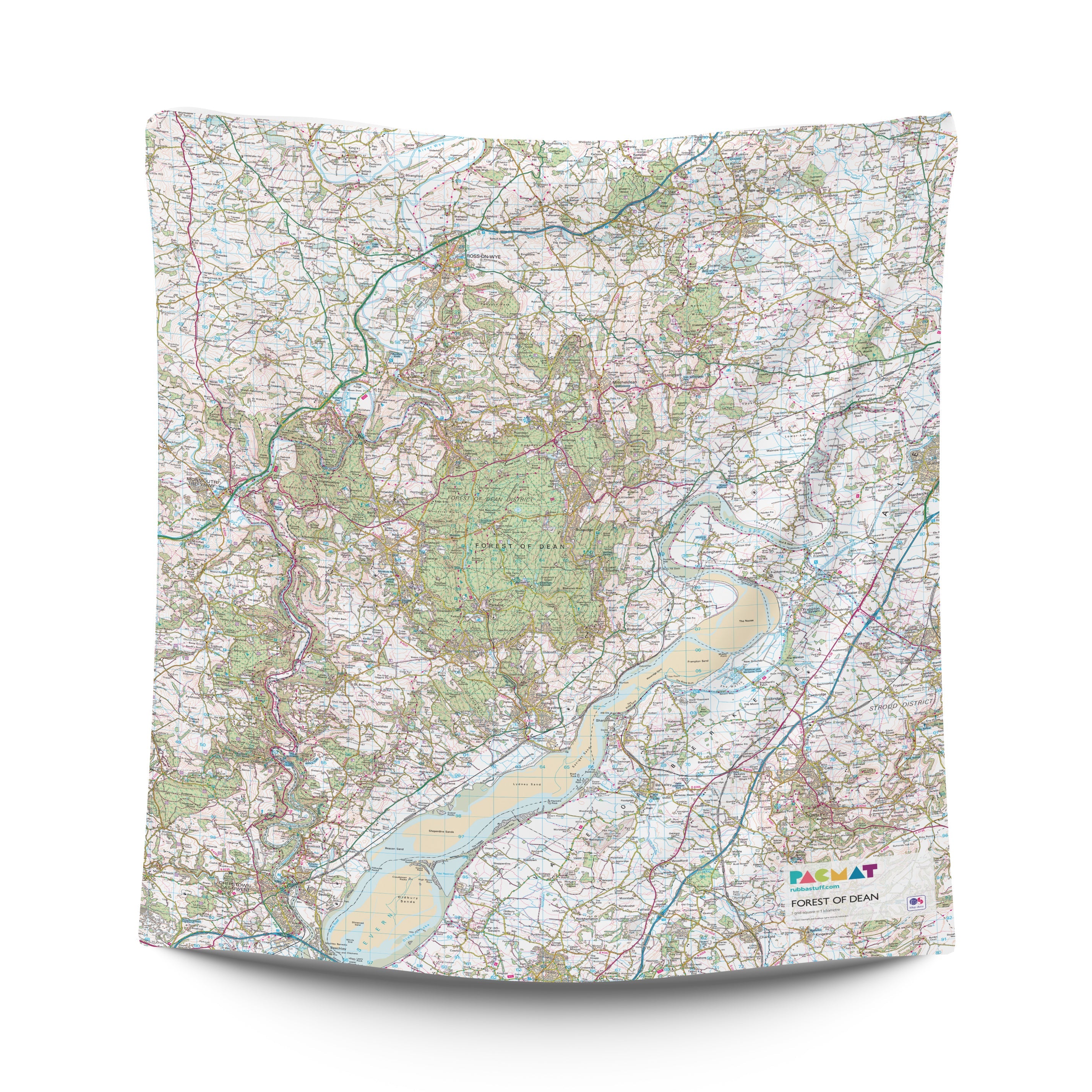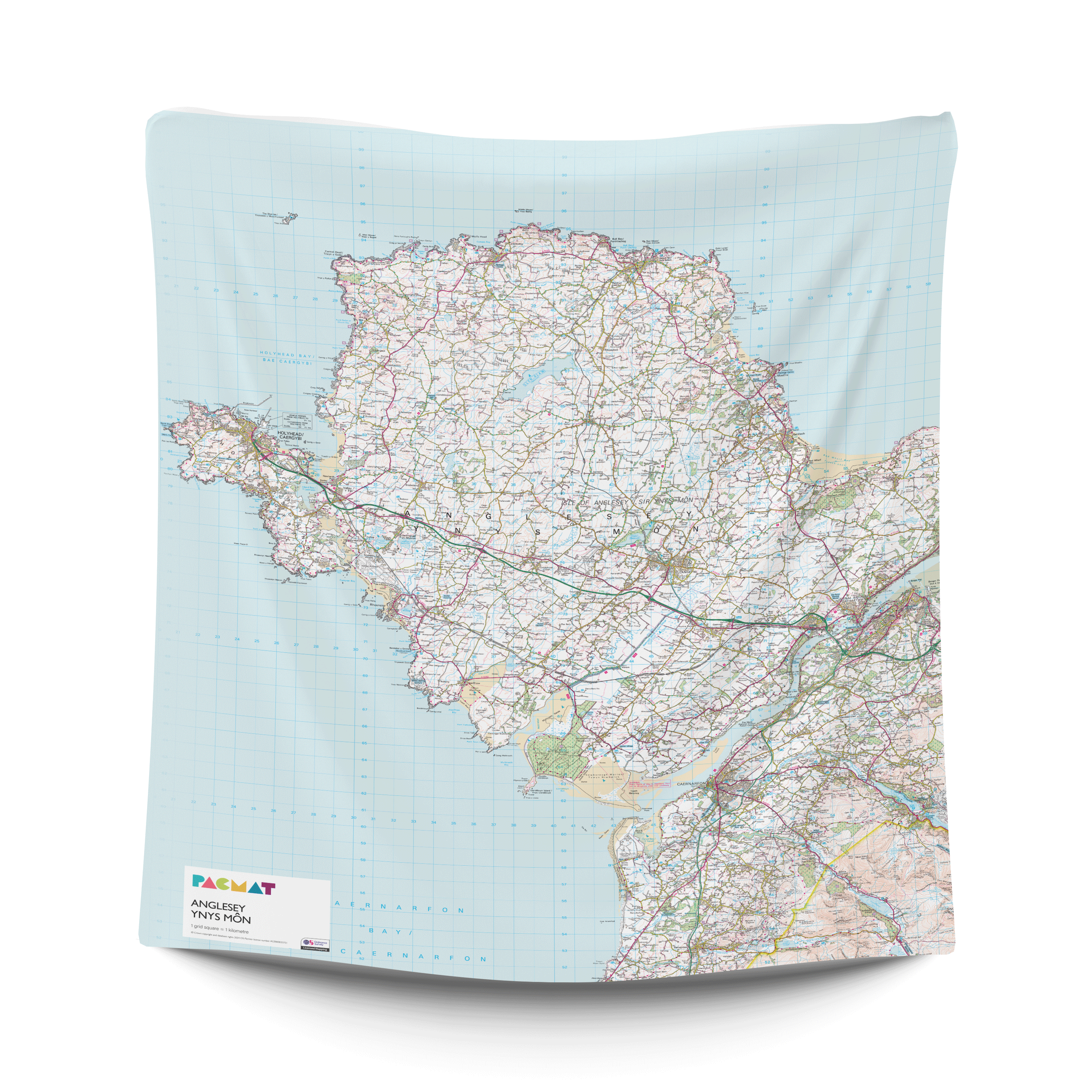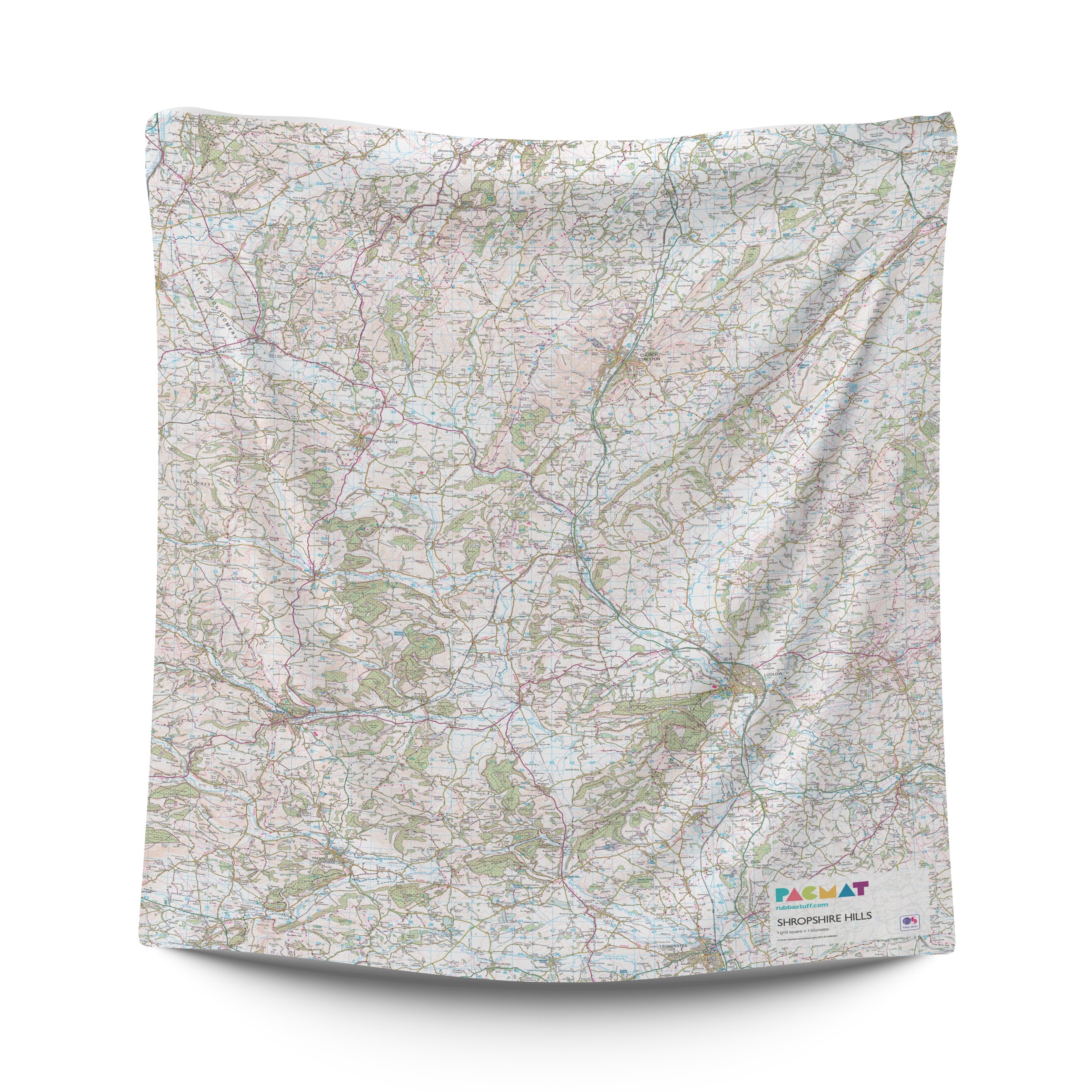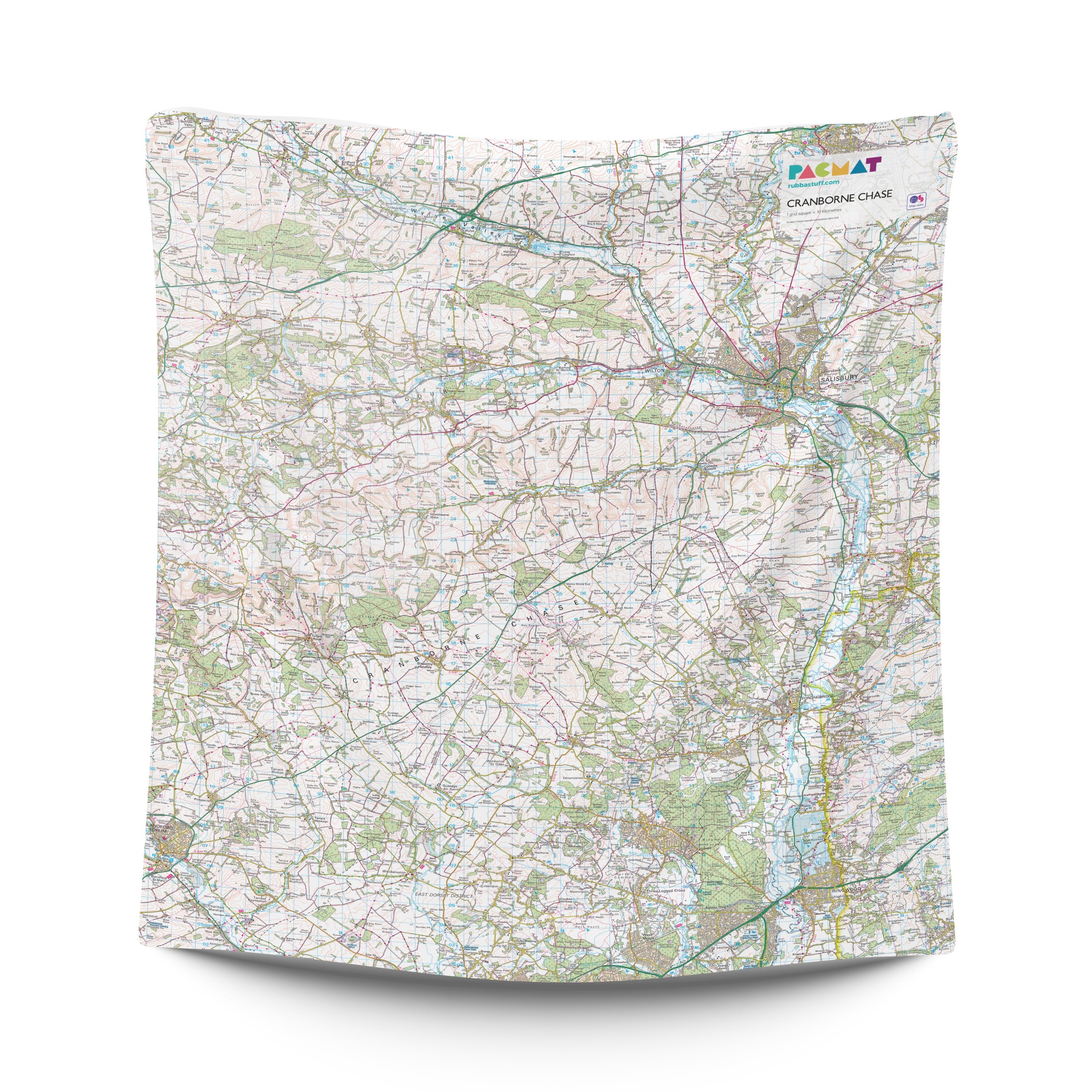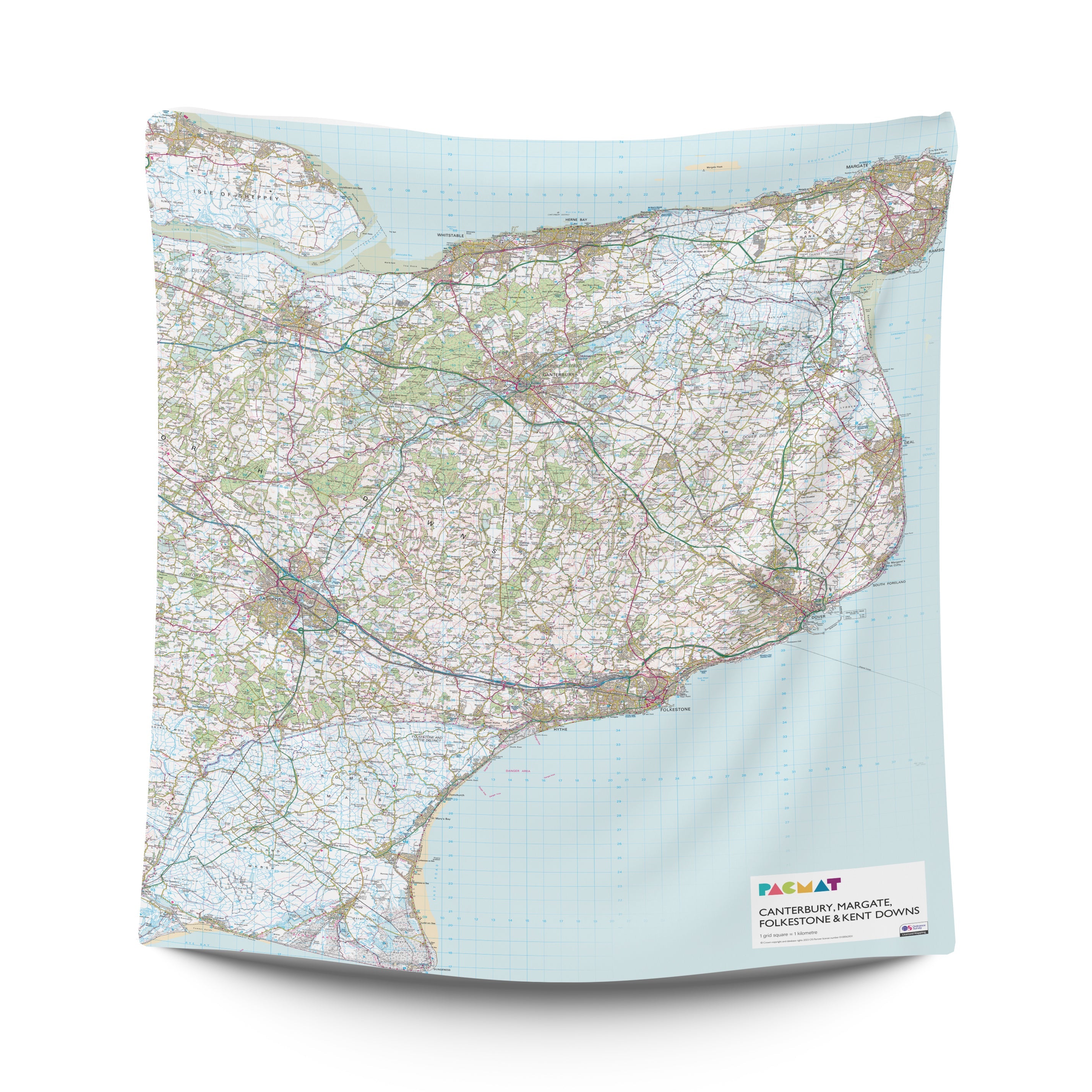Outdoor Dining
Outdoor dining gear that’s solid, sustainable and built to last. This collection includes sturdy stainless steel containers, clever cups, soft picnic mats and dependable stoneware platters – all chosen for their durability and ease. Good-looking, well-made pieces that handle weather and wear without fuss. No throwaway bits. Just useful things made to enjoy again and again.
Show next 15 items
FAQs about Outdoor Dining
Which outdoor dining items are truly buy-it-for-life?
The best buy-it-for-life outdoor dining items are made from durable, repairable, and weather-resistant materials like stainless steel, enamelware, and FSC-certified wood. These materials can withstand repeated outdoor use and tend to age gracefully. Look out for products with lifetime guarantees or spare parts available - always a good sign. Bonus points if they’re UV or dishwasher safe. A bit of seasonal care helps too: stash them indoors over winter and keep wooden bits dry. Learn more about how we select them on our research process page.
How should I clean and store outdoor dining sets to keep them in top condition?
To keep your outdoor dining sets in top condition, wash everything with warm soapy water and dry thoroughly before storing. Avoid leaving items outside overnight, especially wood or fabrics - they don’t appreciate a soggy British summer. Store pieces somewhere dry and covered over winter, and place padding between breakables. Keep rust at bay by using breathable containers for metal items. For more tips that’ll make your kit last longer than your garden gnome, visit our Product Care & Repair hub.
Are stoneware platters suitable for year-round outdoor use?
Stoneware platters are best for occasional outdoor use, rather than year-round exposure to the elements. They’re strong but can crack if left out in frost or hit by sudden temperature changes - bit like the rest of us, really. High-fired stoneware is especially tough and won’t chip easily, so it's fine for alfresco serving now and then. Just remember to bring it indoors when the party’s over.
What eco-friendly materials are best for picnic cups and containers?
The best eco-friendly materials for picnic cups and containers include stainless steel, bamboo fibre, recycled plastic, and silicone. Stainless steel is remarkably tough and doesn’t hang on to flavours, while recycled plastics and bamboo fibres reduce waste without feeling flimsy. Silicone lids are flexible, spill-proof, and often recyclable too. Just make sure everything is BPA-free, and avoid anything labelled single use - it’s picnic season, not landfill season.
Can soft mats and rugs withstand wet or muddy ground?
Soft outdoor mats and rugs can handle damp or muddy ground if they’re made from quick-drying materials like recycled polyester or polypropylene. These hardy fibres are often used in camping kit and don’t mind a bit of muck. Look out for stain-resistant finishes, and stitched edges to stop unravelling. After use, give them a good shake, dry them out fully, and store flat if you can. No harm in pretending they’re high-maintenance - it keeps them going longer.
How can I make my garden dining setup more sustainable?
To make your garden dining setup more sustainable, ditch disposables and go for reusable, durable materials like FSC-certified wood, recycled metals, and natural fibres. Choose proper dinnerware over flimsy alternatives, invest in cloth napkins, and pick serveware that won’t need replacing every summer. Solar lighting and second-hand or fixable furniture can add charm and reduce waste. Local buys are another easy win - less transport, more tea in the garden. See our durable outdoor dining essentials here.
Which outdoor cutlery is safest and most durable for regular use?
The most durable and safest outdoor cutlery options are made from stainless steel or titanium - both resist corrosion and don't buckle under pressure (or picnics). Stainless steel, especially with a brushed finish, hides scuffs well and lasts for yonks. Some even come with lifetime guarantees or swappable parts, so you’re sorted for the long haul. Just sidestep the wobbly plastic stuff - it’s no good for hot food or the planet. Want to see a top-notch example? Check out our feature on Dalcini Stainless.

